WITH A CUBAN SONG IN THE HEART |CON UNA CANCIÓN CUBANA EN EL CORAZÓN
Iván Acosta
Not a novel of politics, not a history of Cuban music, not an autobiography, but an anecdotal and musical journey of a soul, “a Cuban, an exile, a Cuban-American” liberated by and with the music. A double album compilation on Un-Gyve Records and an exhibition of the album artwork coincides with the publication of With a Cuban song in the heart which includes both the English and Spanish versions of the text.
Iván Acosta on his balcony in Hell's Kitchen.
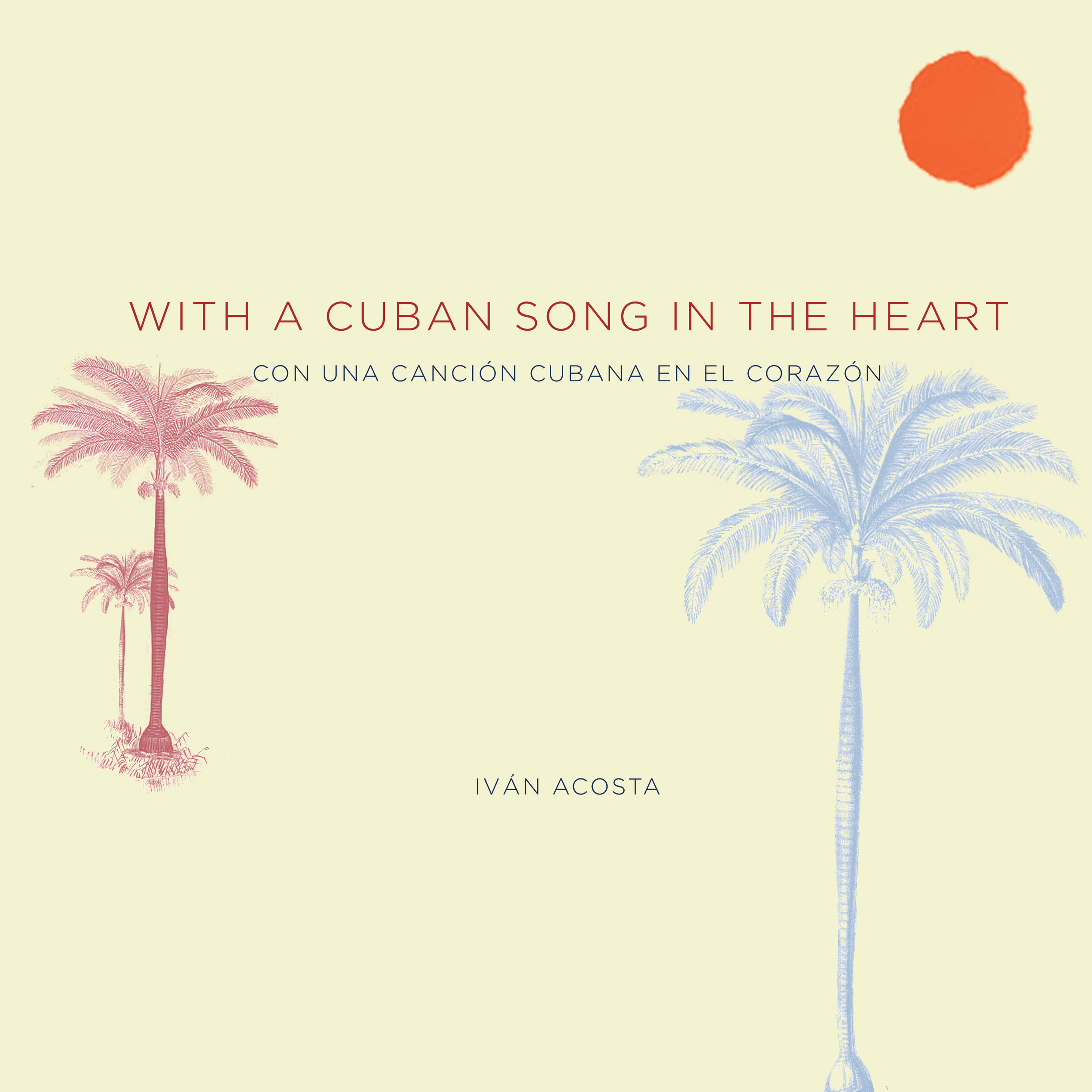
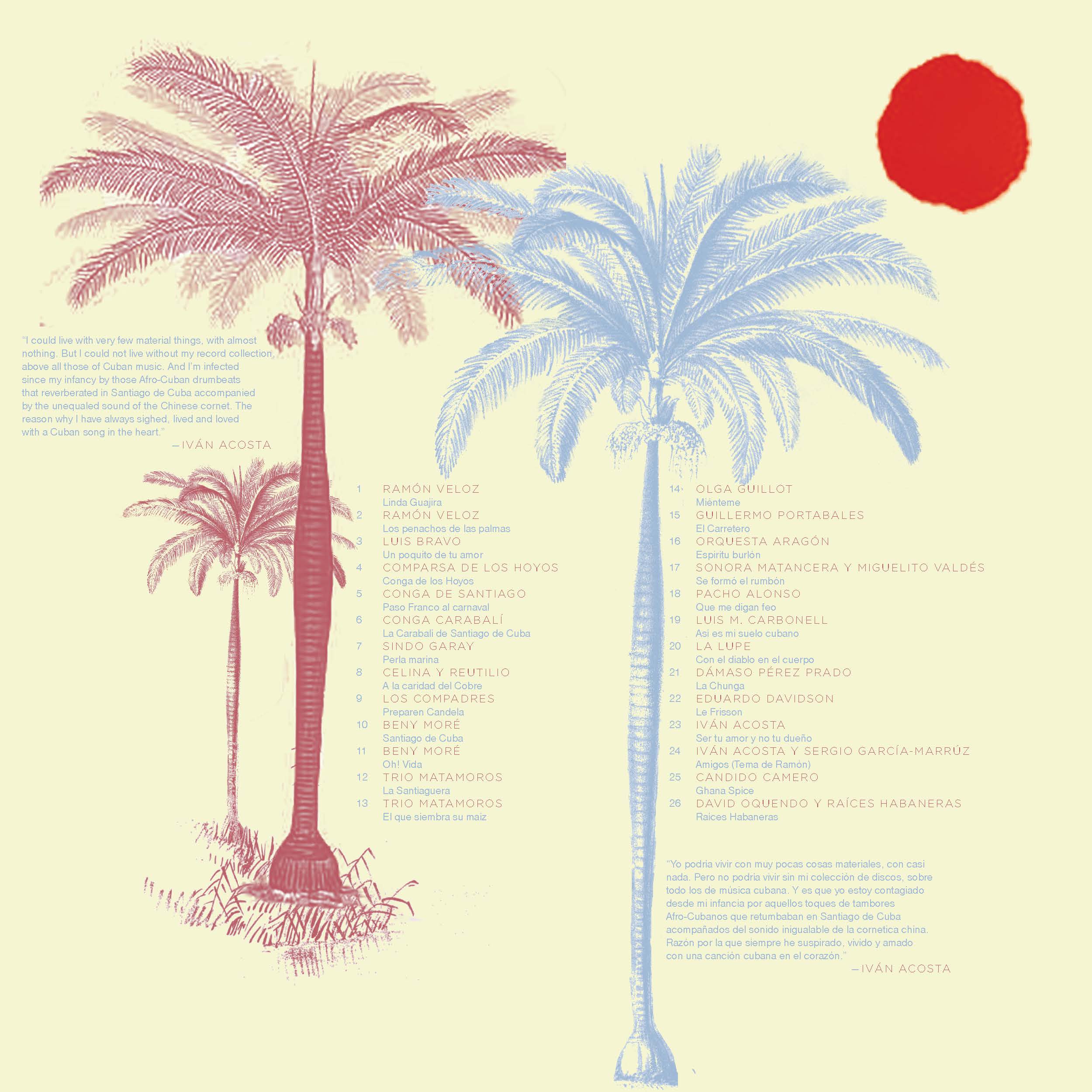
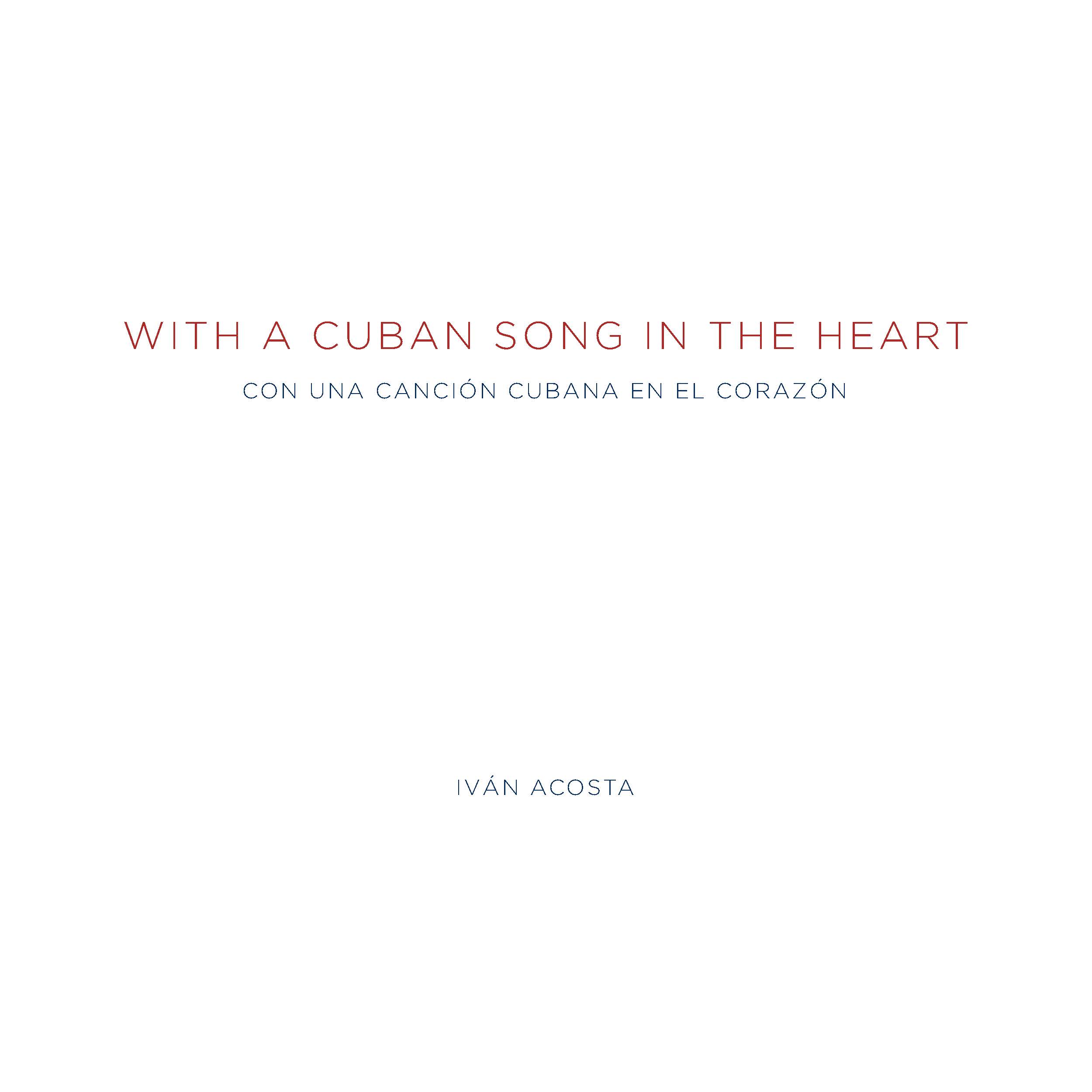

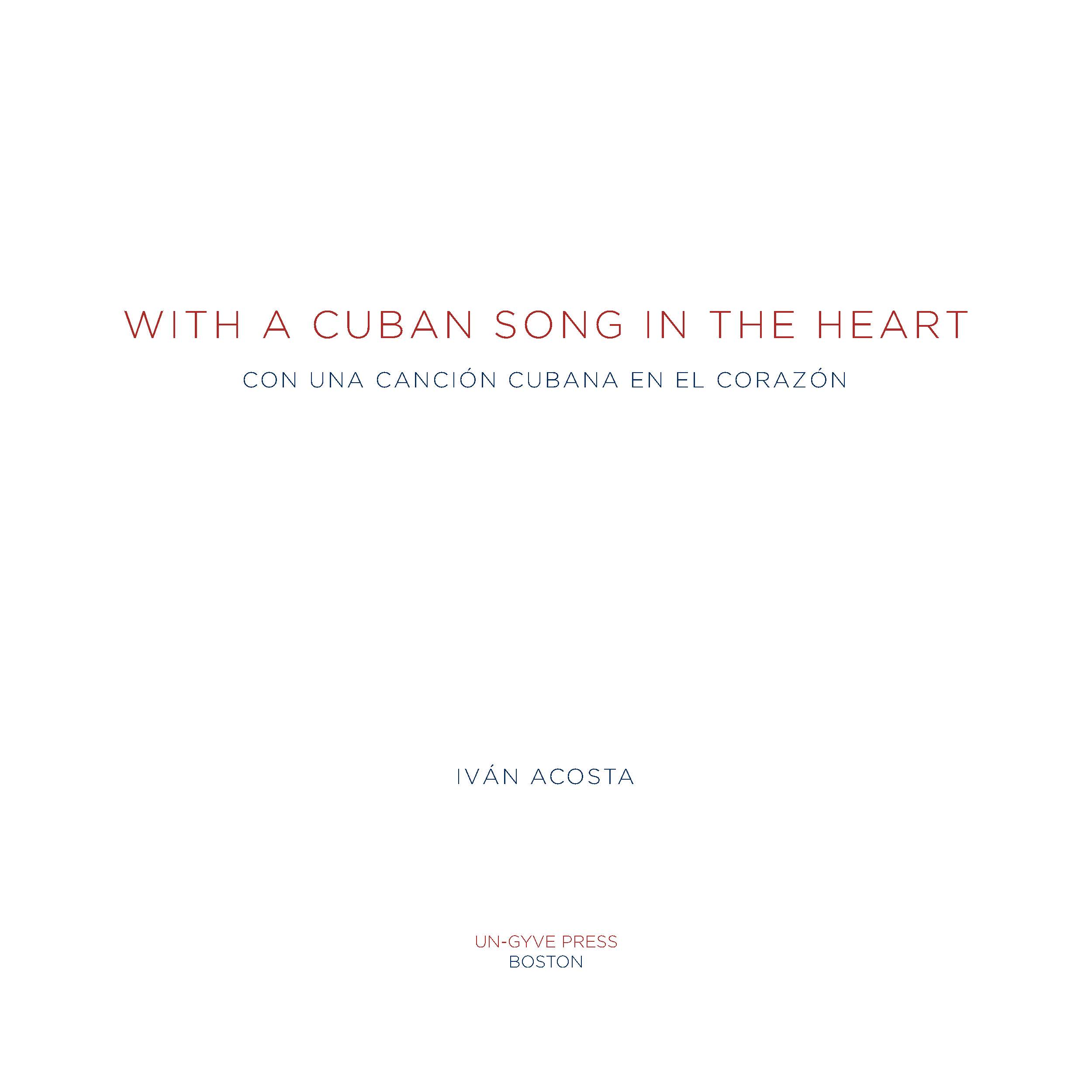




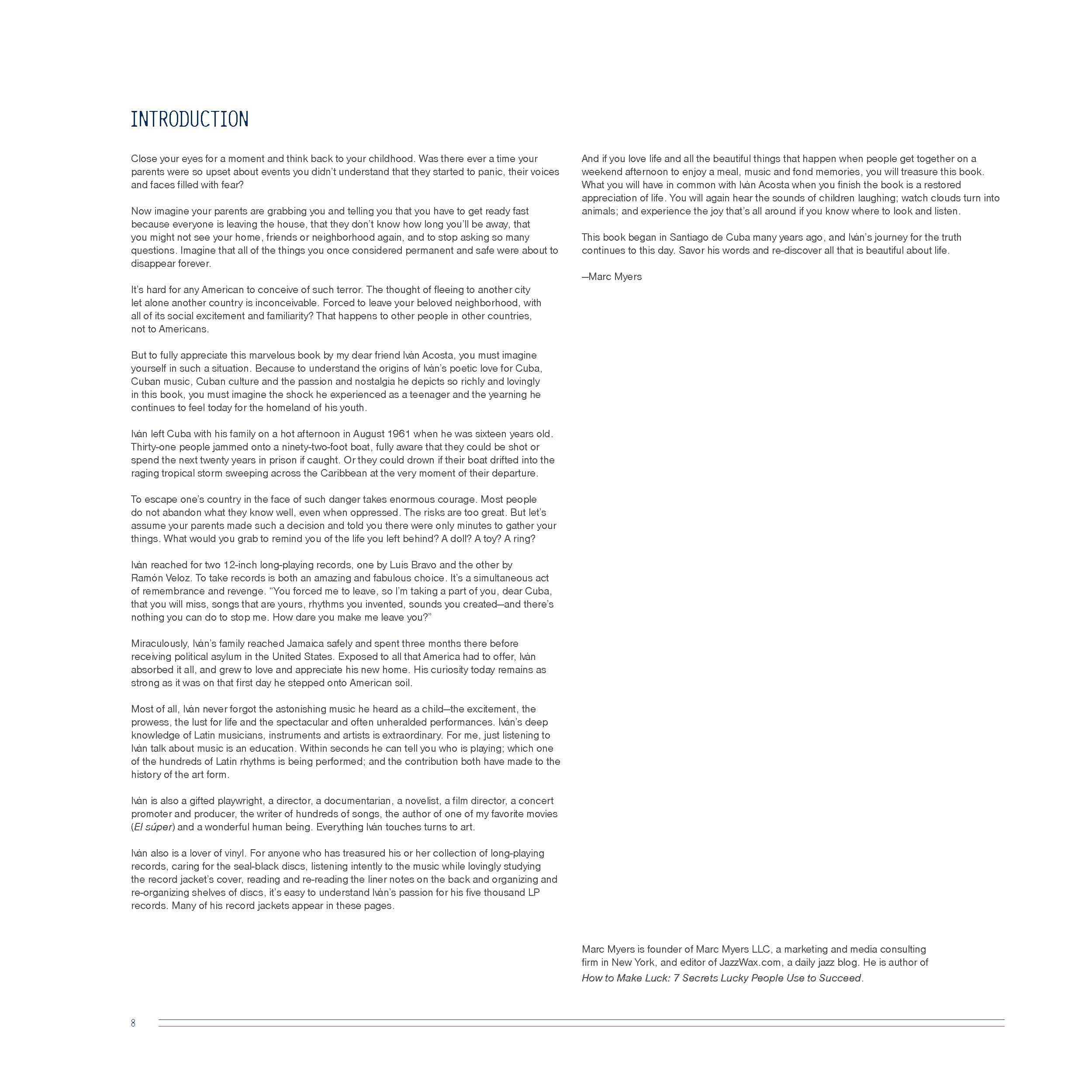
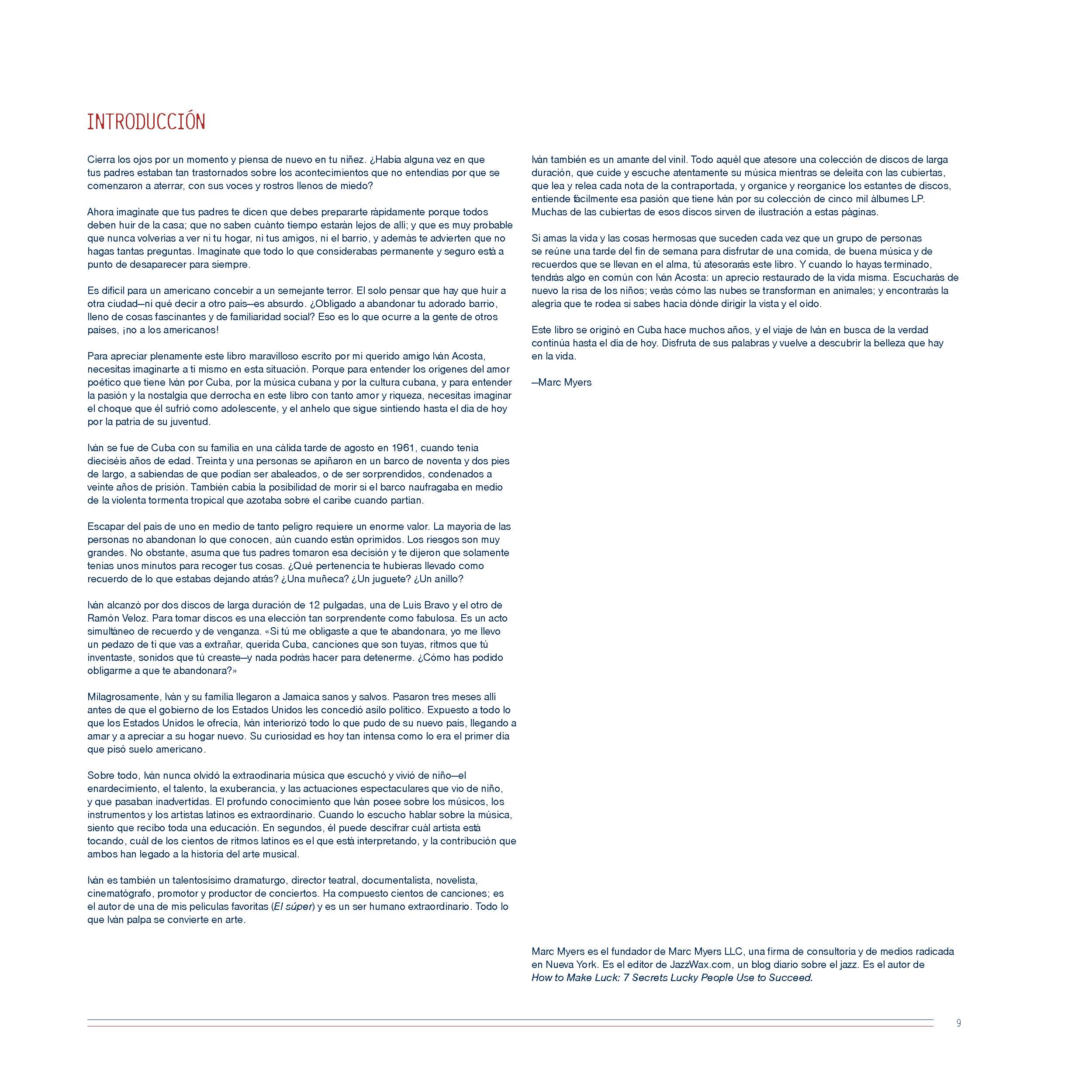
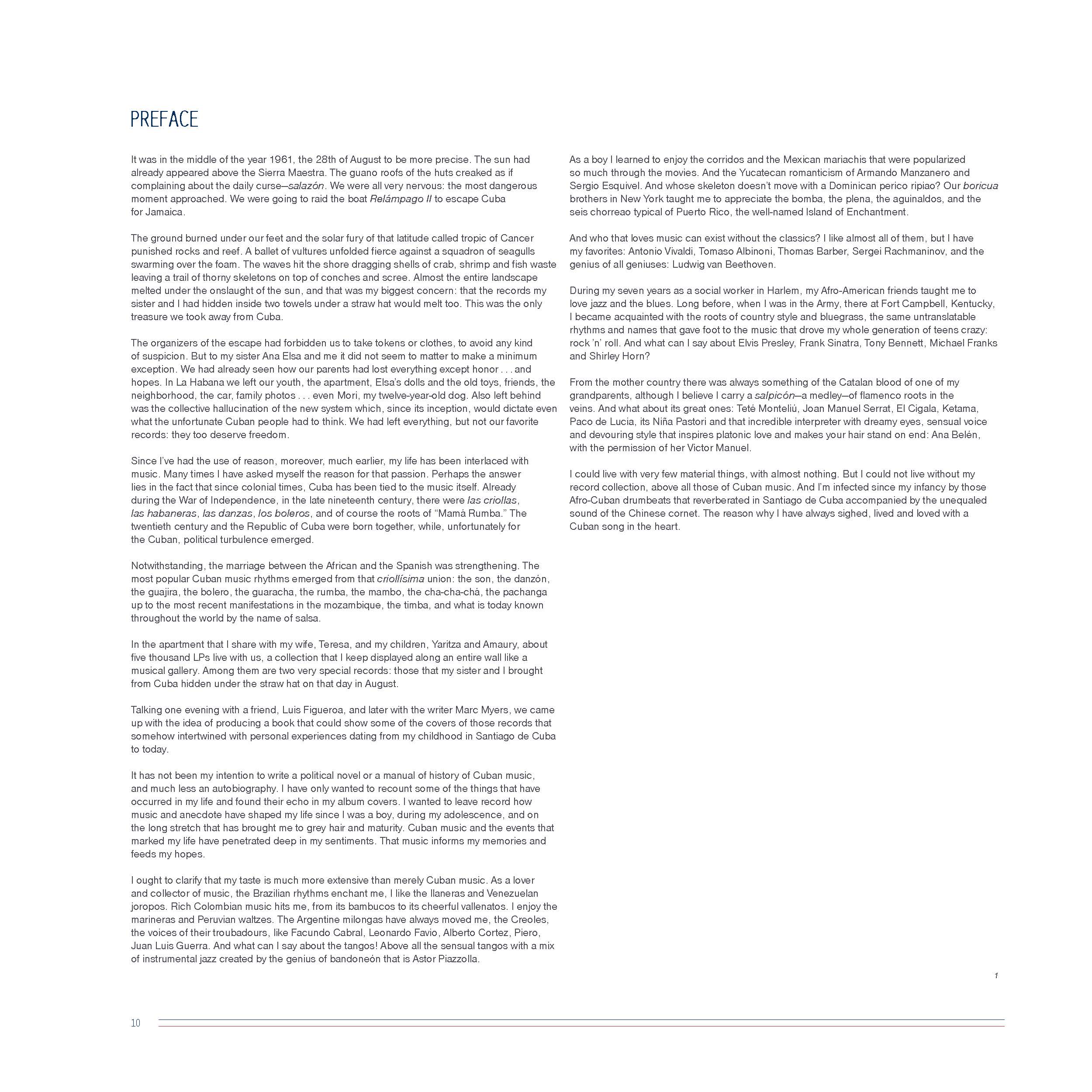
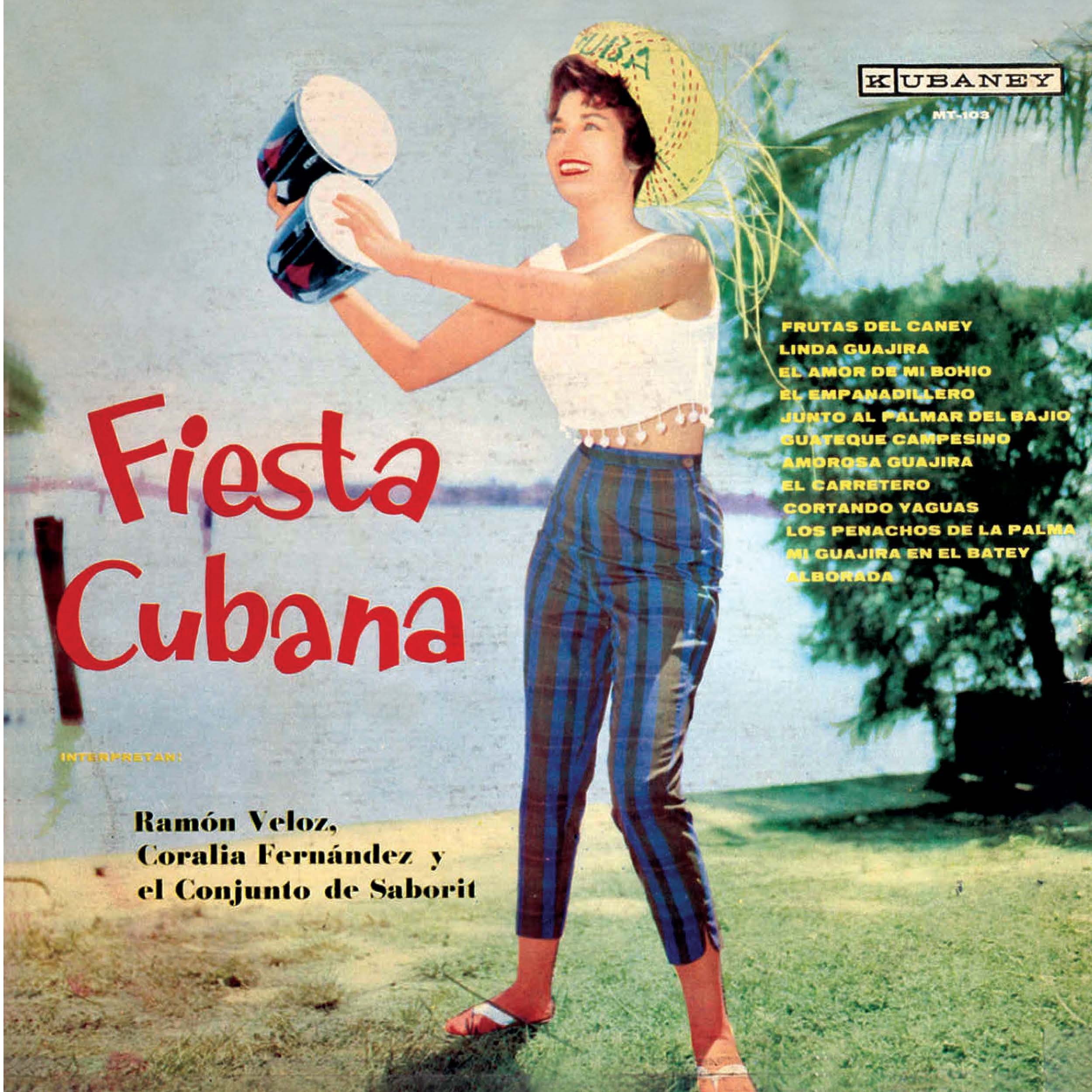
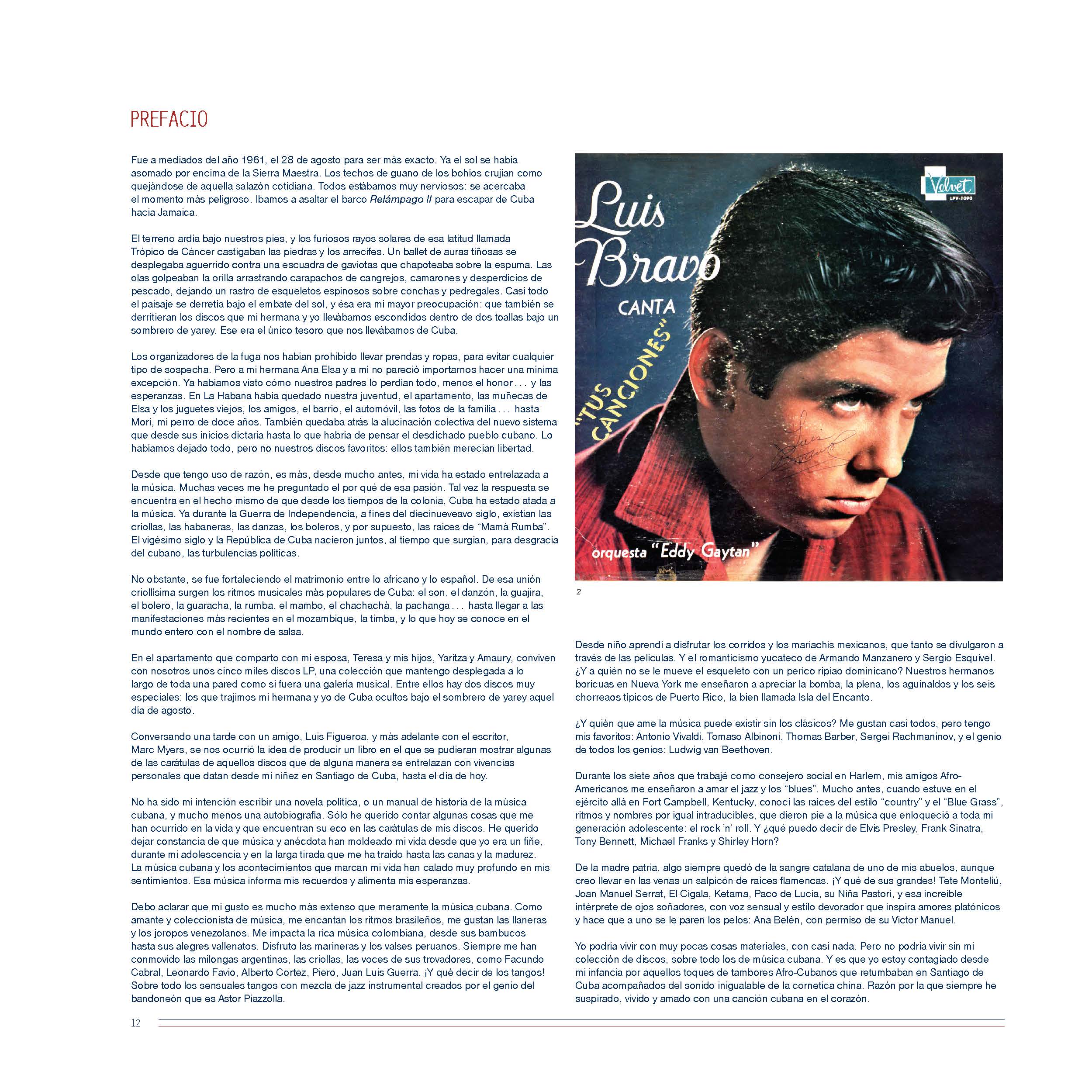
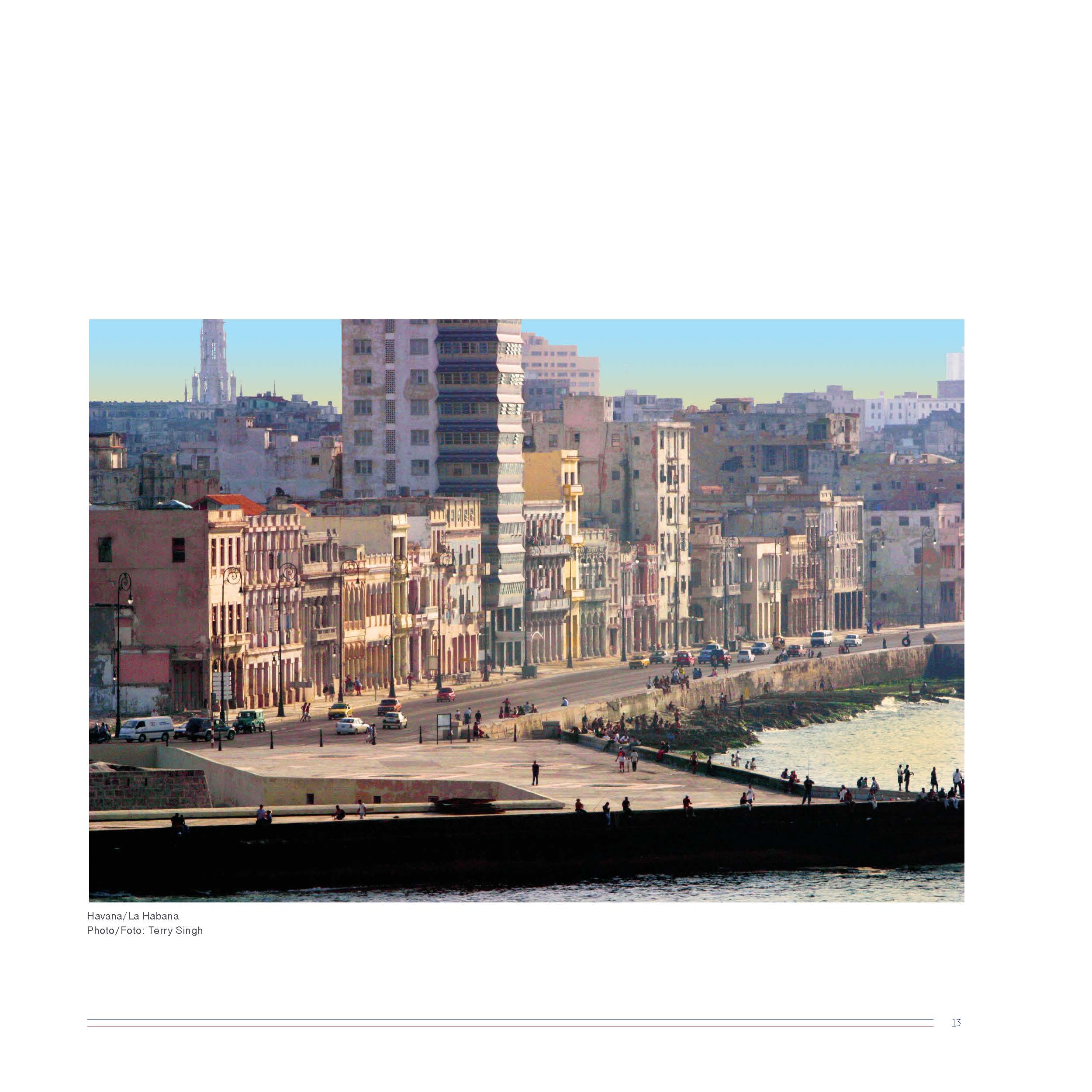
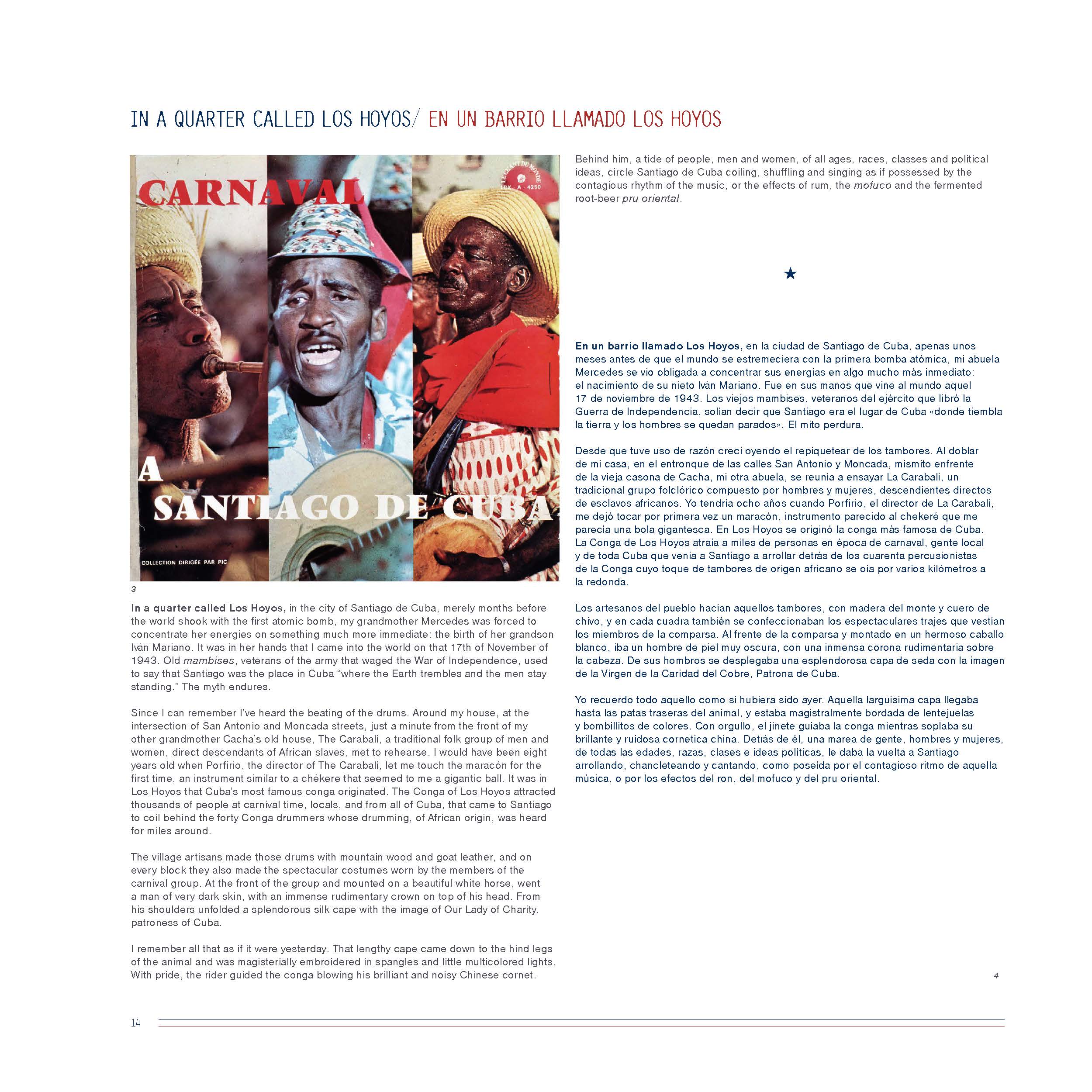
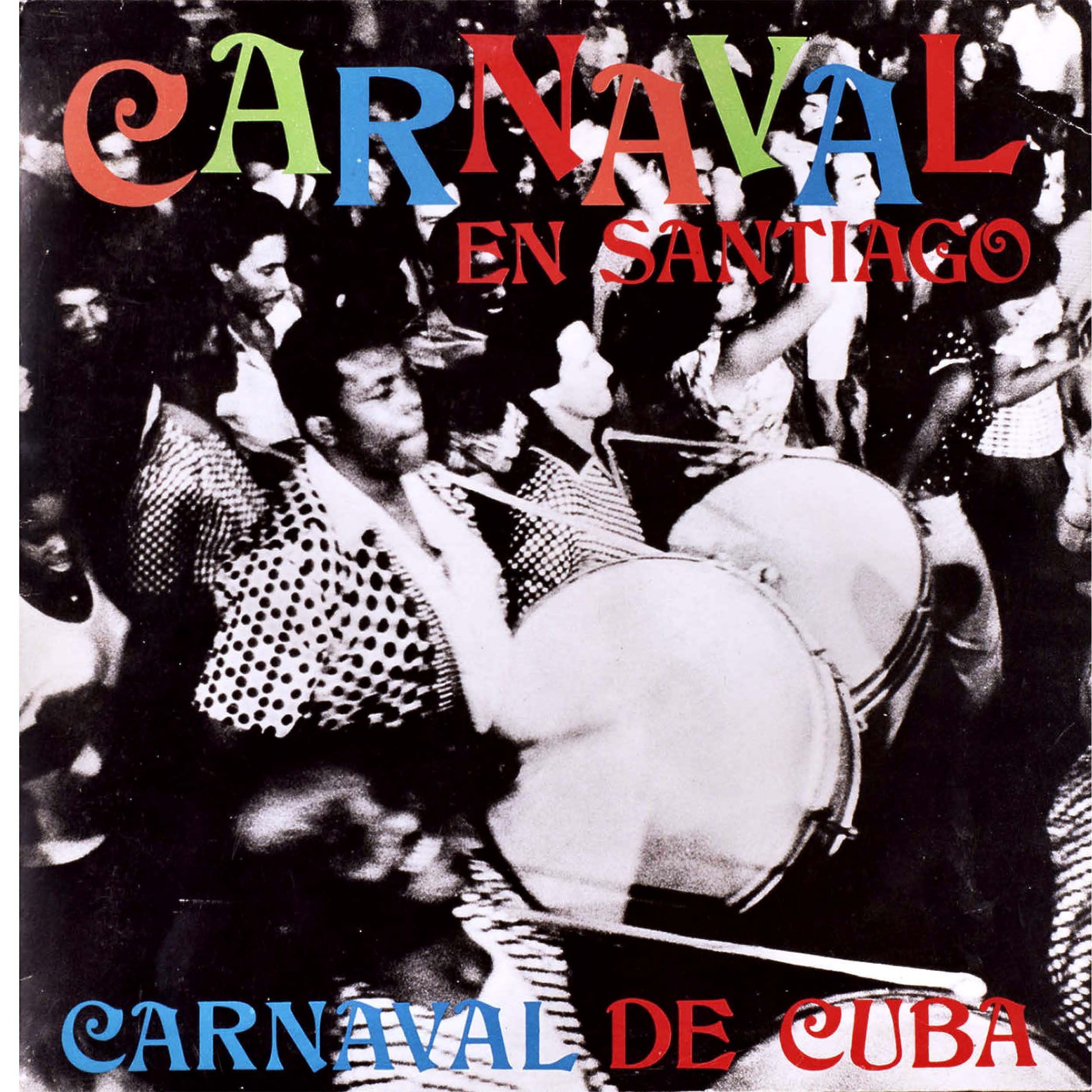
A double album compilation, compiled by the author from his own vast record collection on Un-Gyve Records (CD or vinyl) is included with this bilingual edition.
(Listen to the first track above.)
Iván Acosta was born in the neighborhood of Los Hoyos, in the city of Santiago de Cuba. A playwright, director of film and theater, advertising creative director, songwriter and producer of Latin jazz concerts and albums, he escaped the island by boat in August 1961 with his parents and sister. Since December of that year, he has lived in Hell’s Kitchen, two blocks from Times Square, in New York City. He studied film direction at New York University (NYU) and social studies at the New School University. He has written twelve plays, of which nine have been published. His theatre piece, El súper, premiered on November 5th, 1977—granting him international recognition which led to the eponymous film shot in 1979—is considered the most important play and film by Cuban exiles, winning over twenty prizes in the international arena. Acosta is the founder of the Cuban Cultural Center of New York (1972). His most recent work as a filmmaker, Rosa and the Executioner of the Fiend, is participating in several international film festivals.
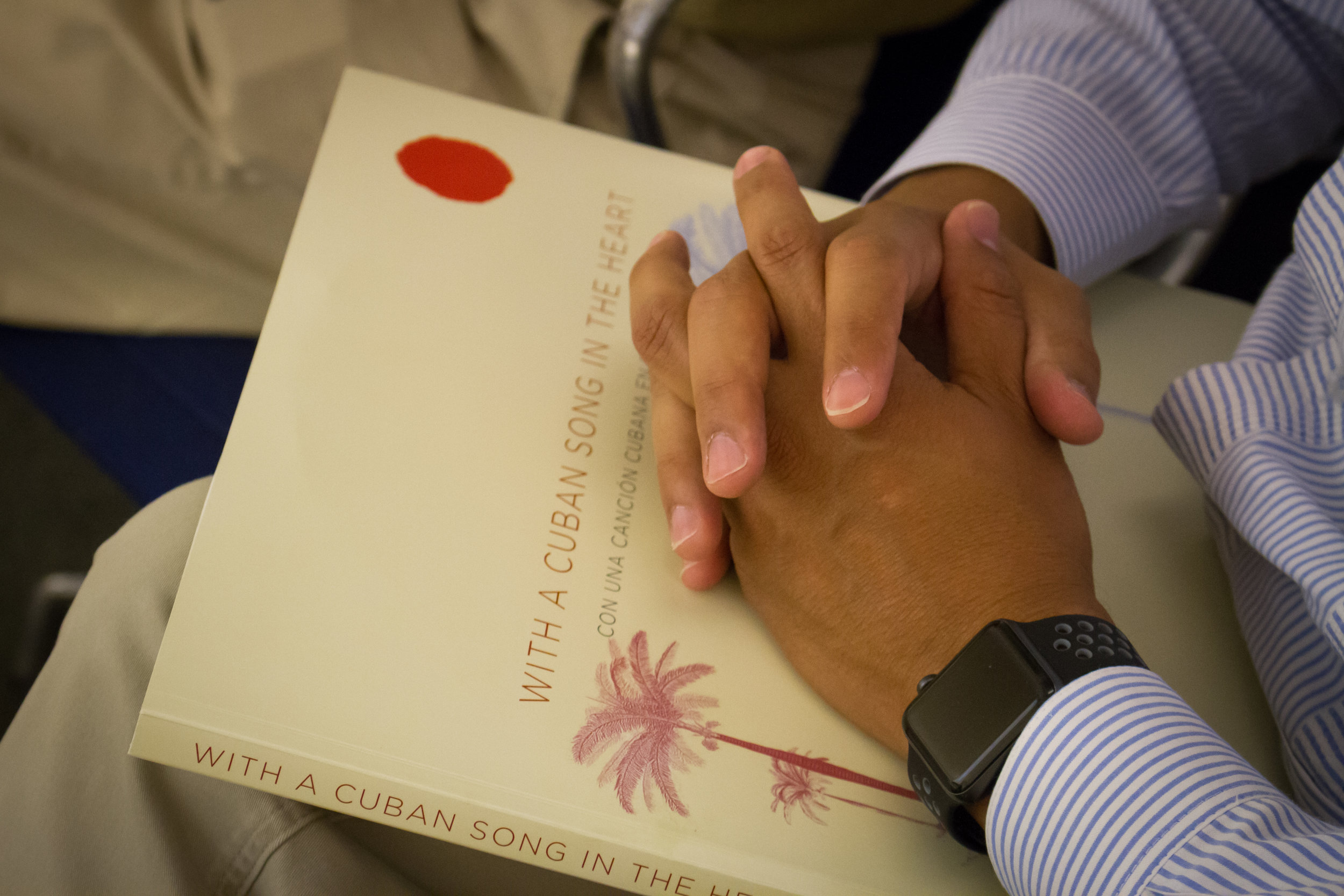
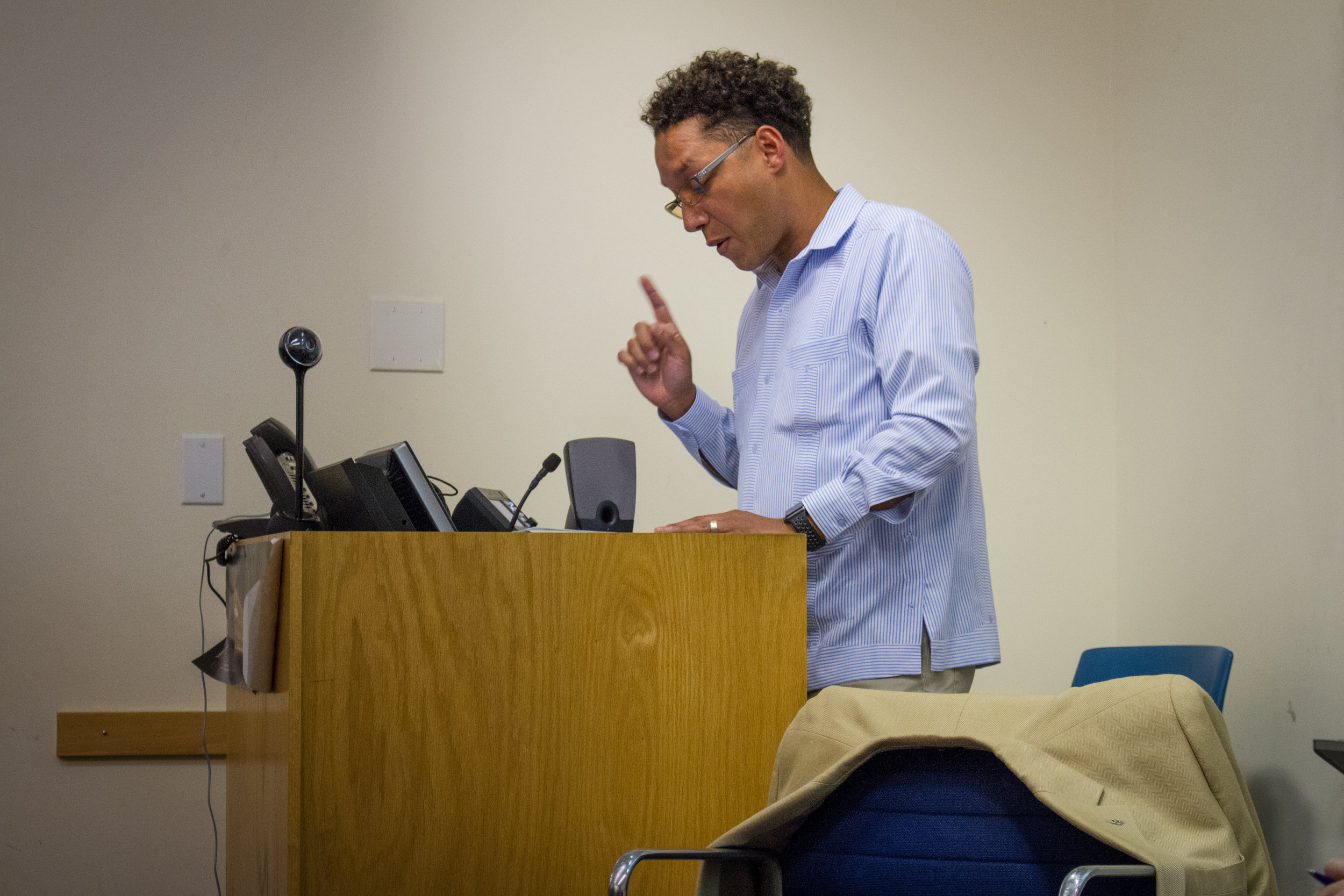
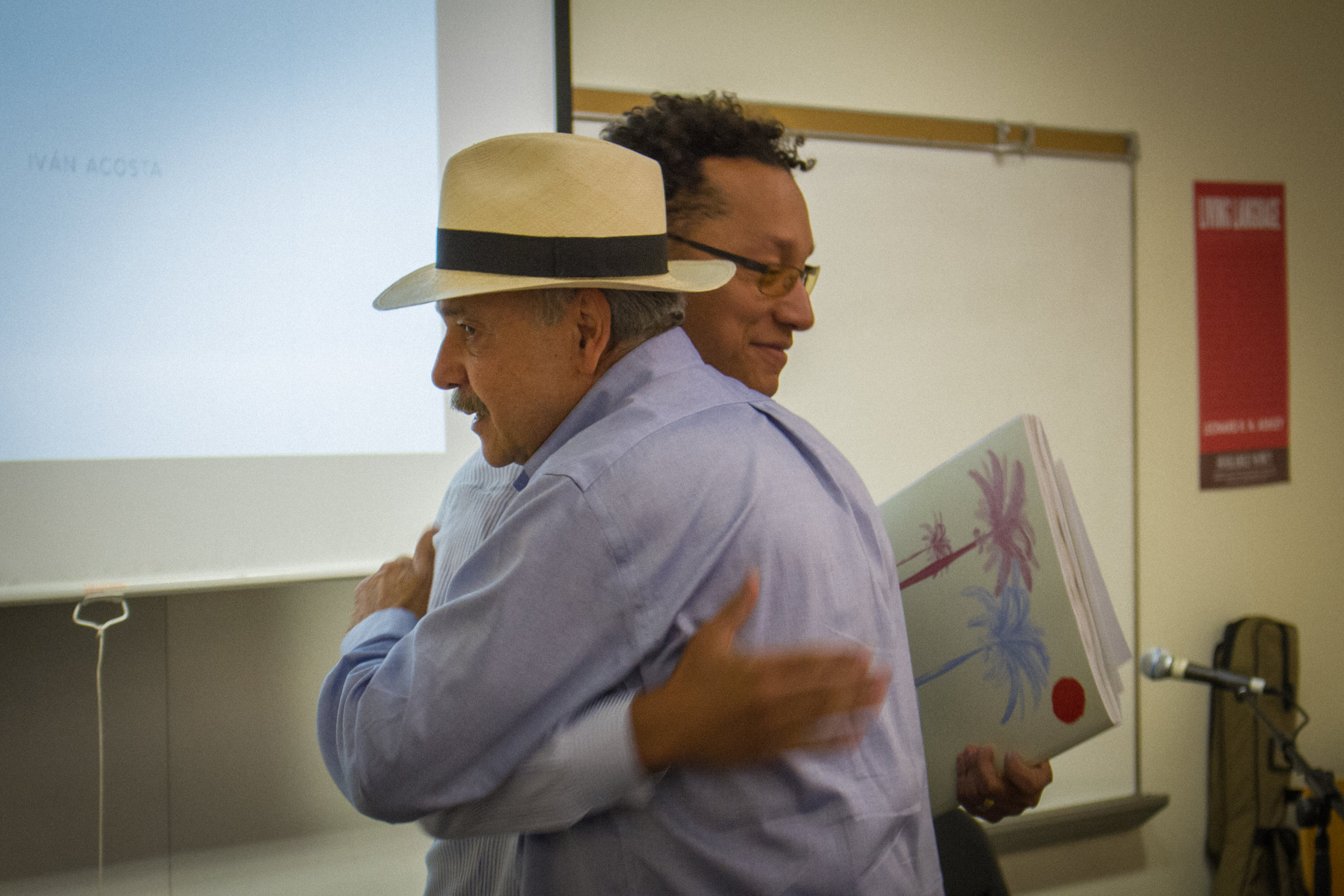
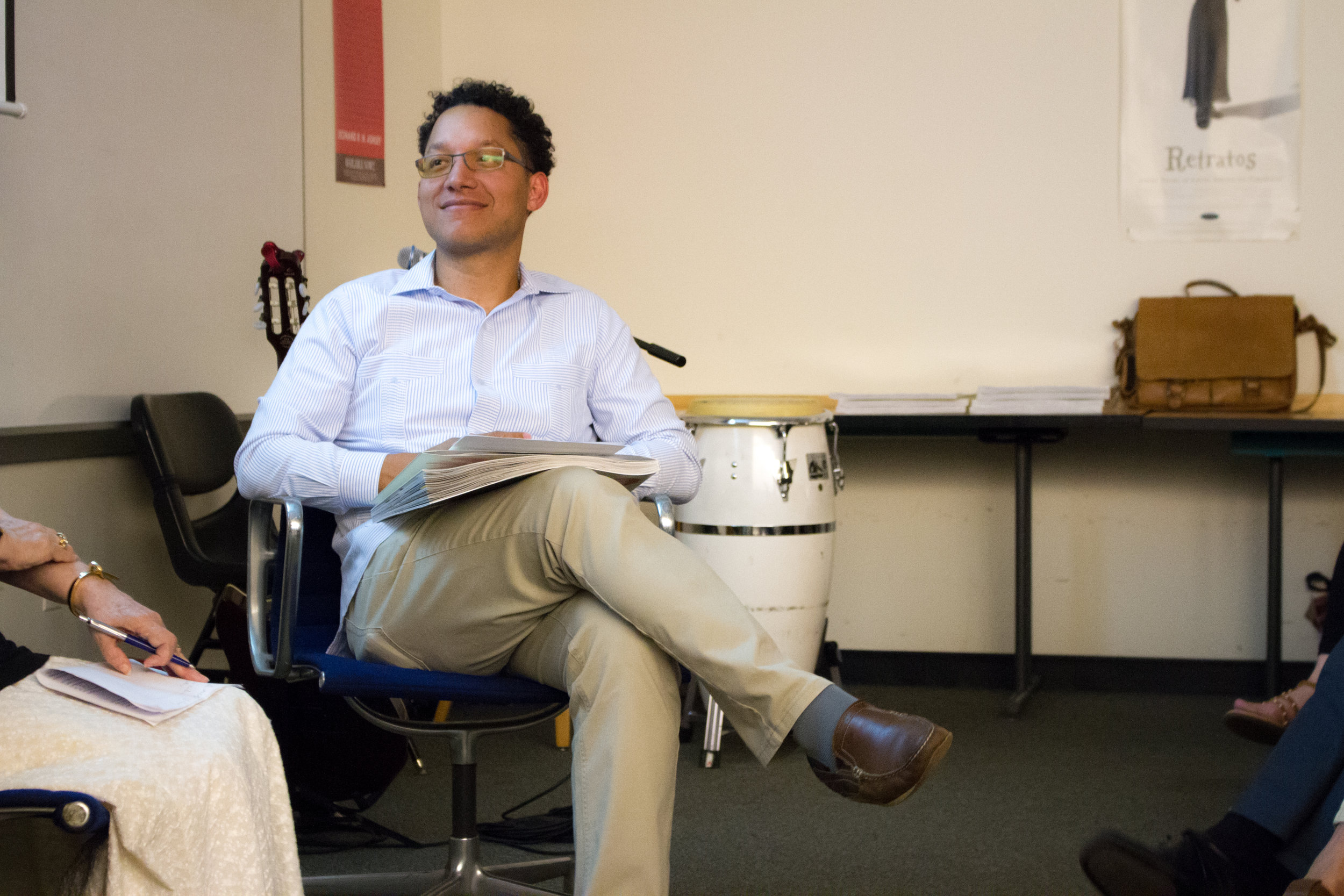

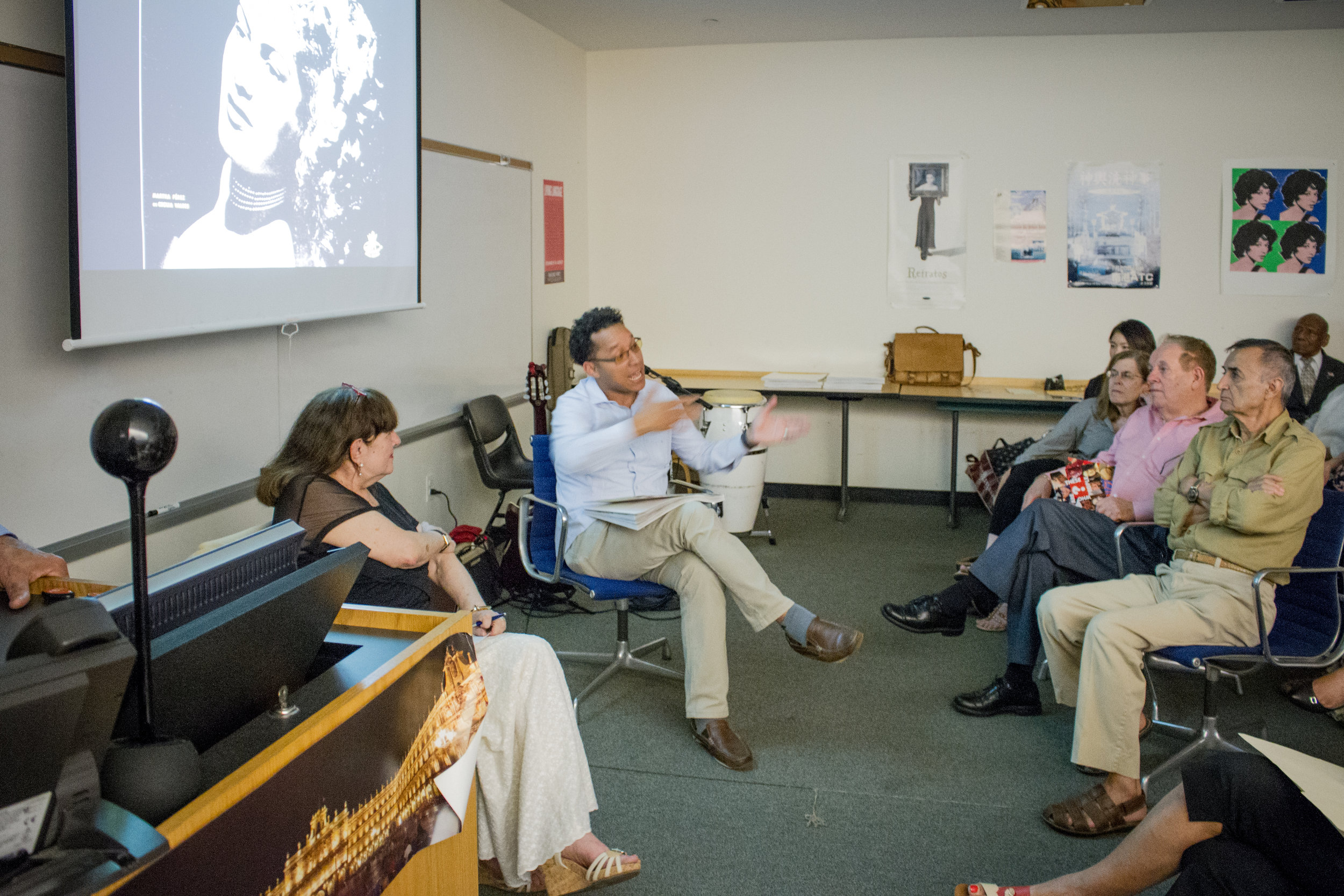
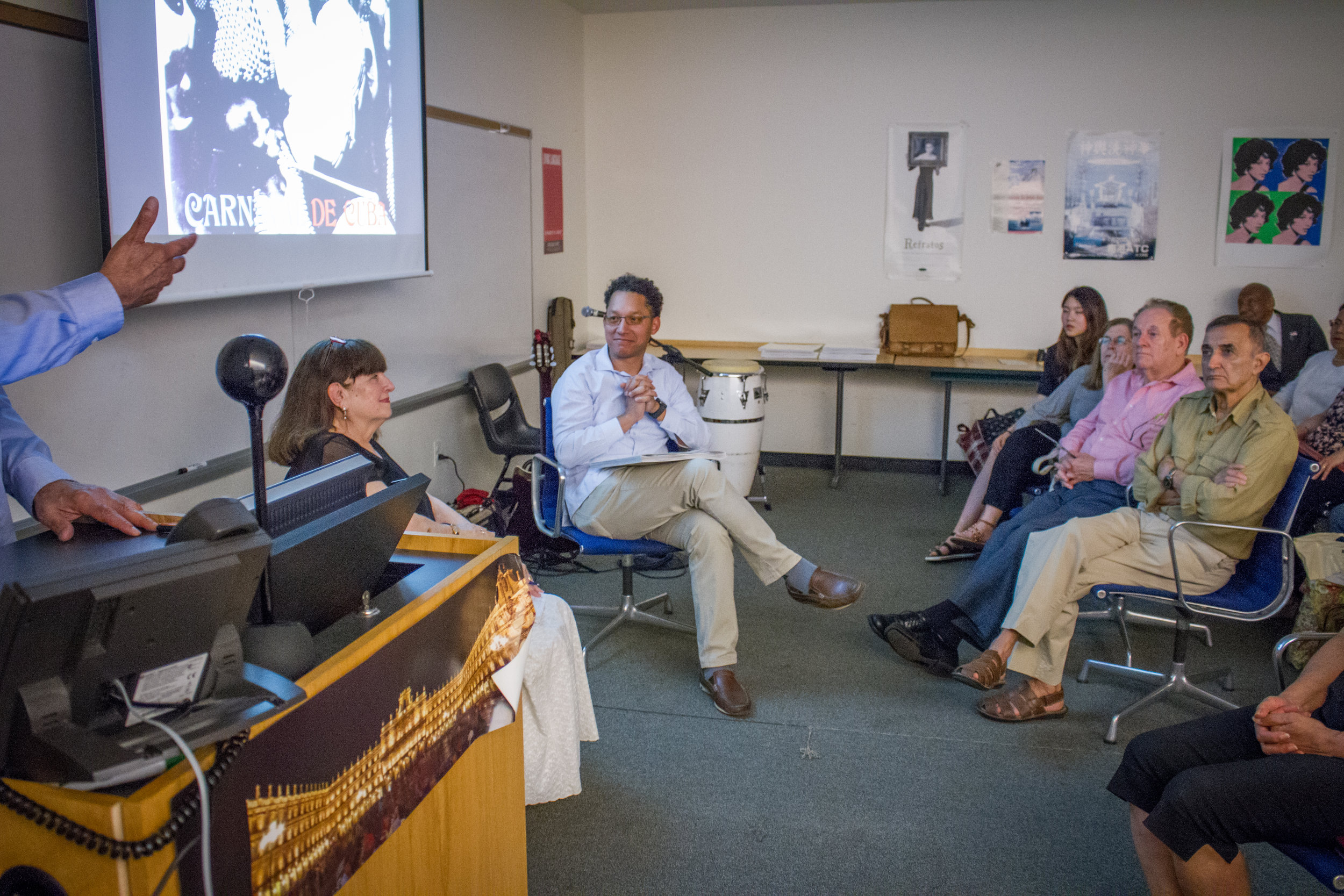
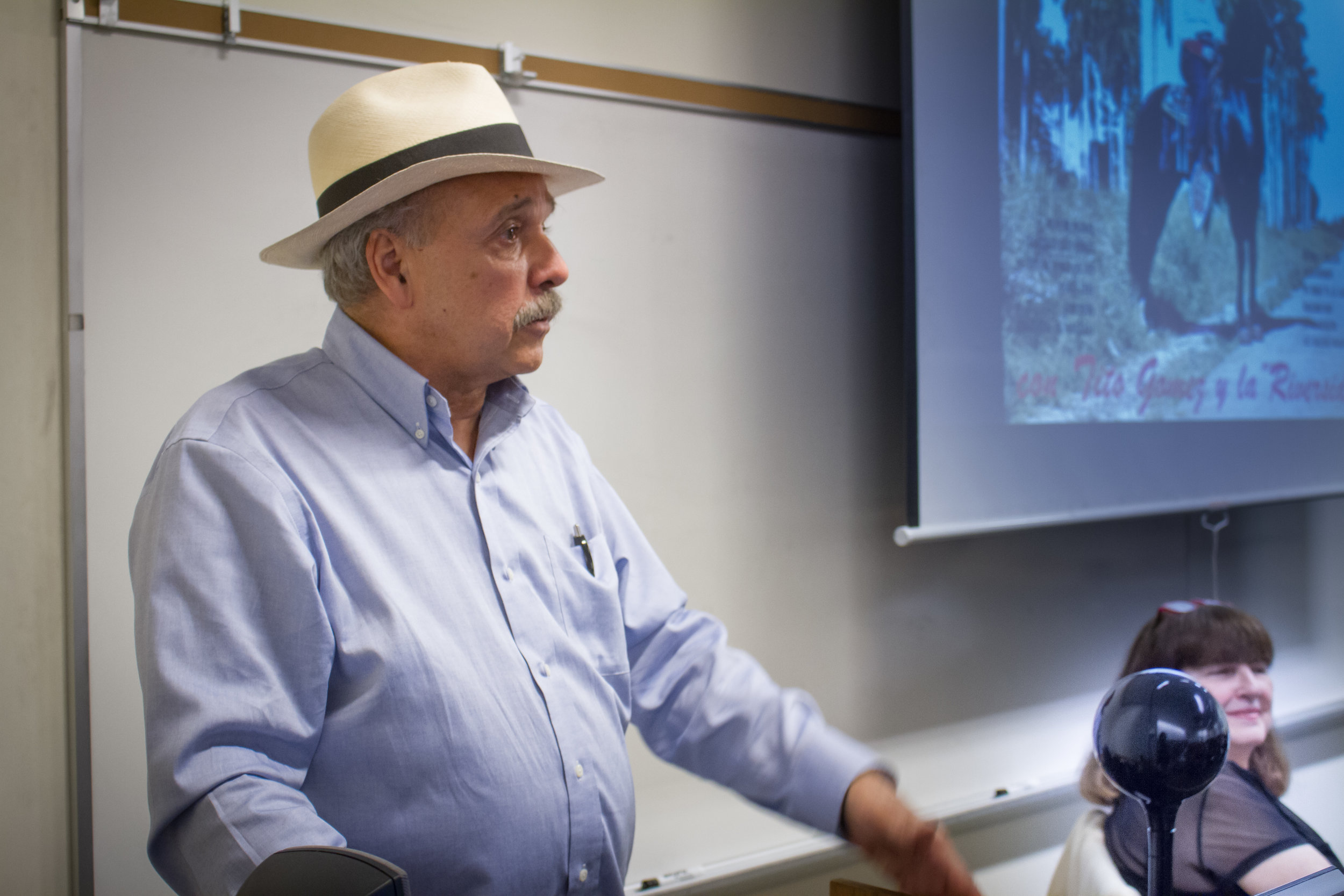
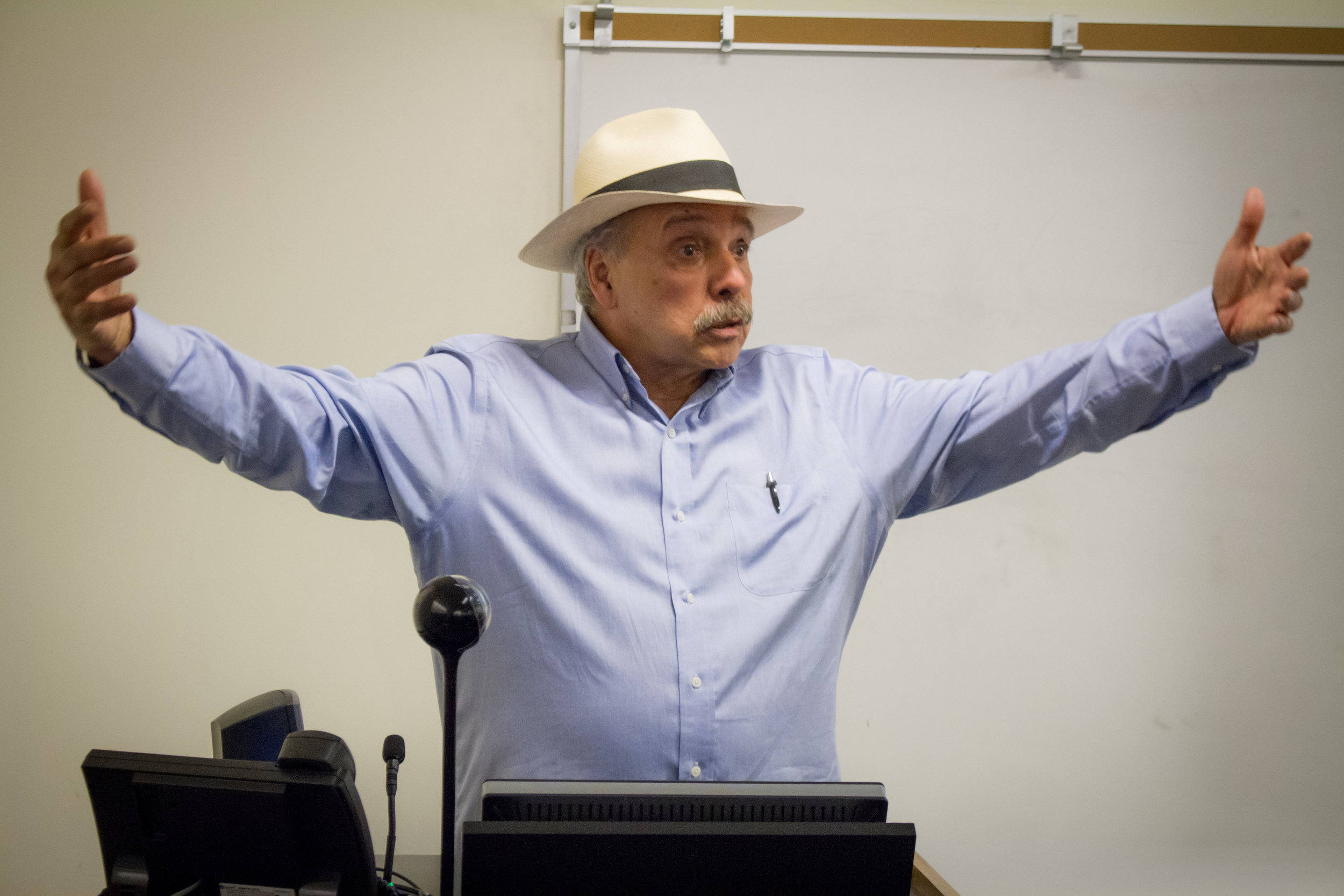
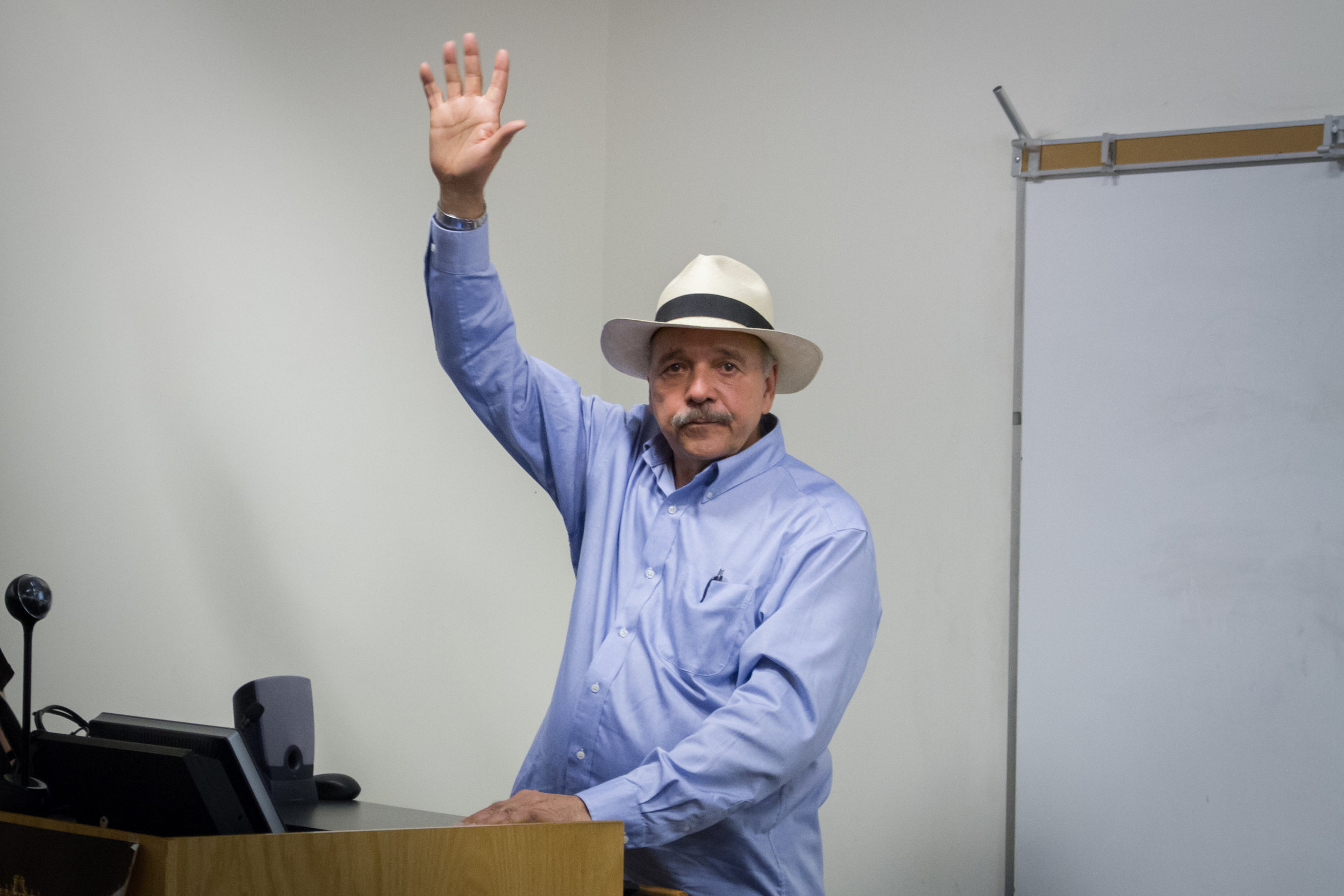
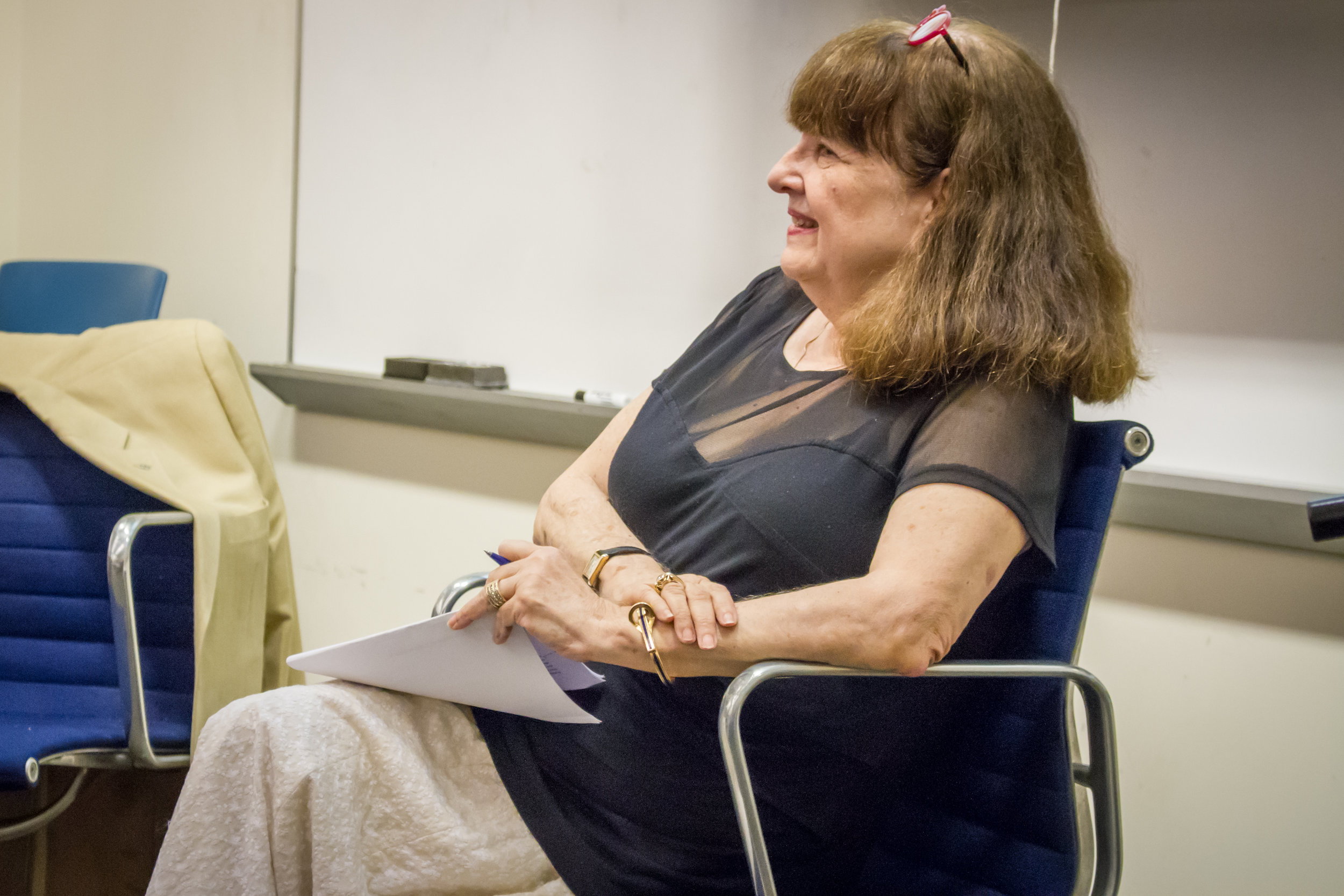
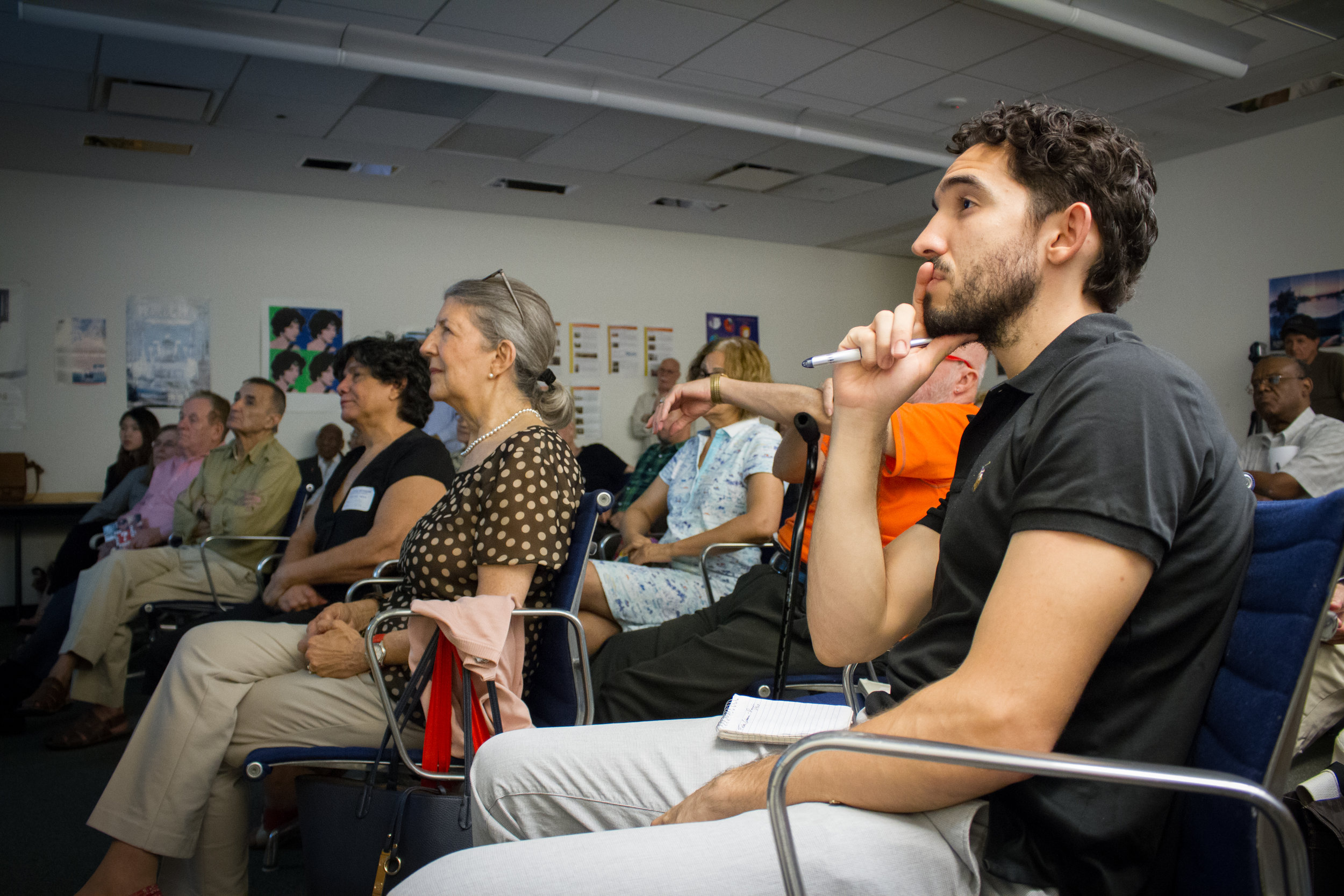
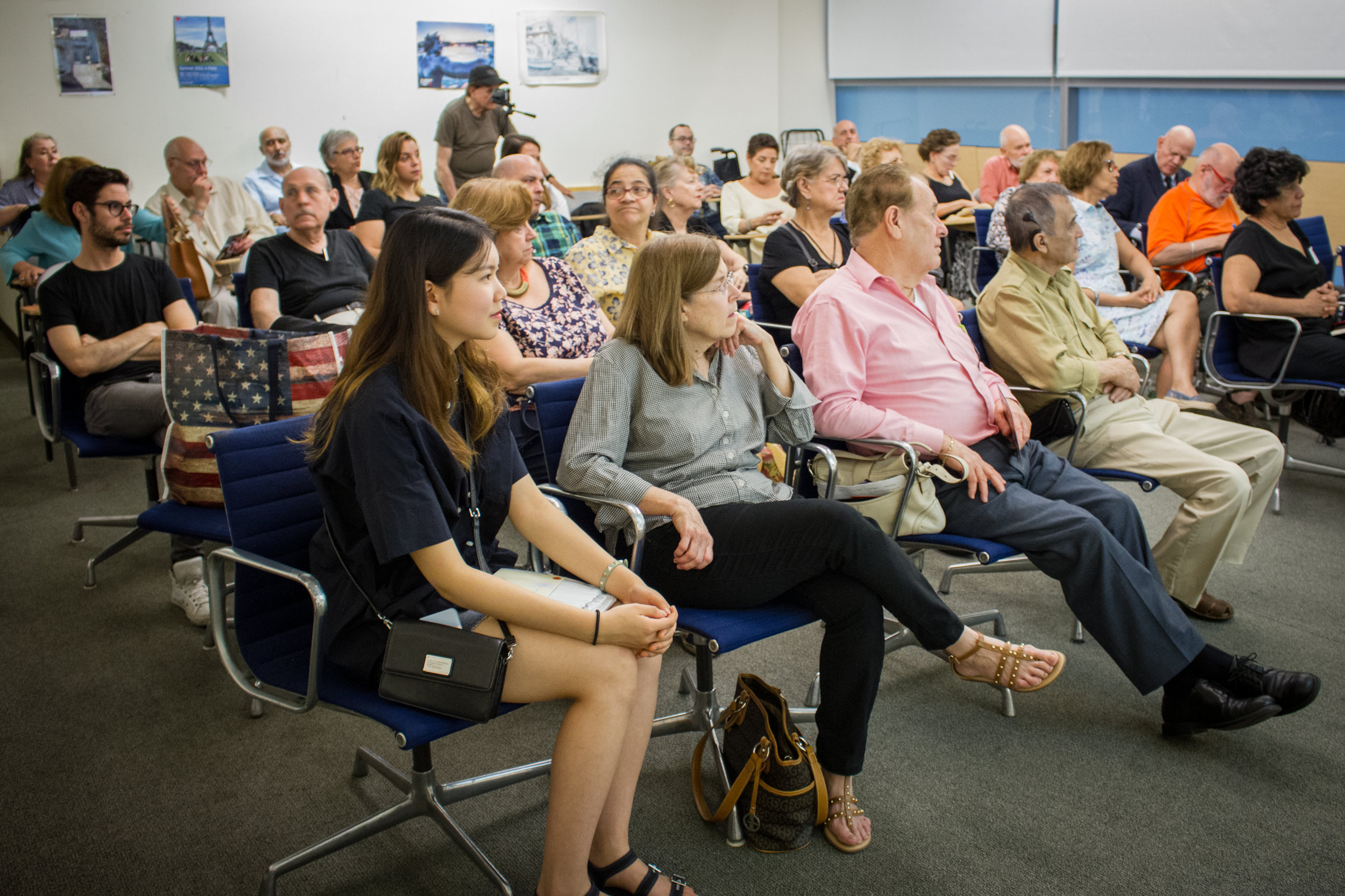
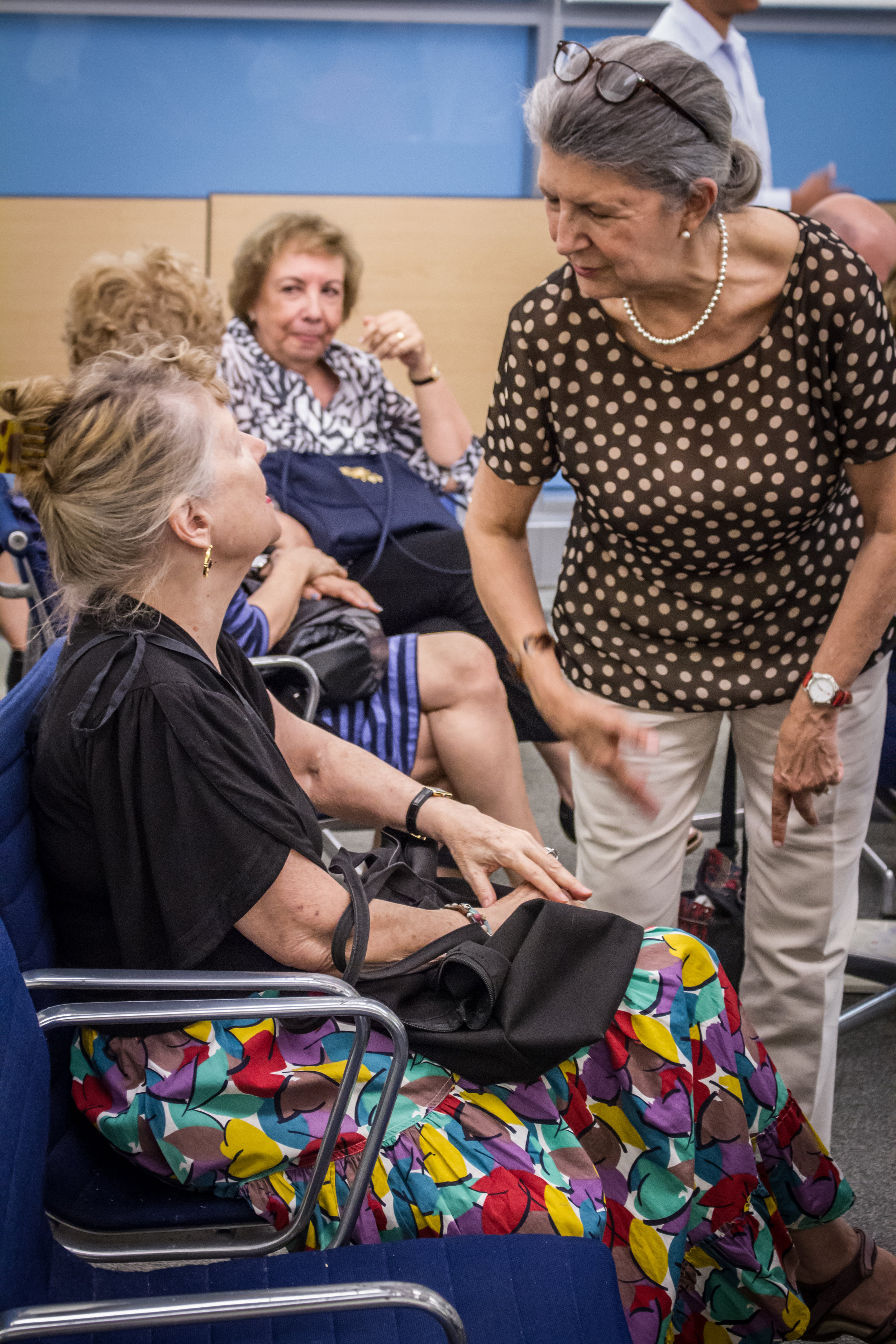
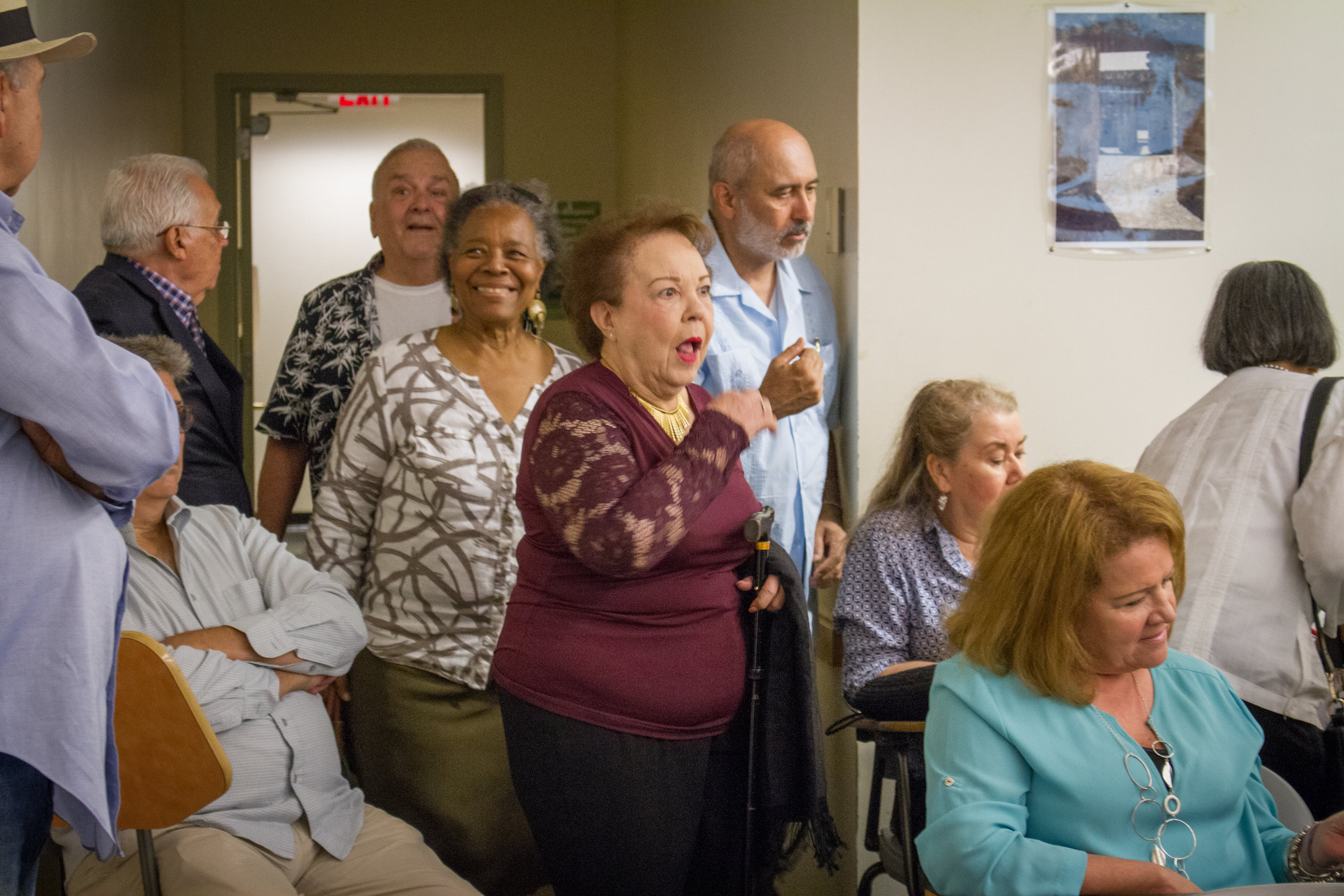
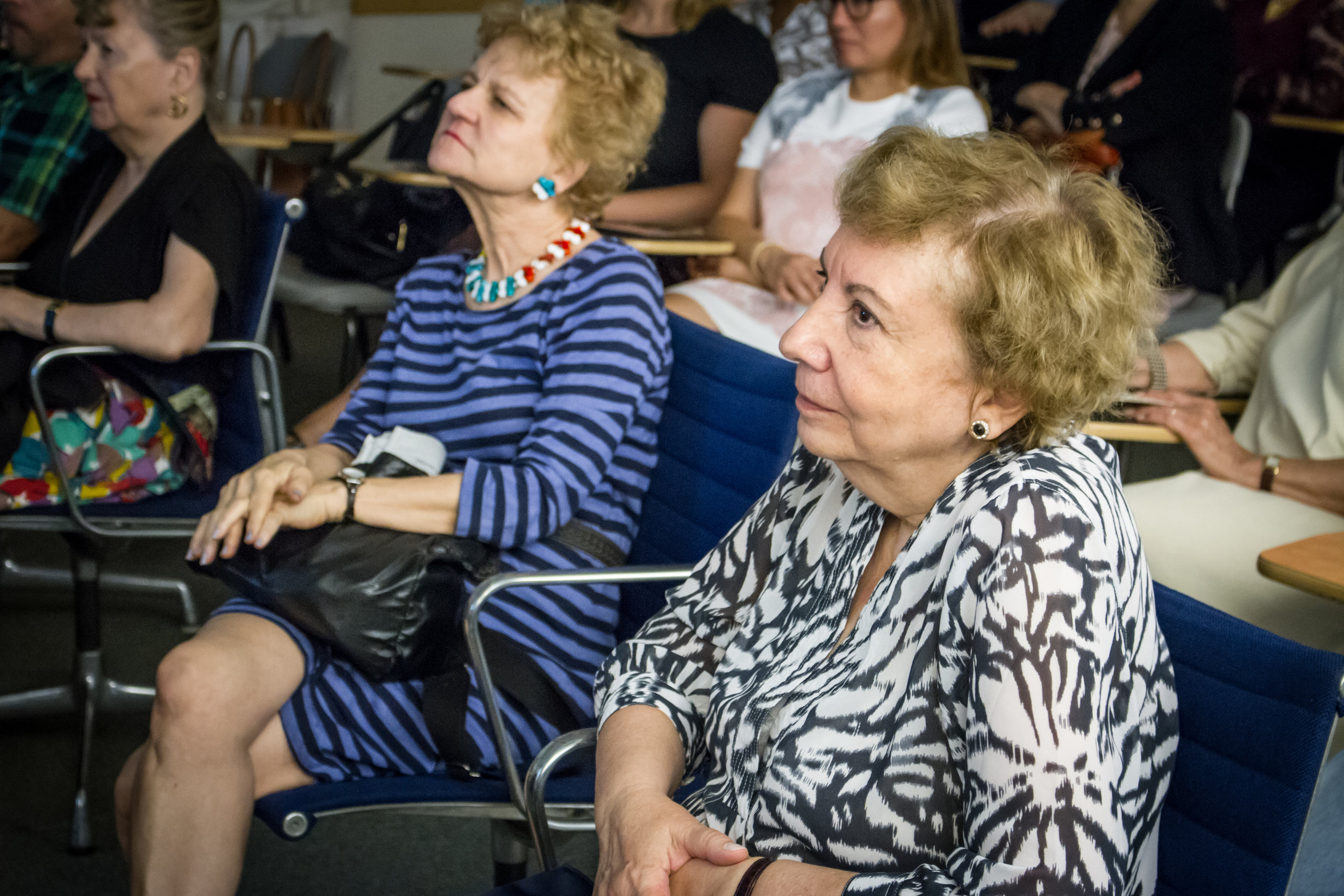
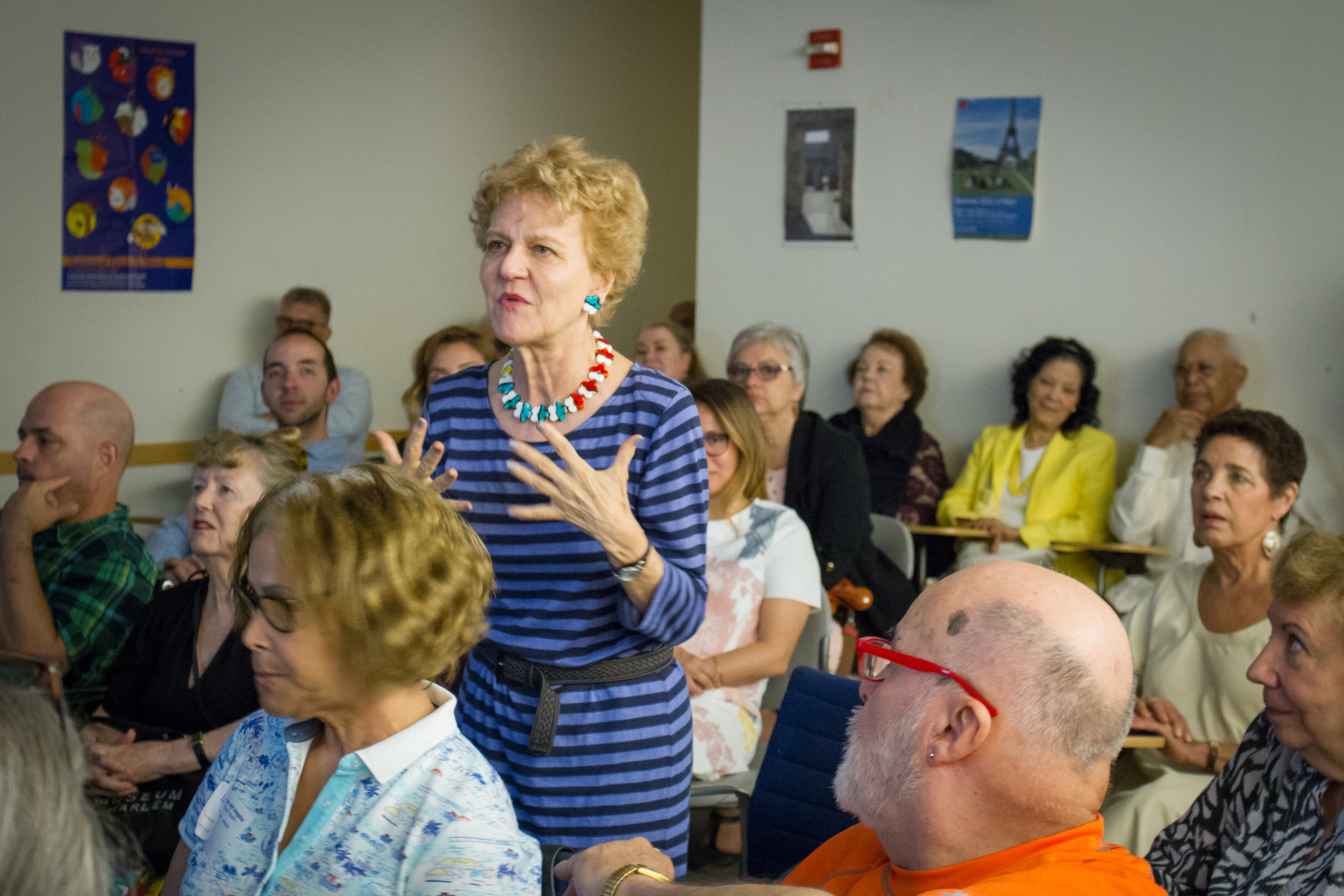

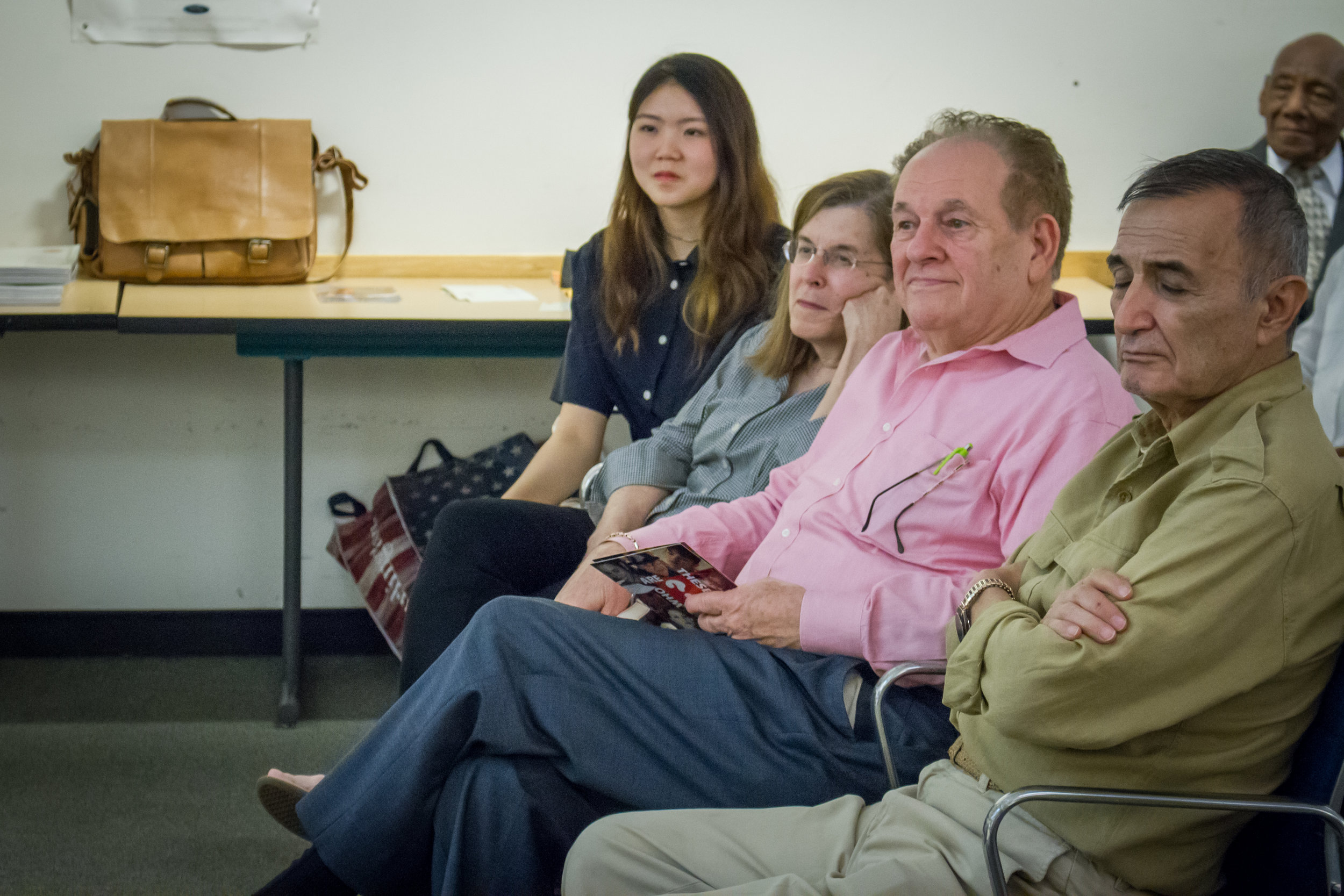
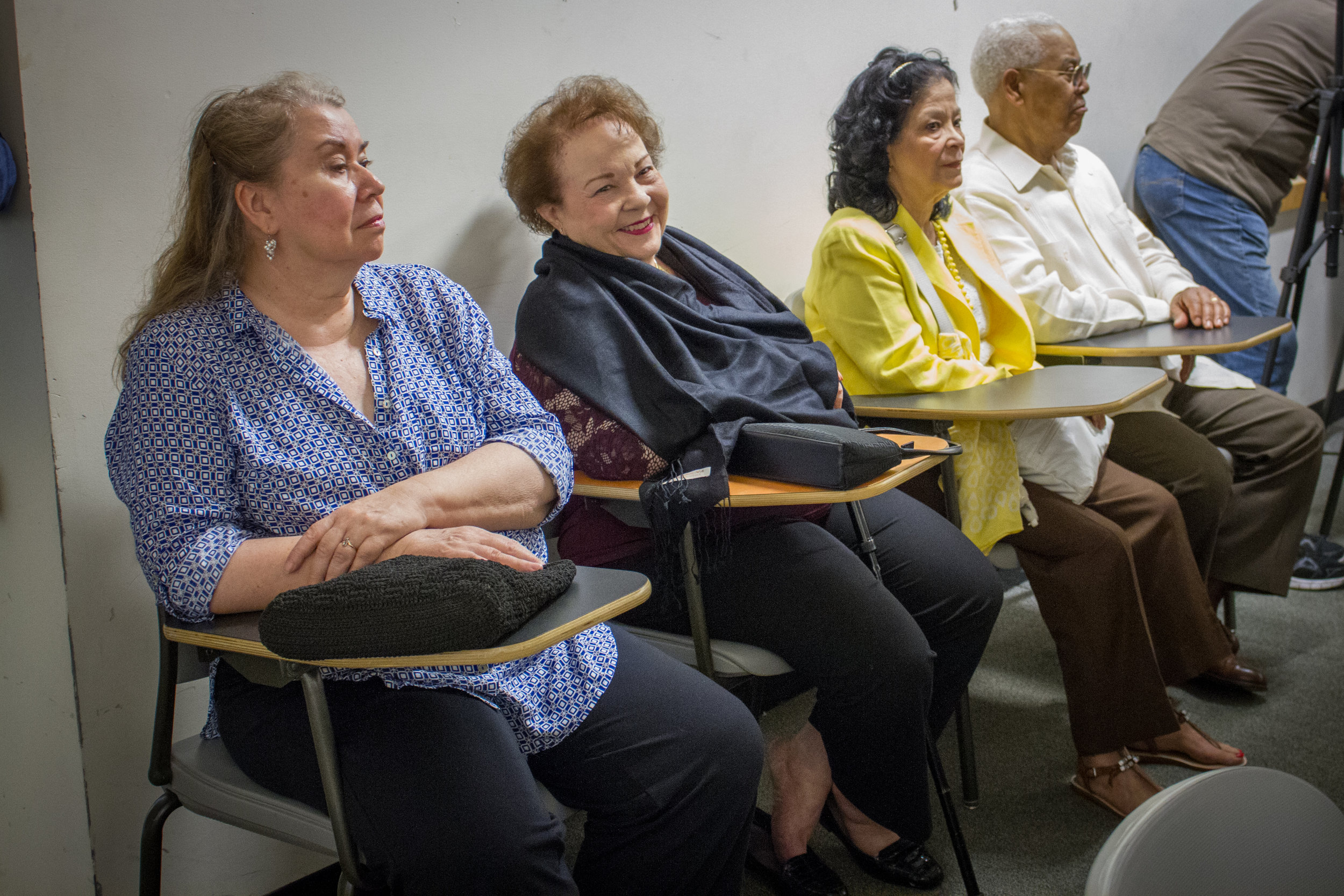
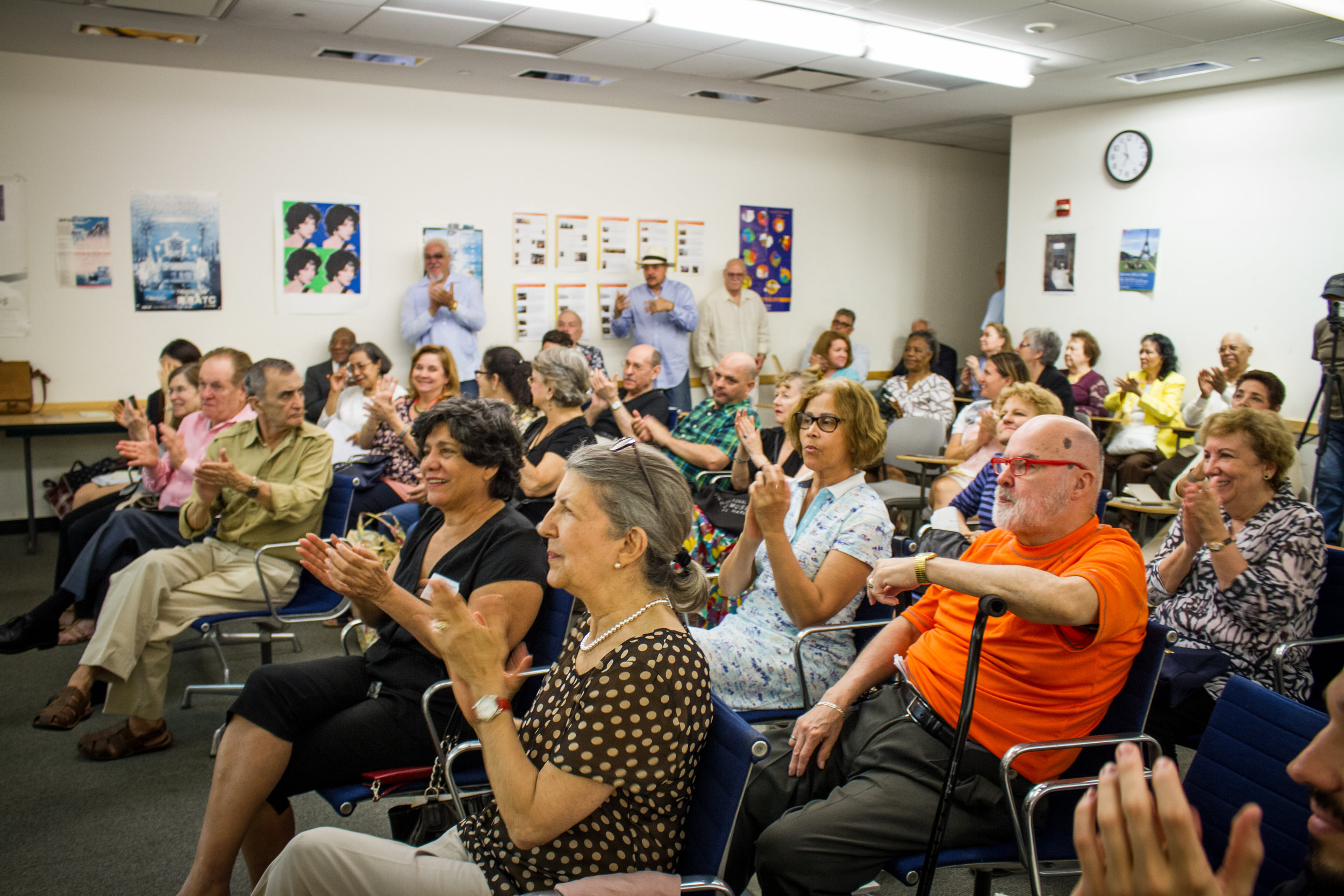
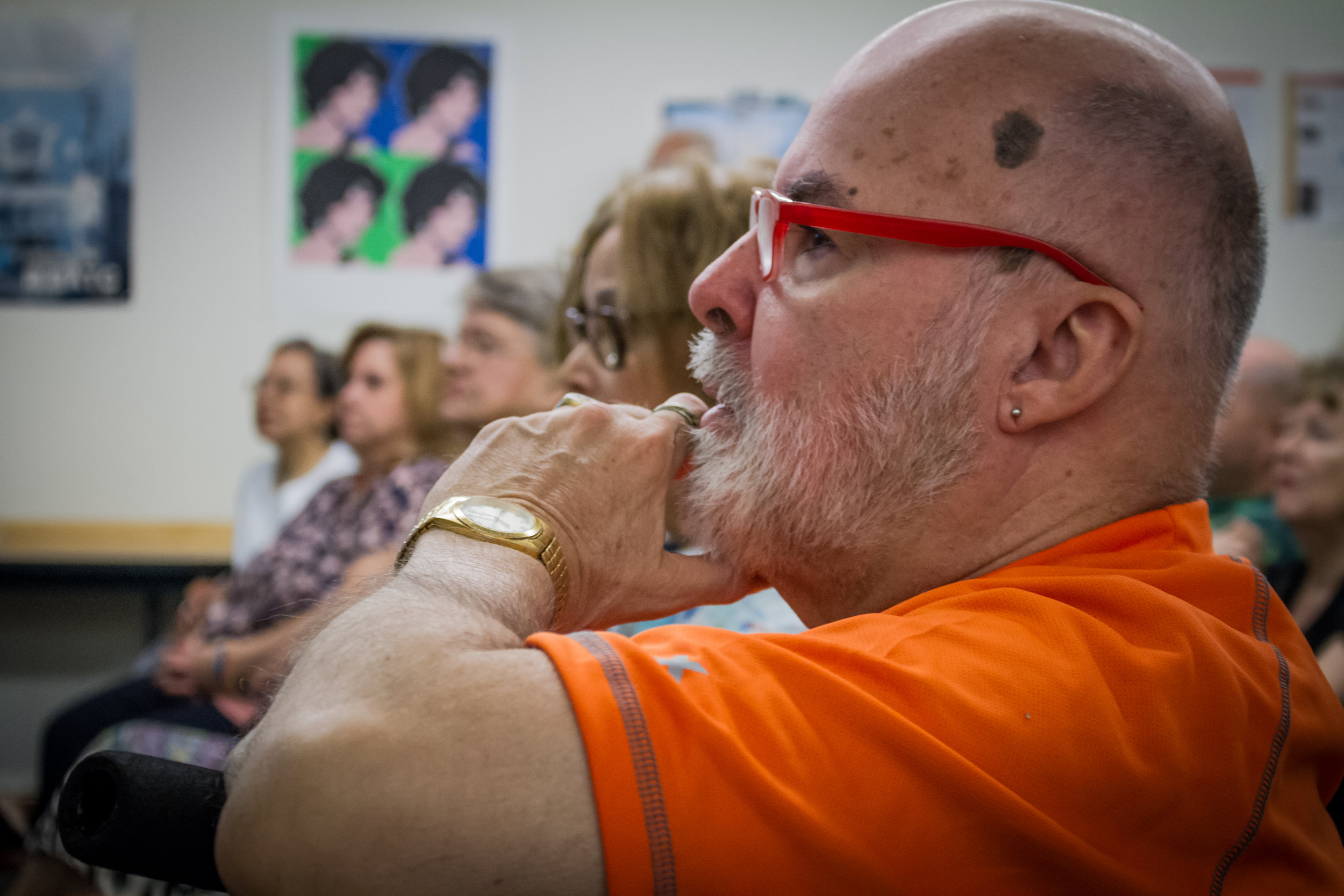
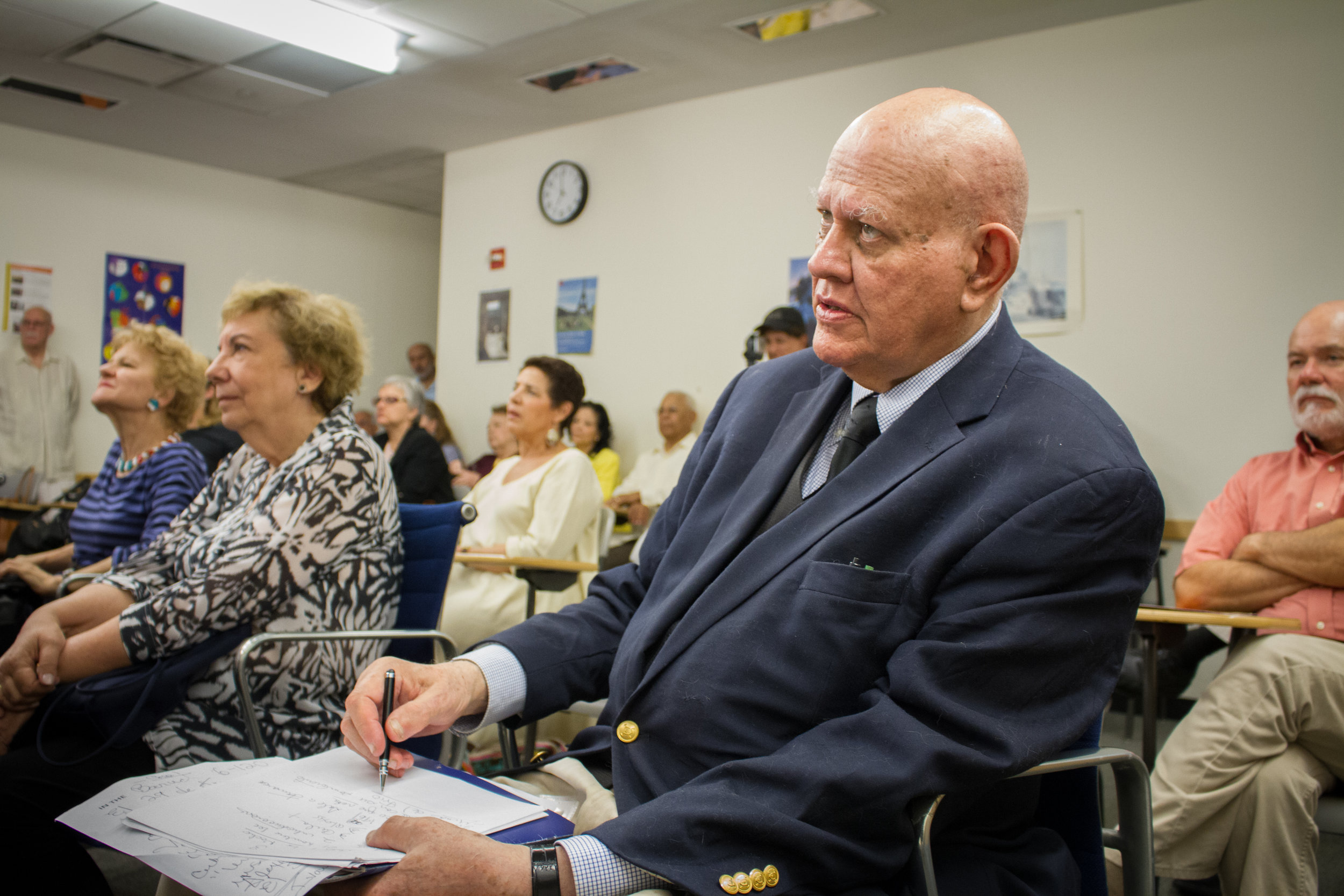
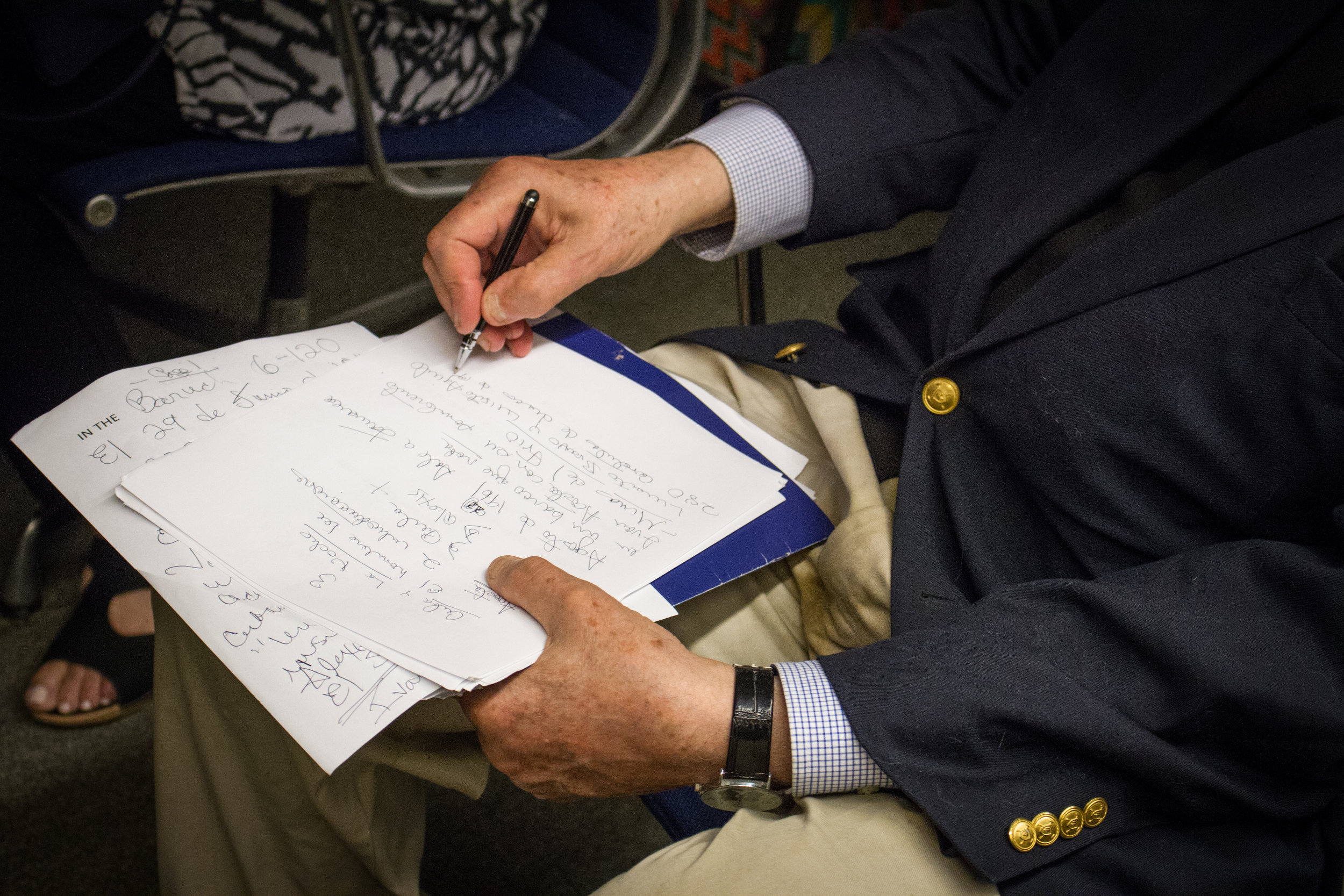
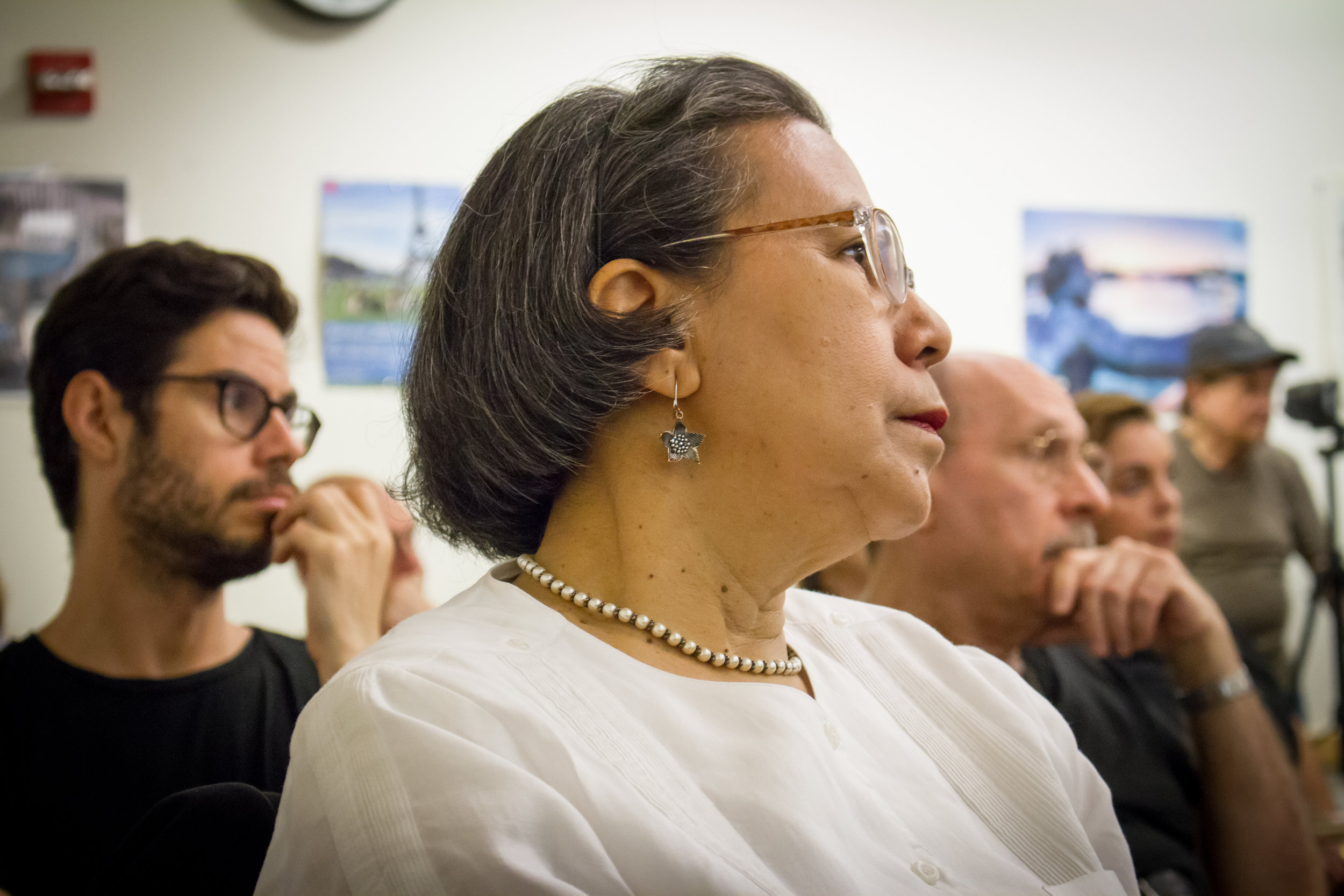
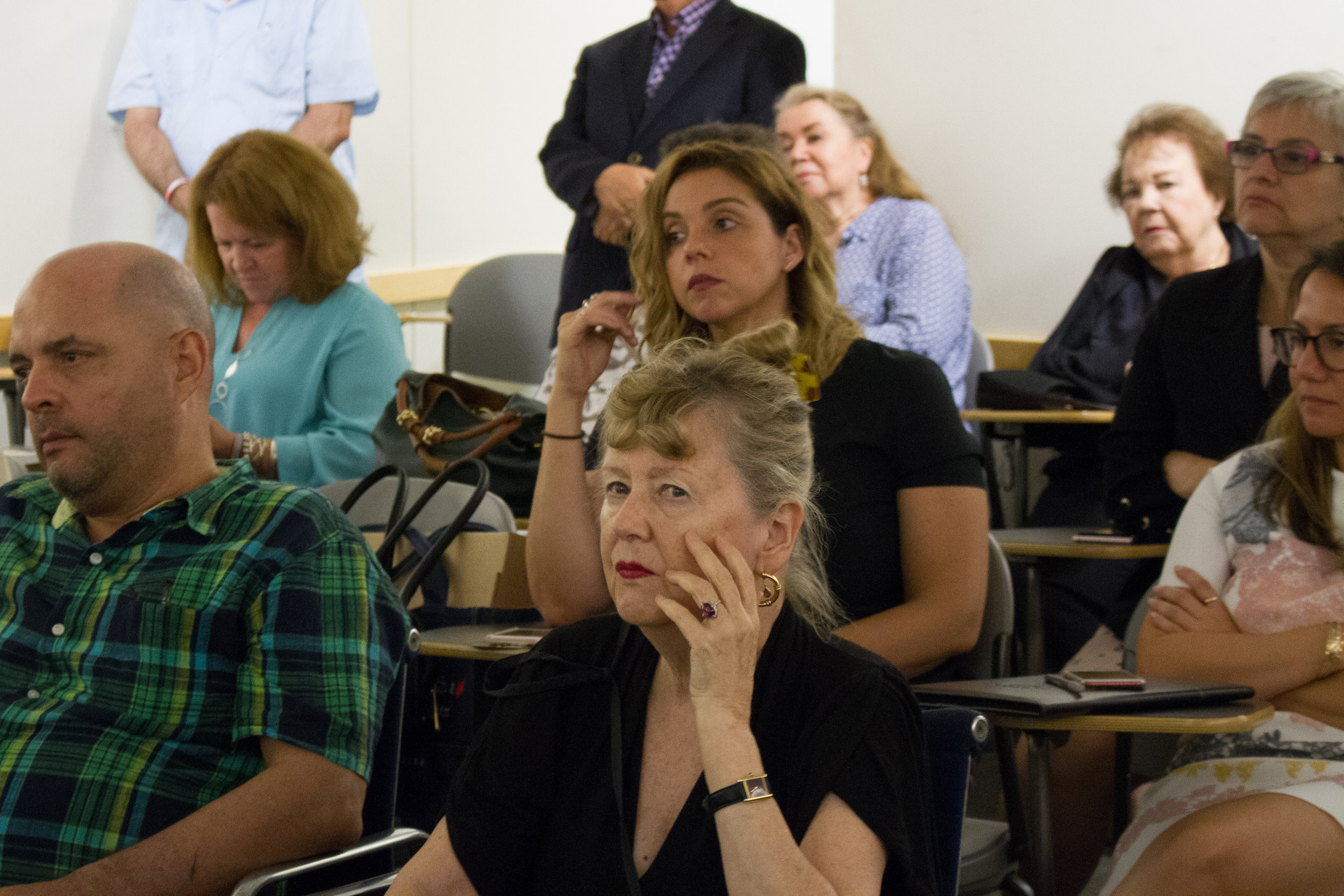
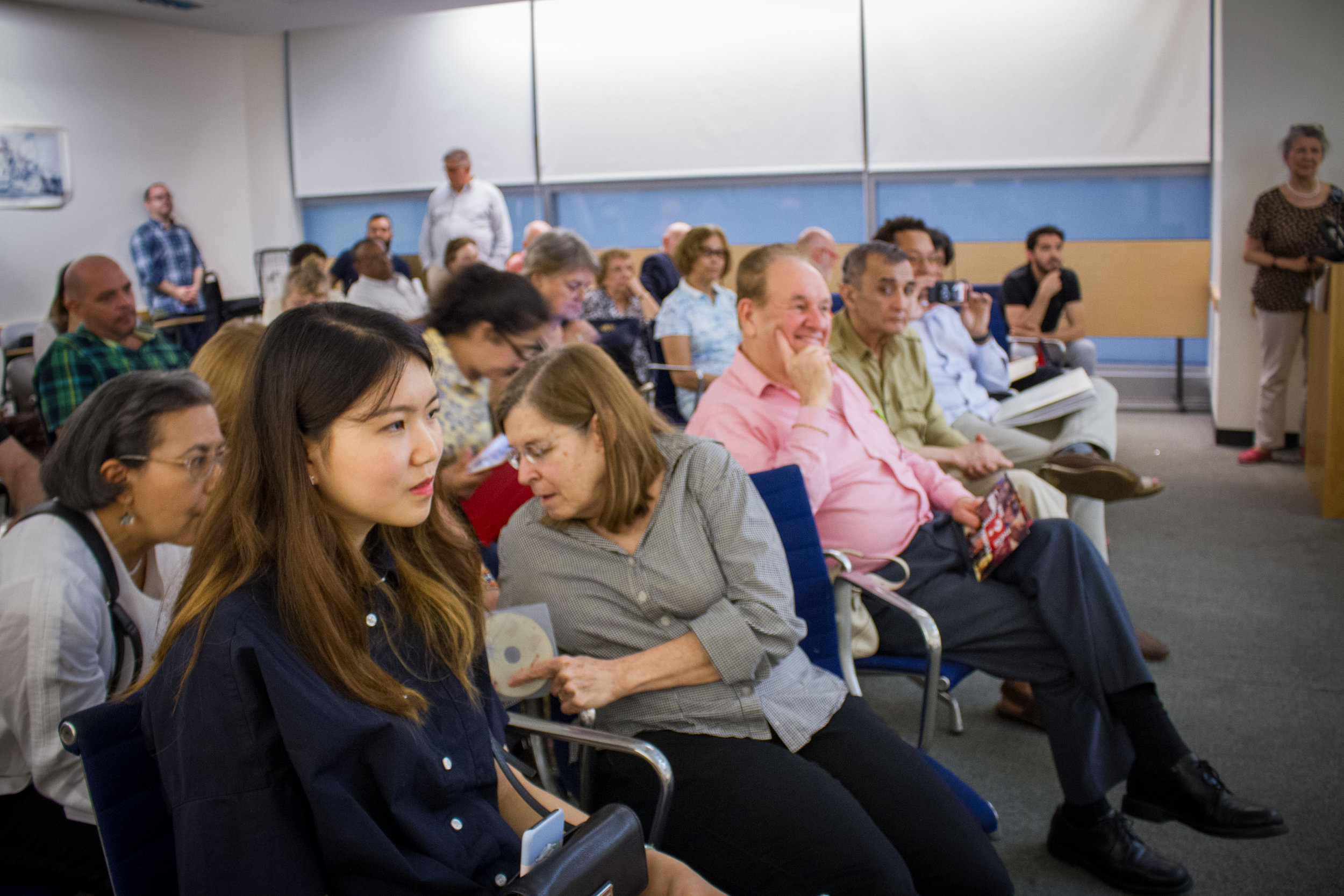
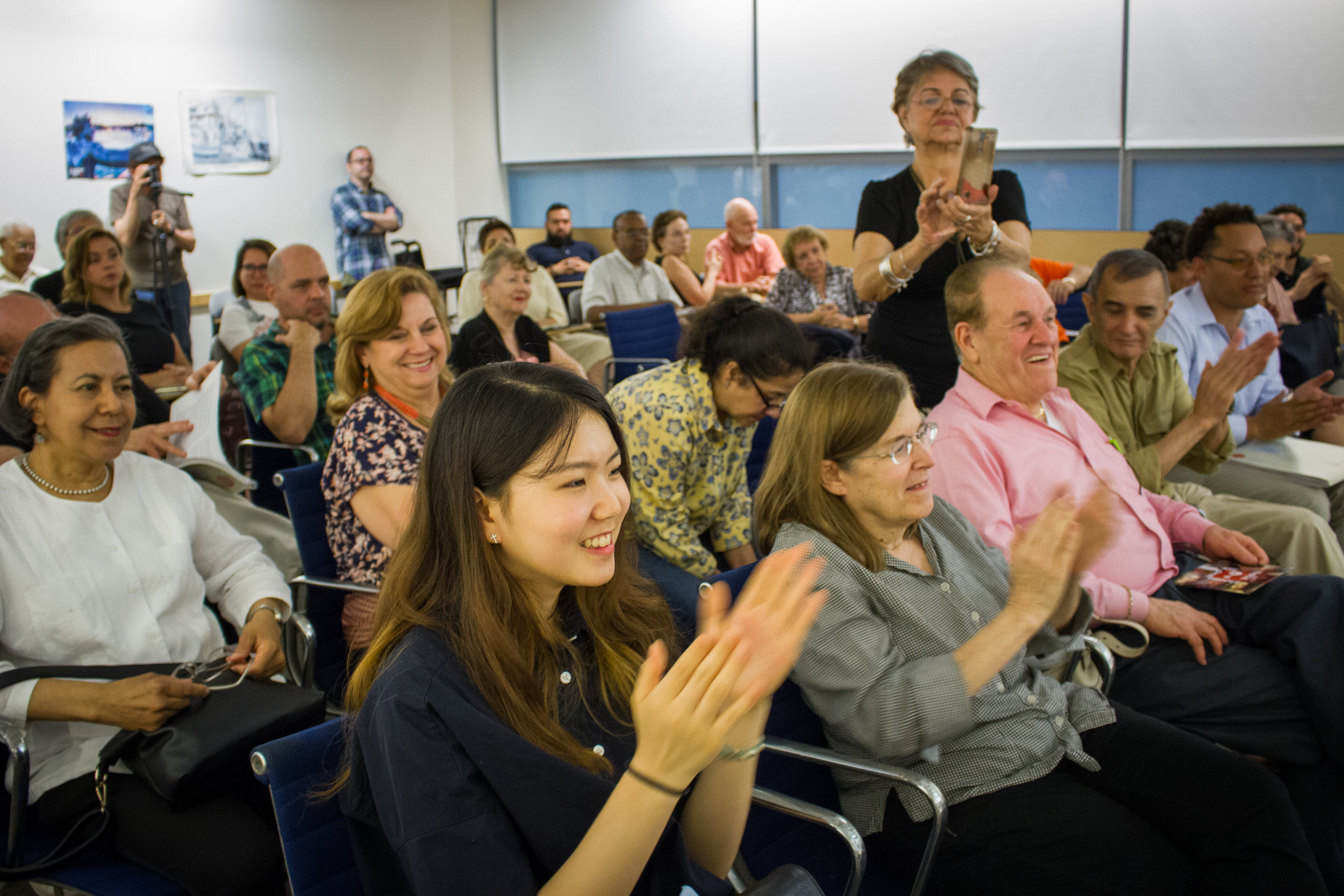

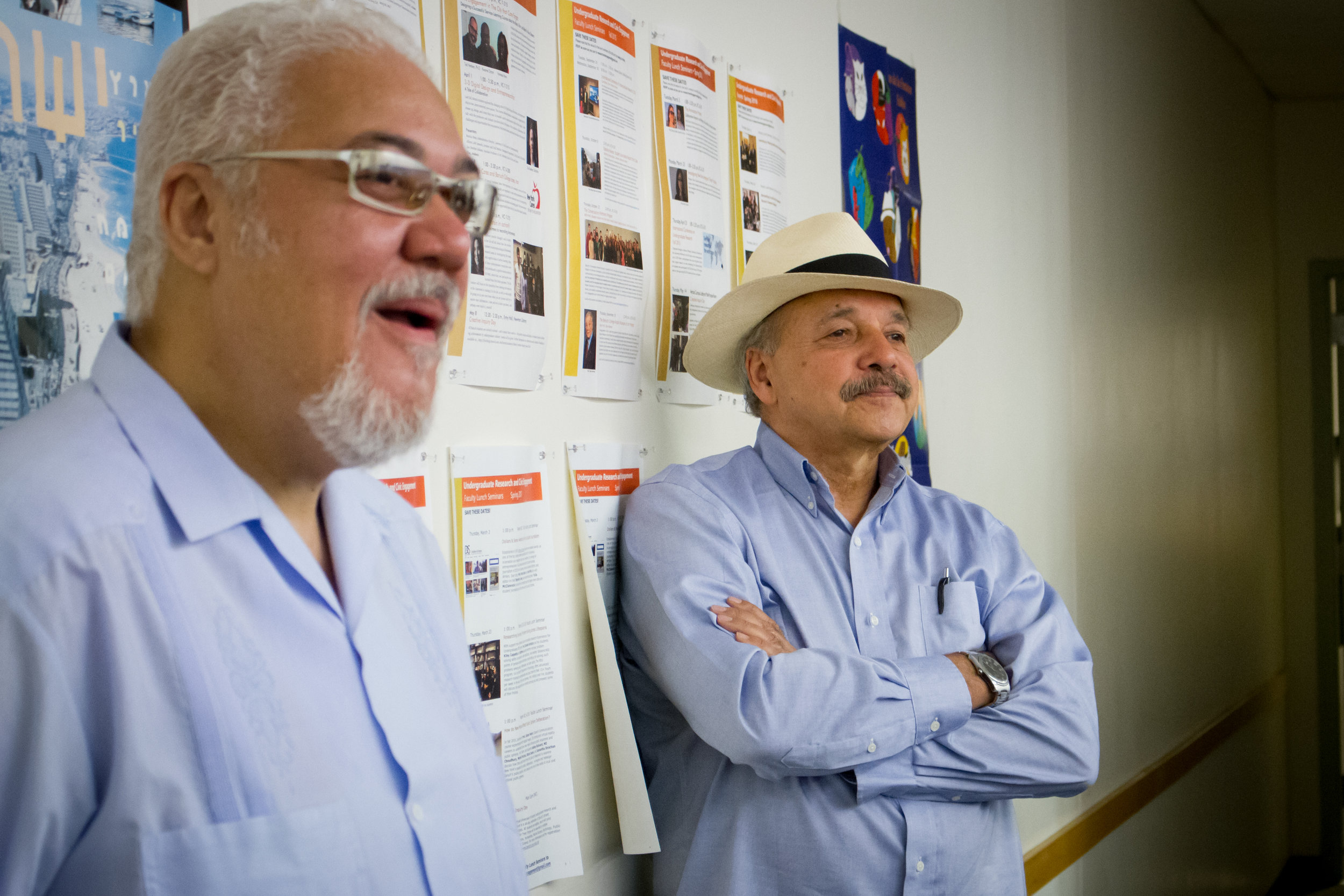
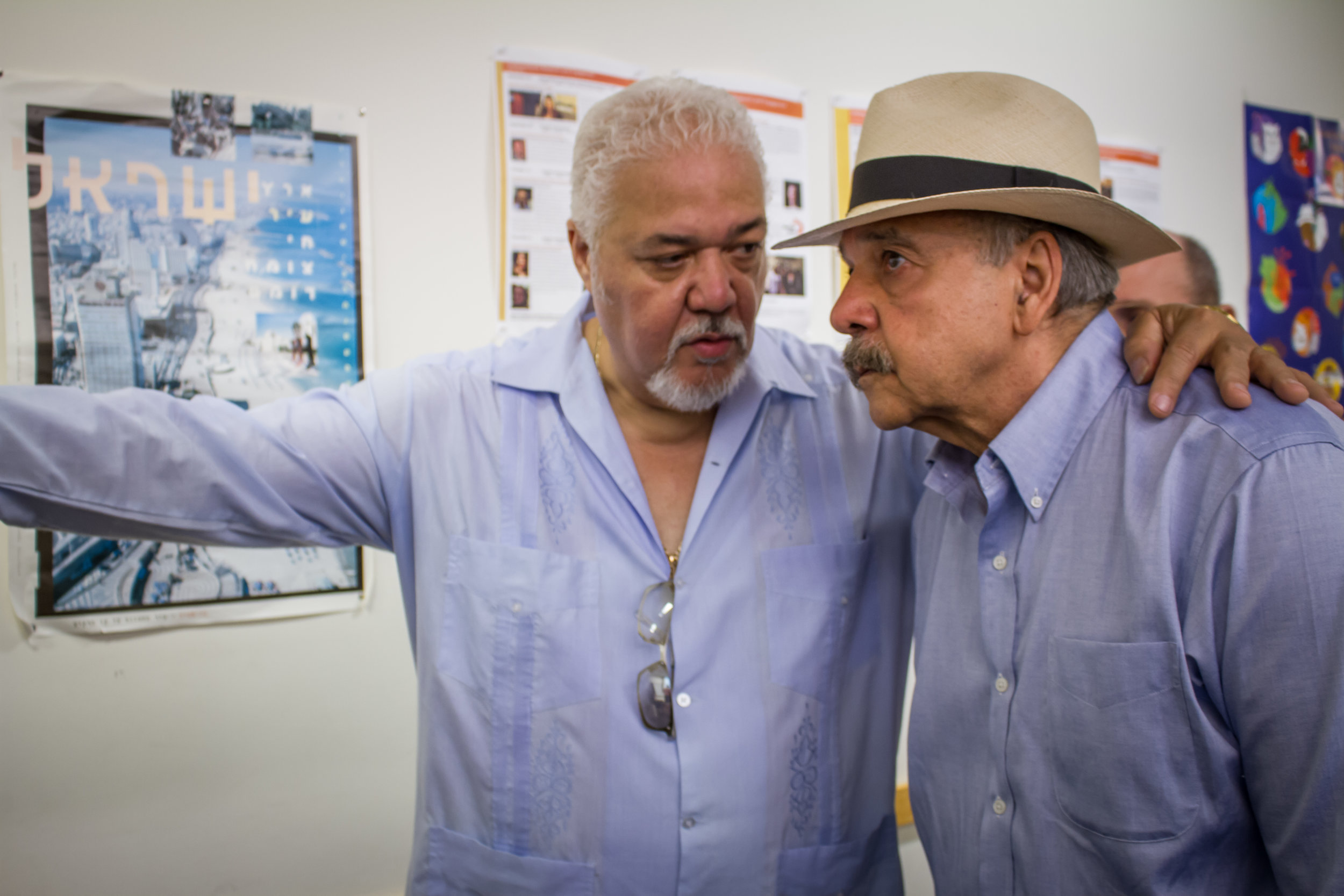
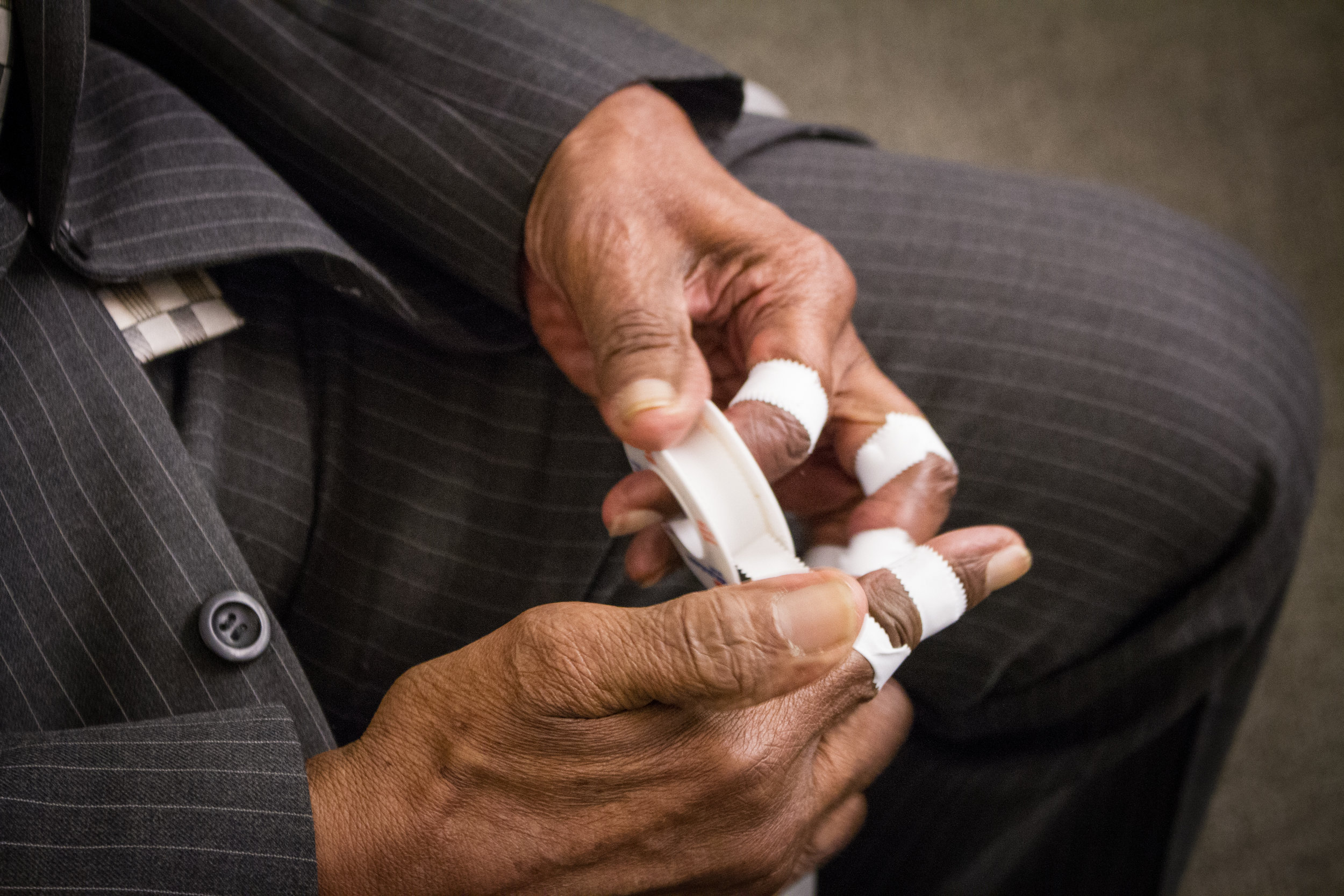

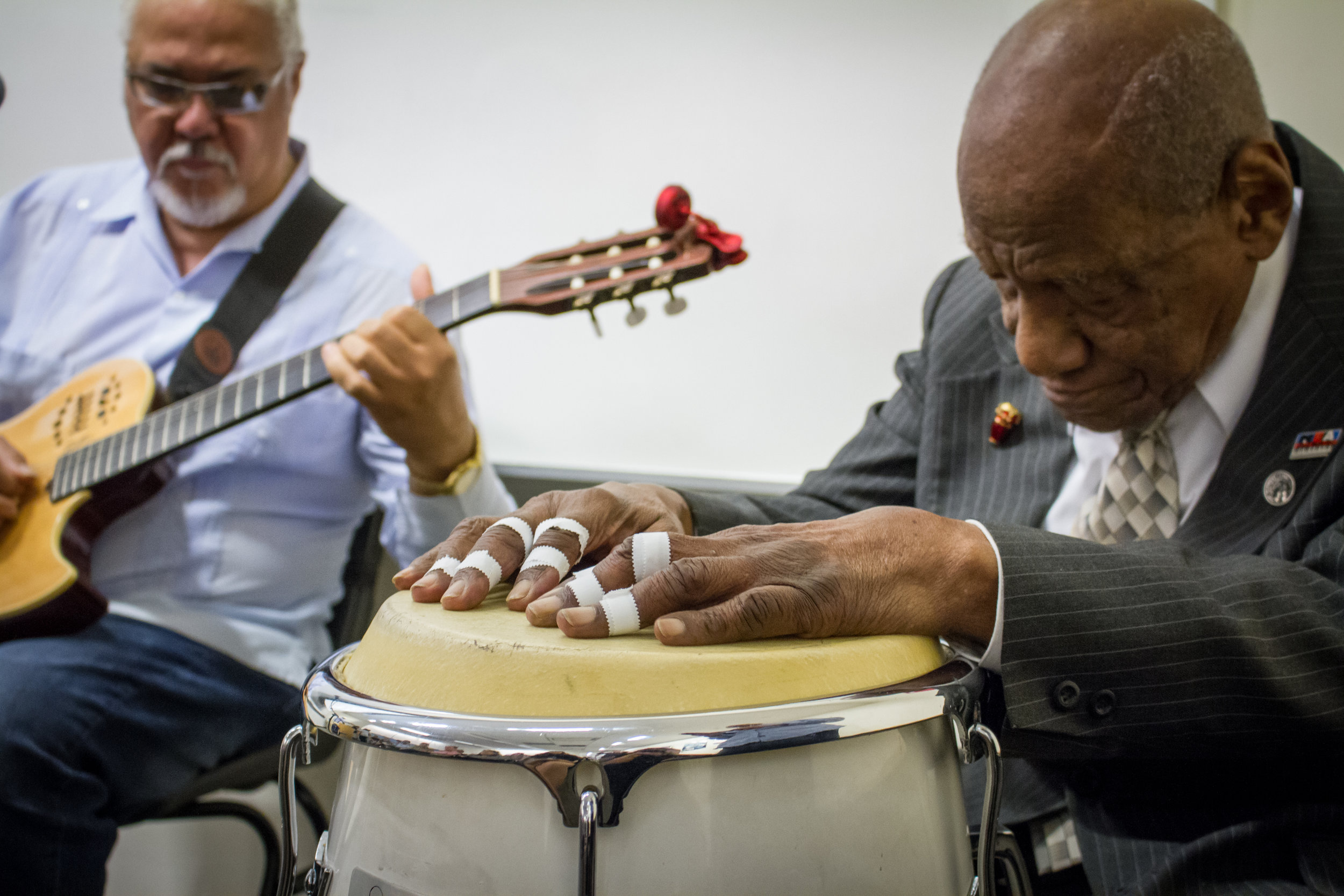


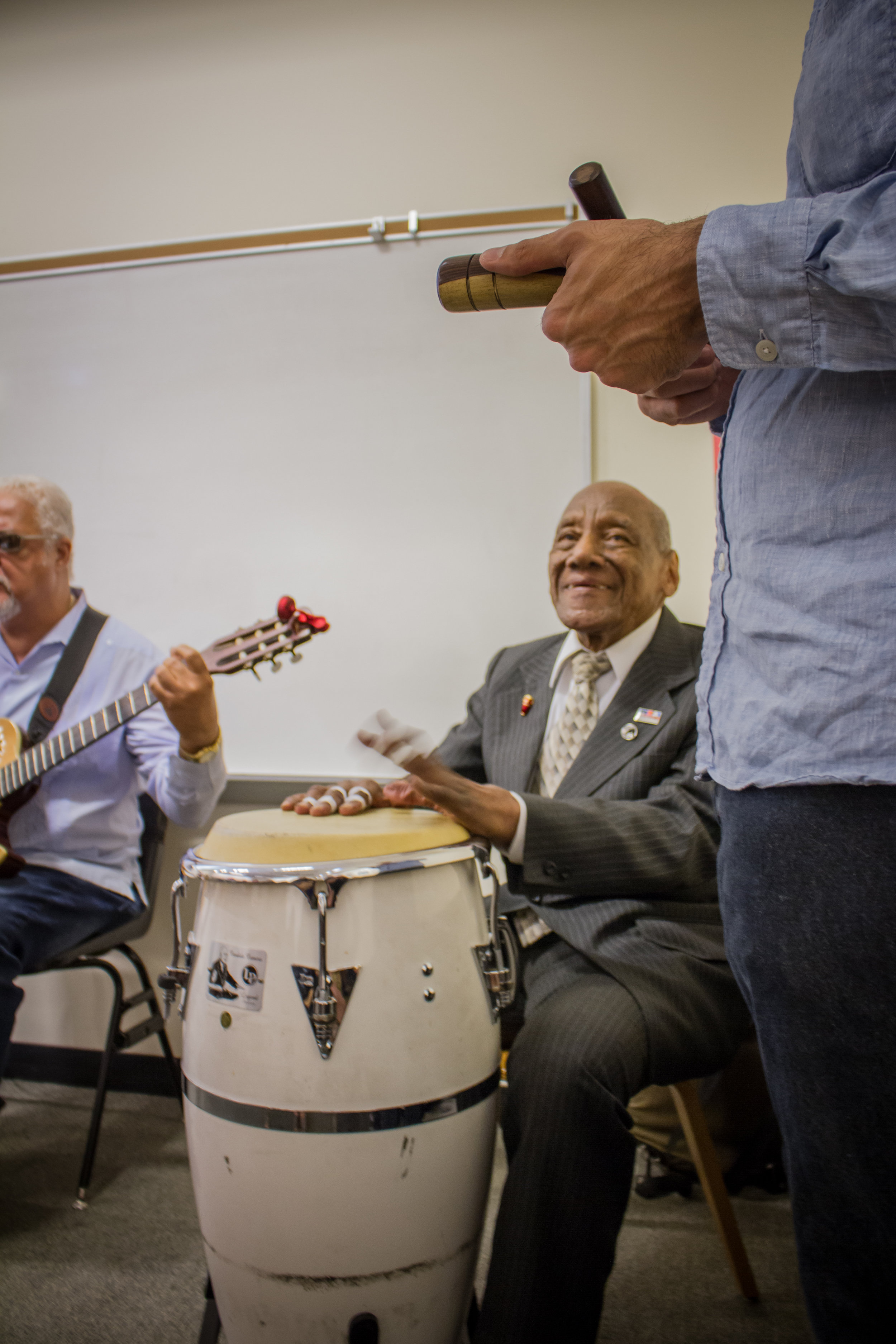
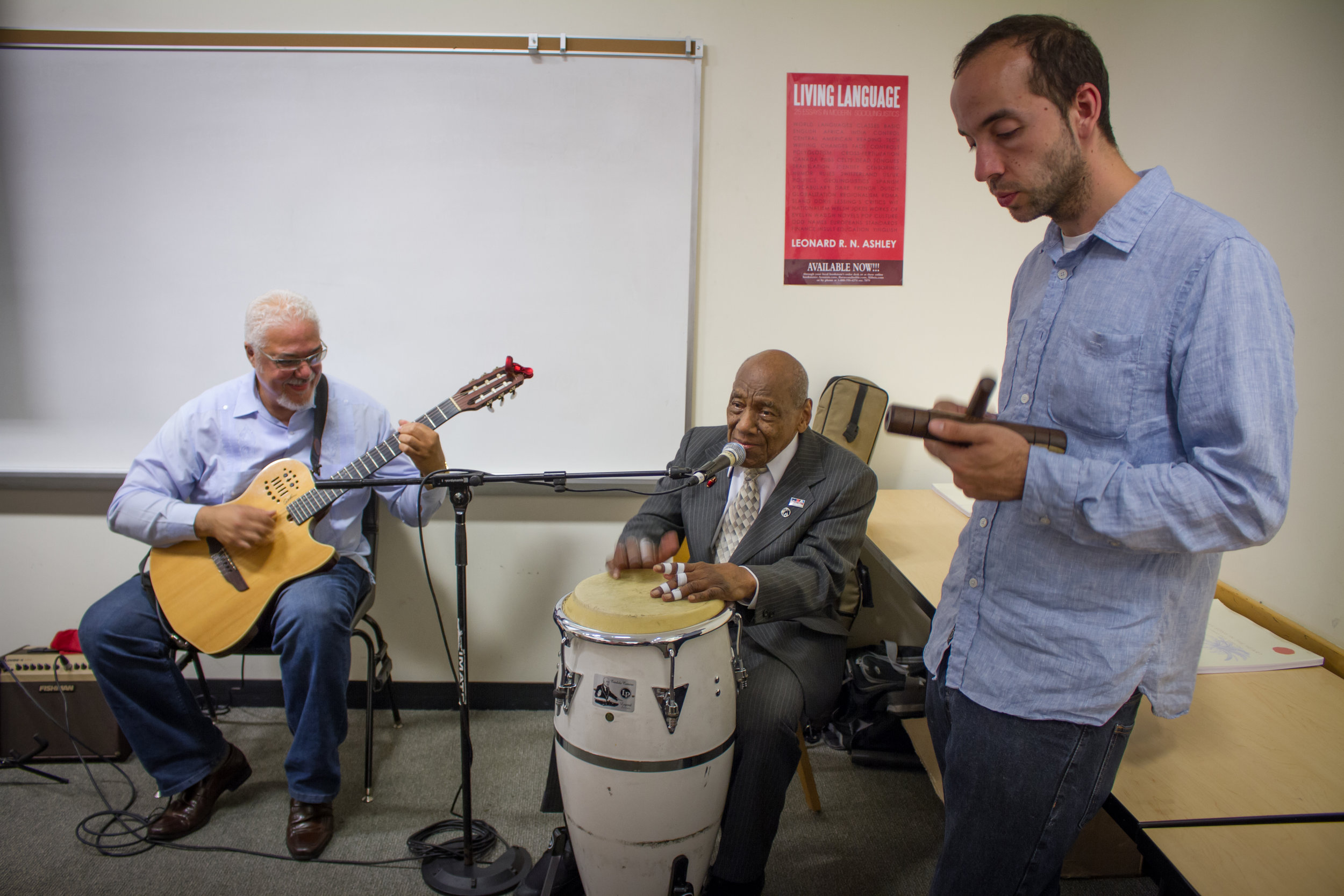
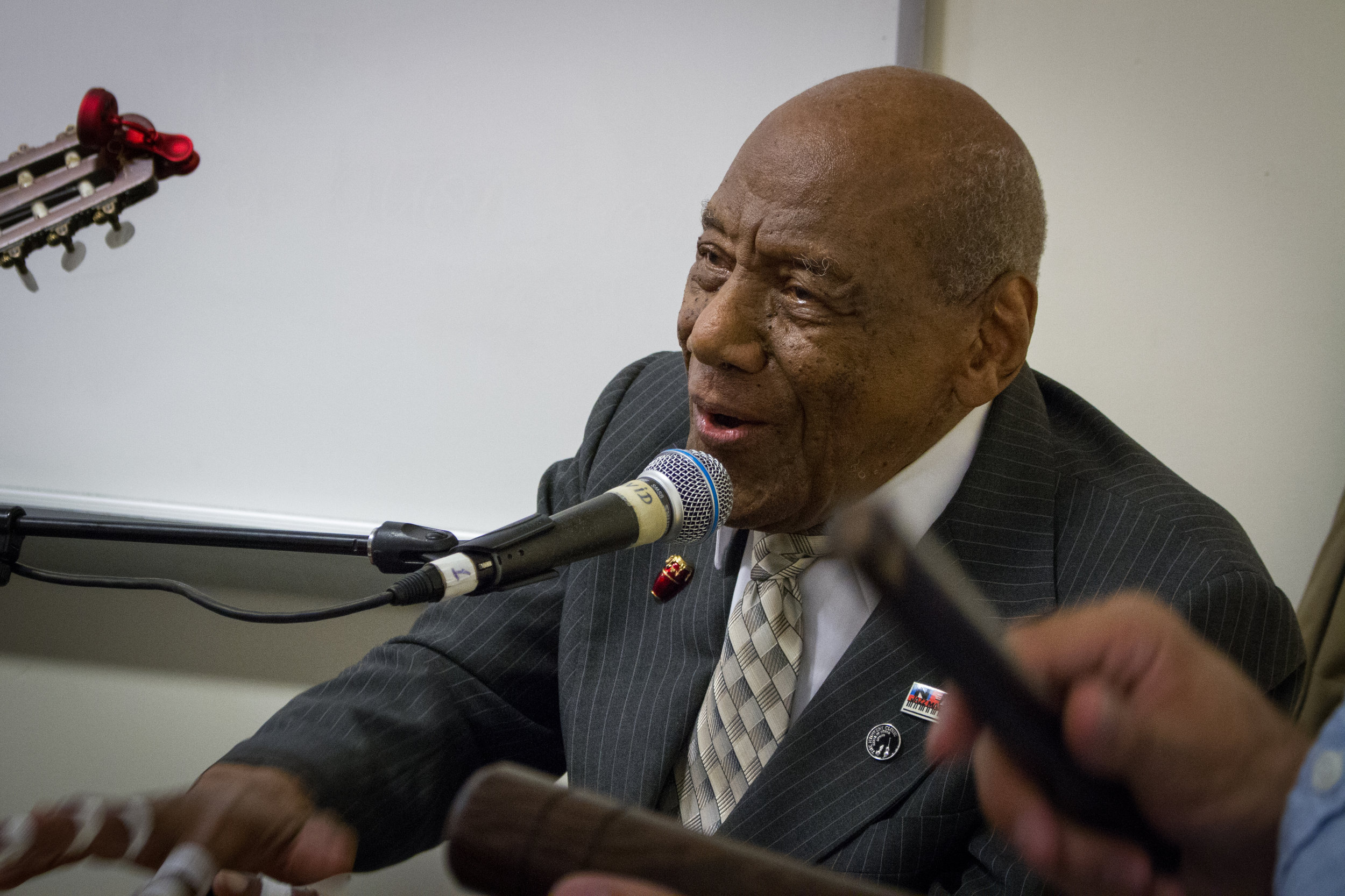
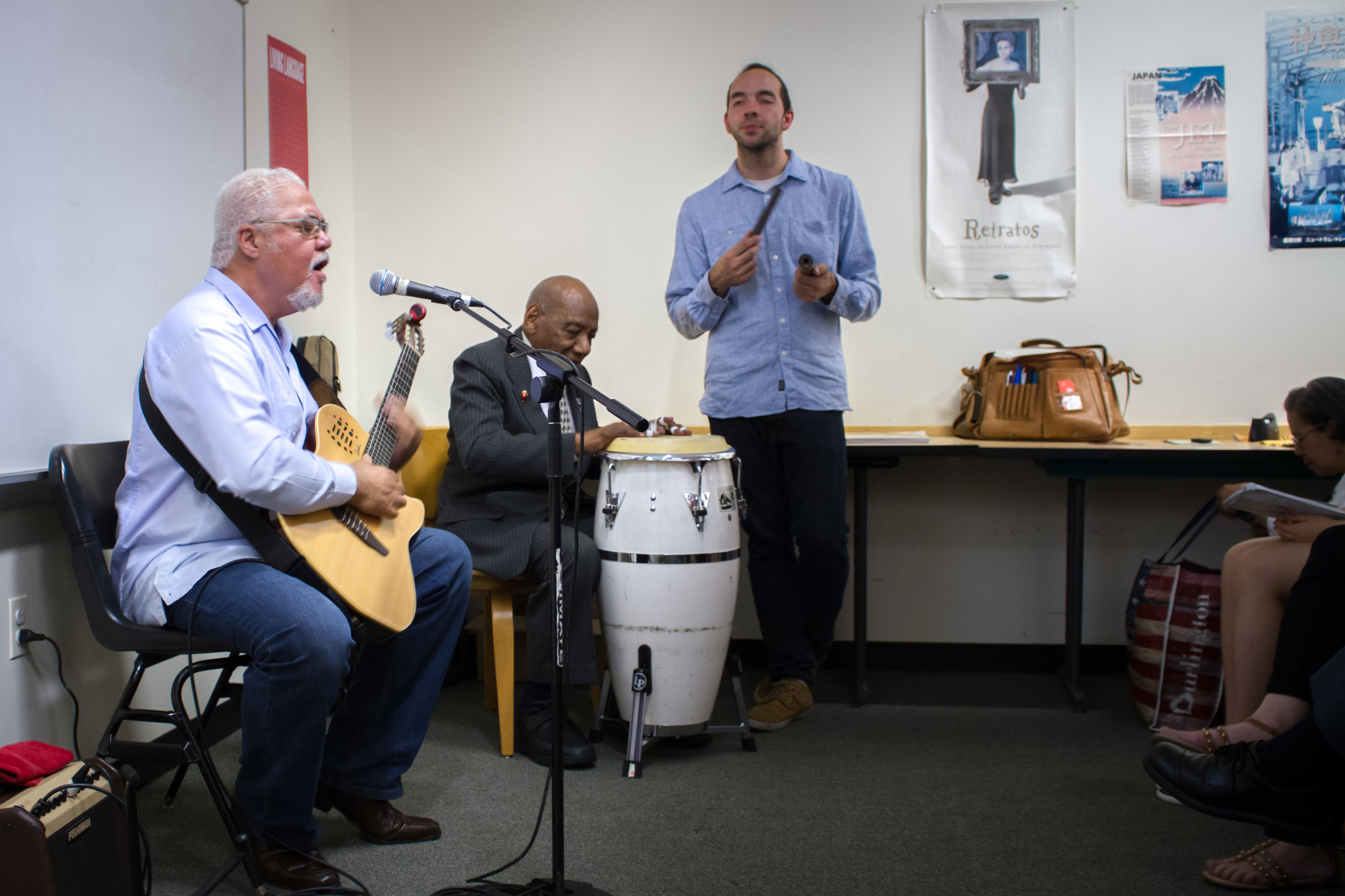
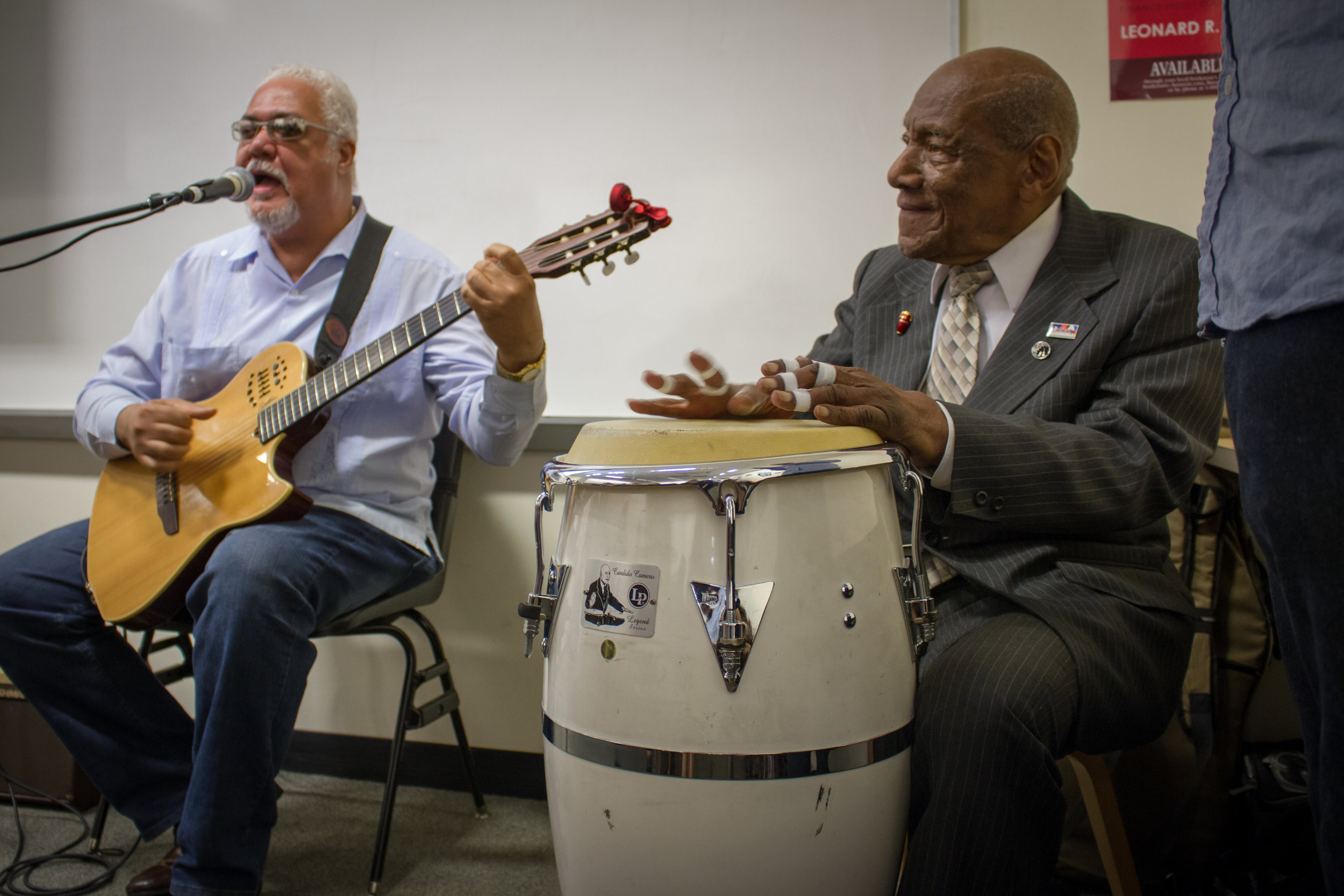
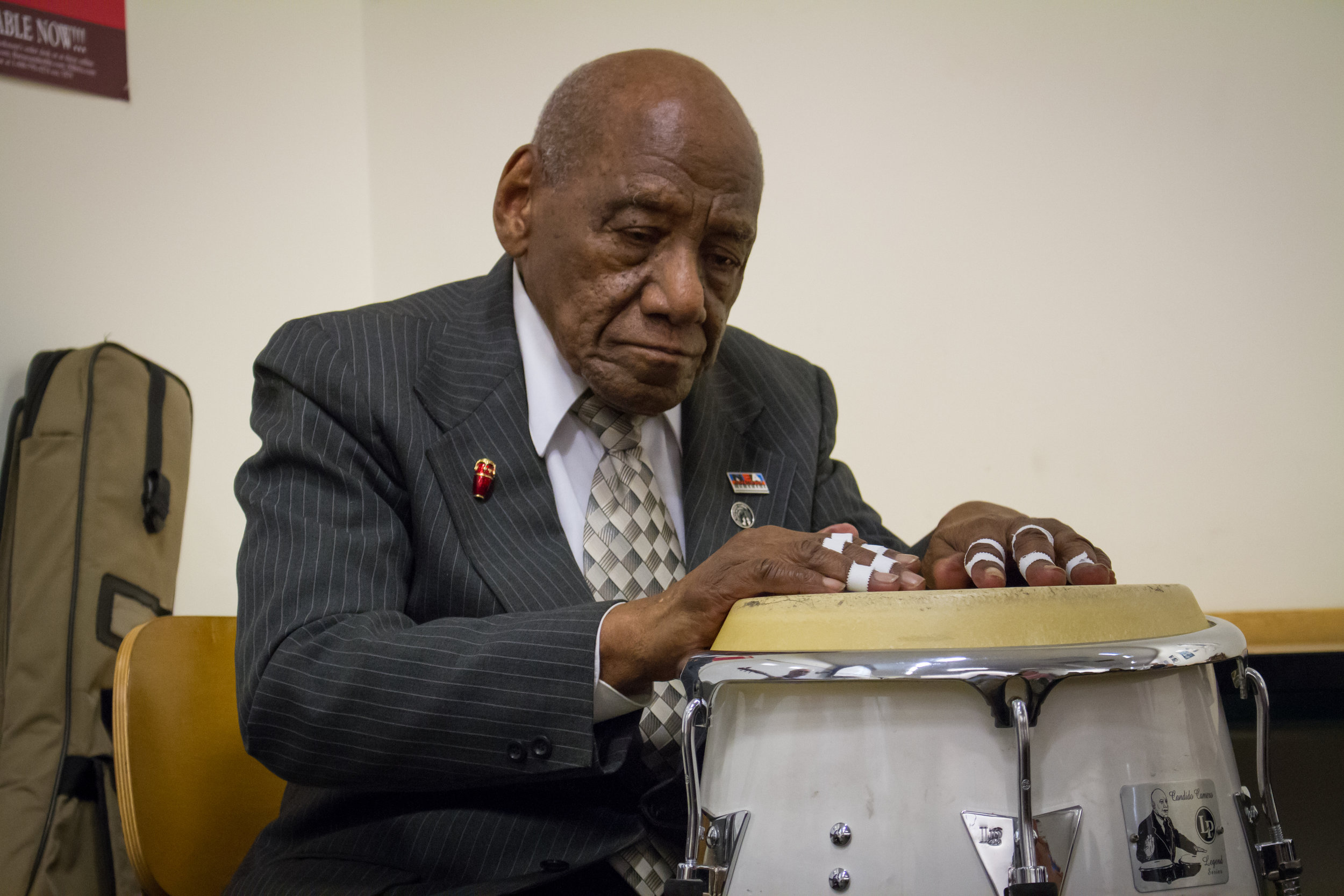
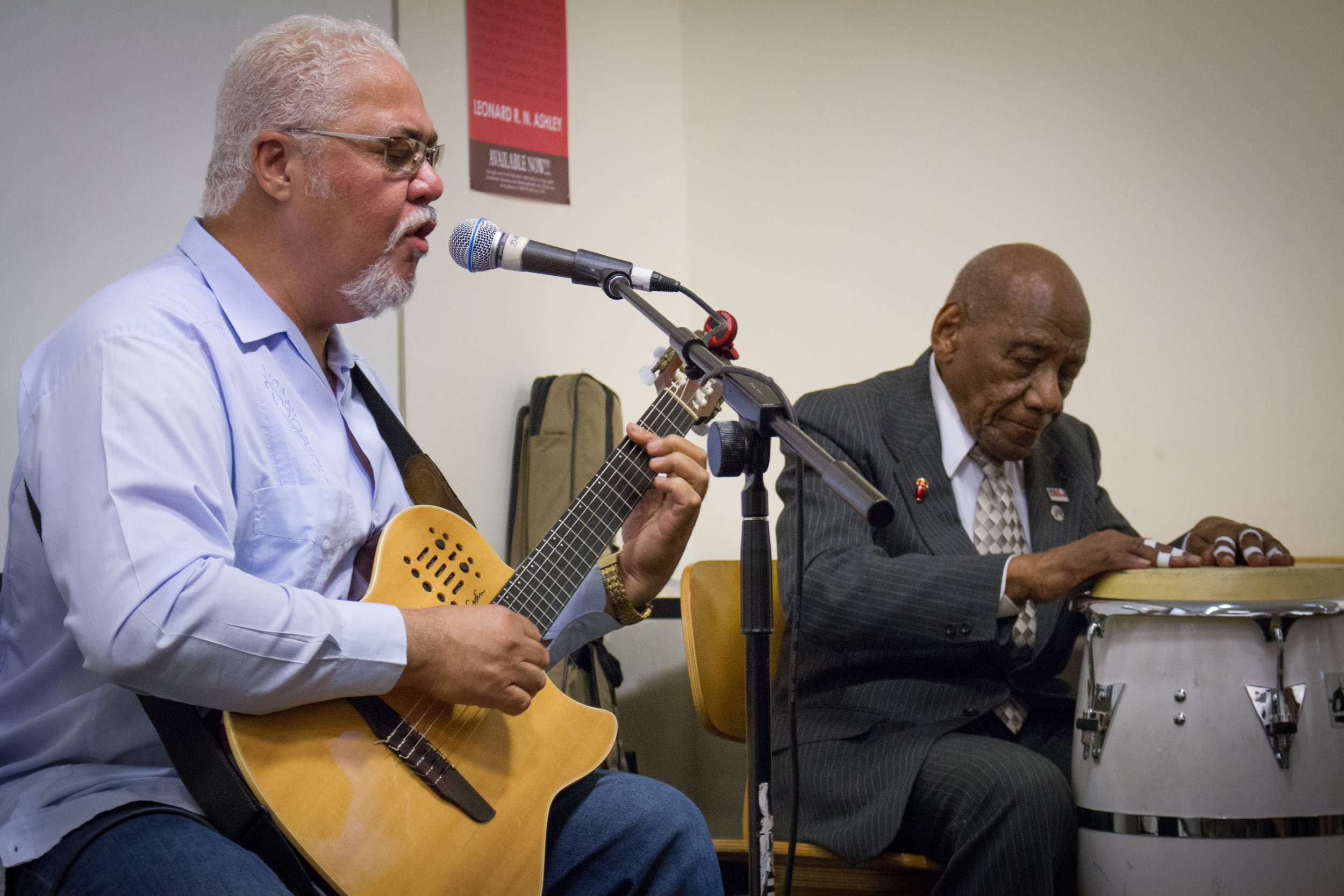
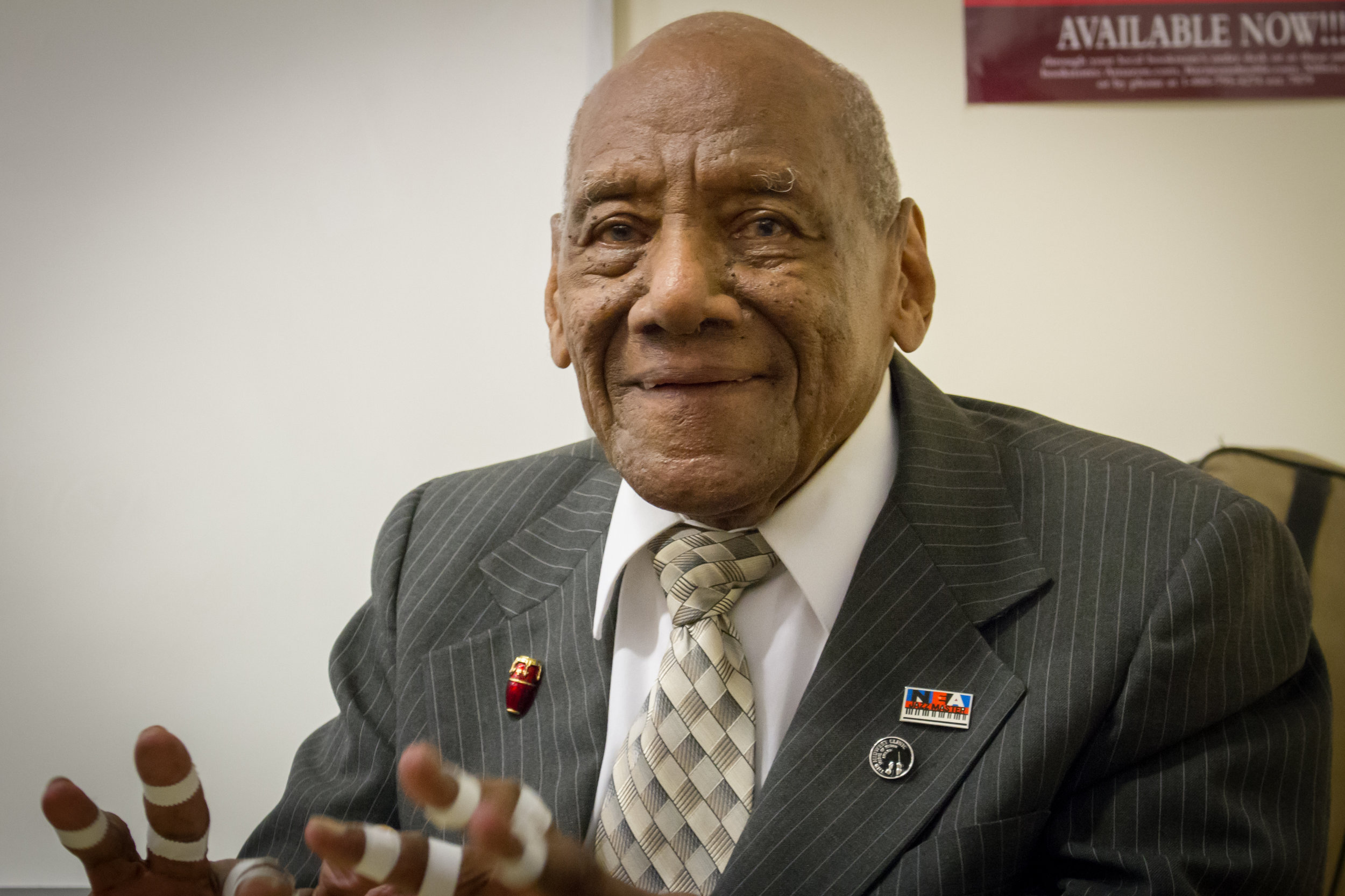
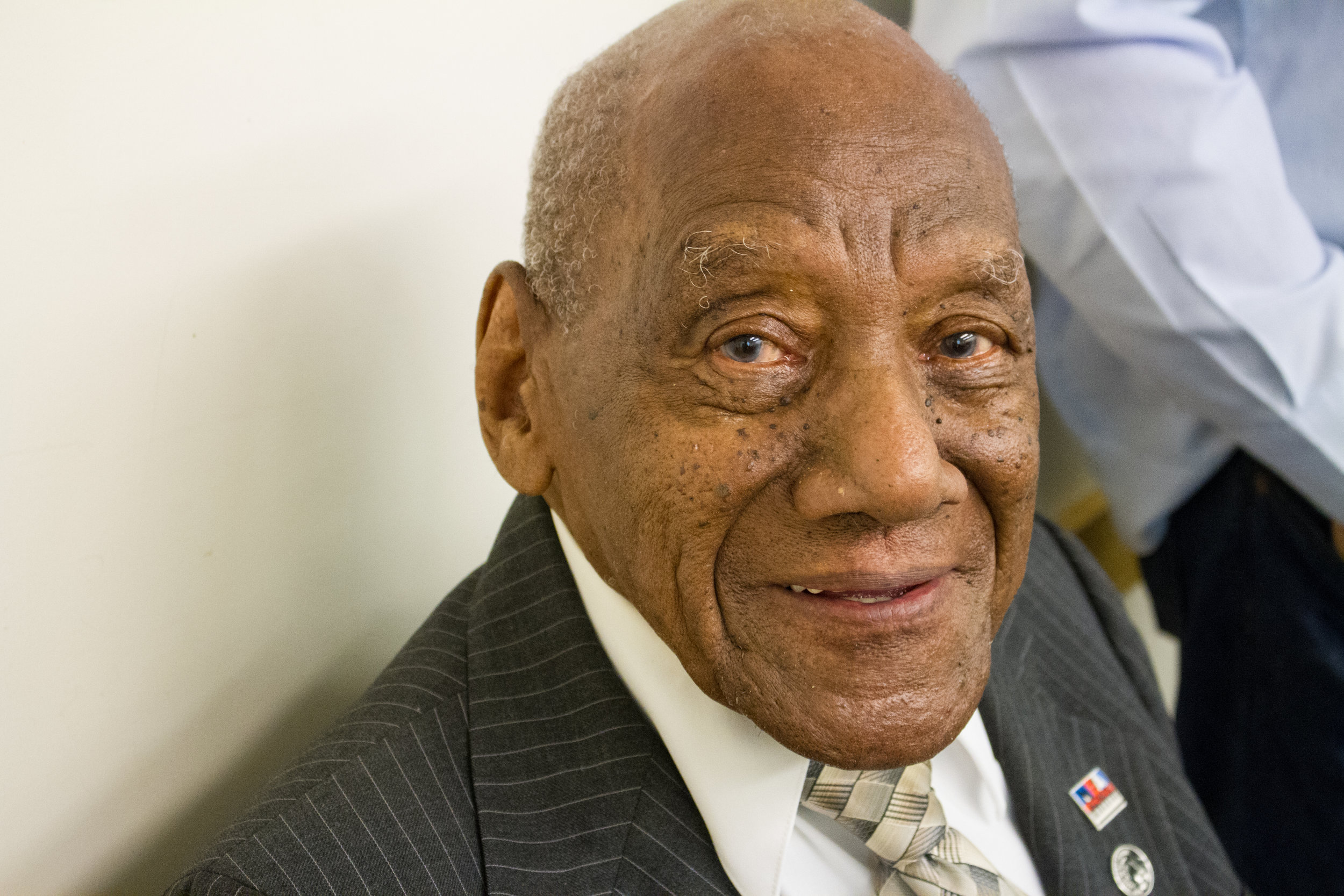
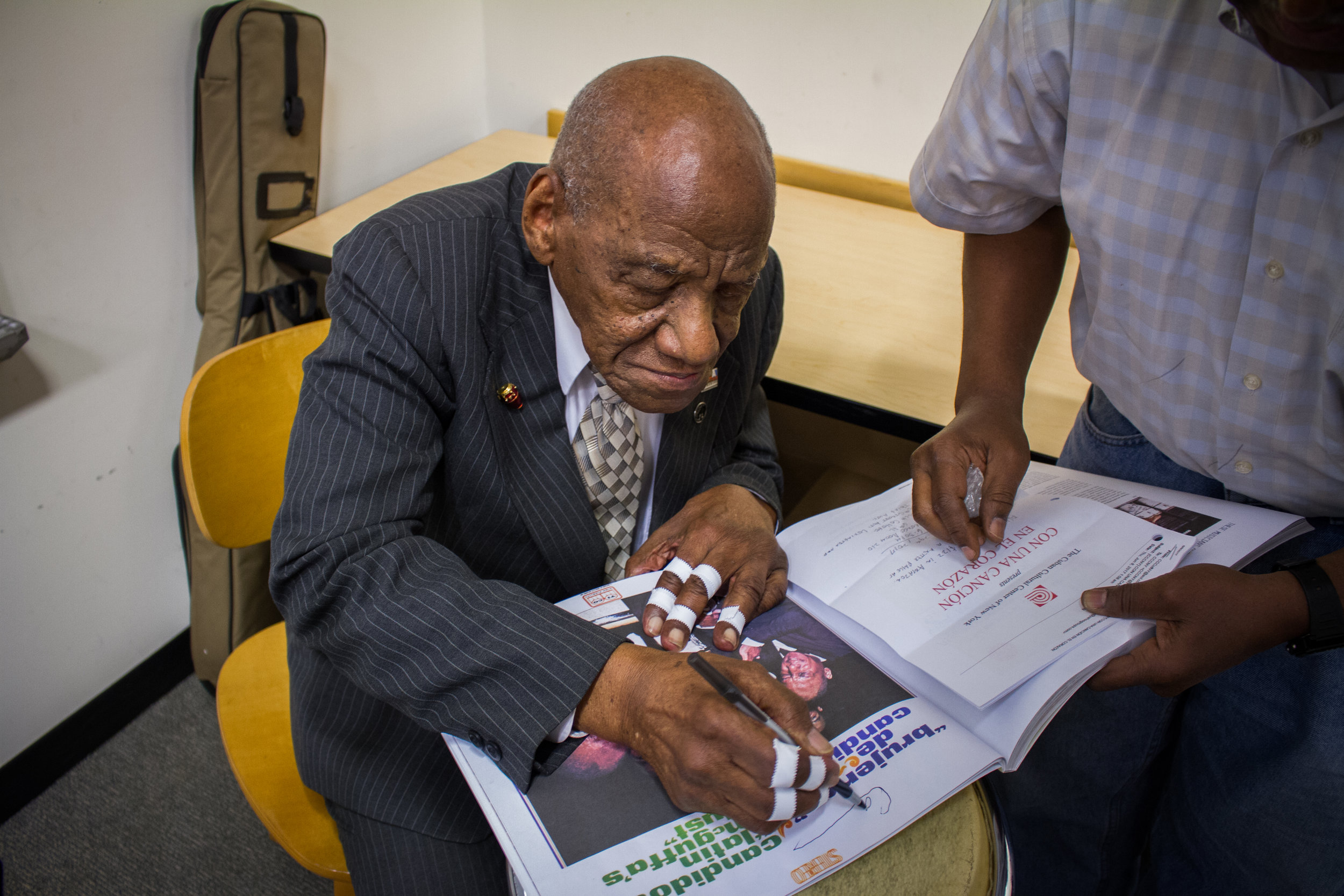

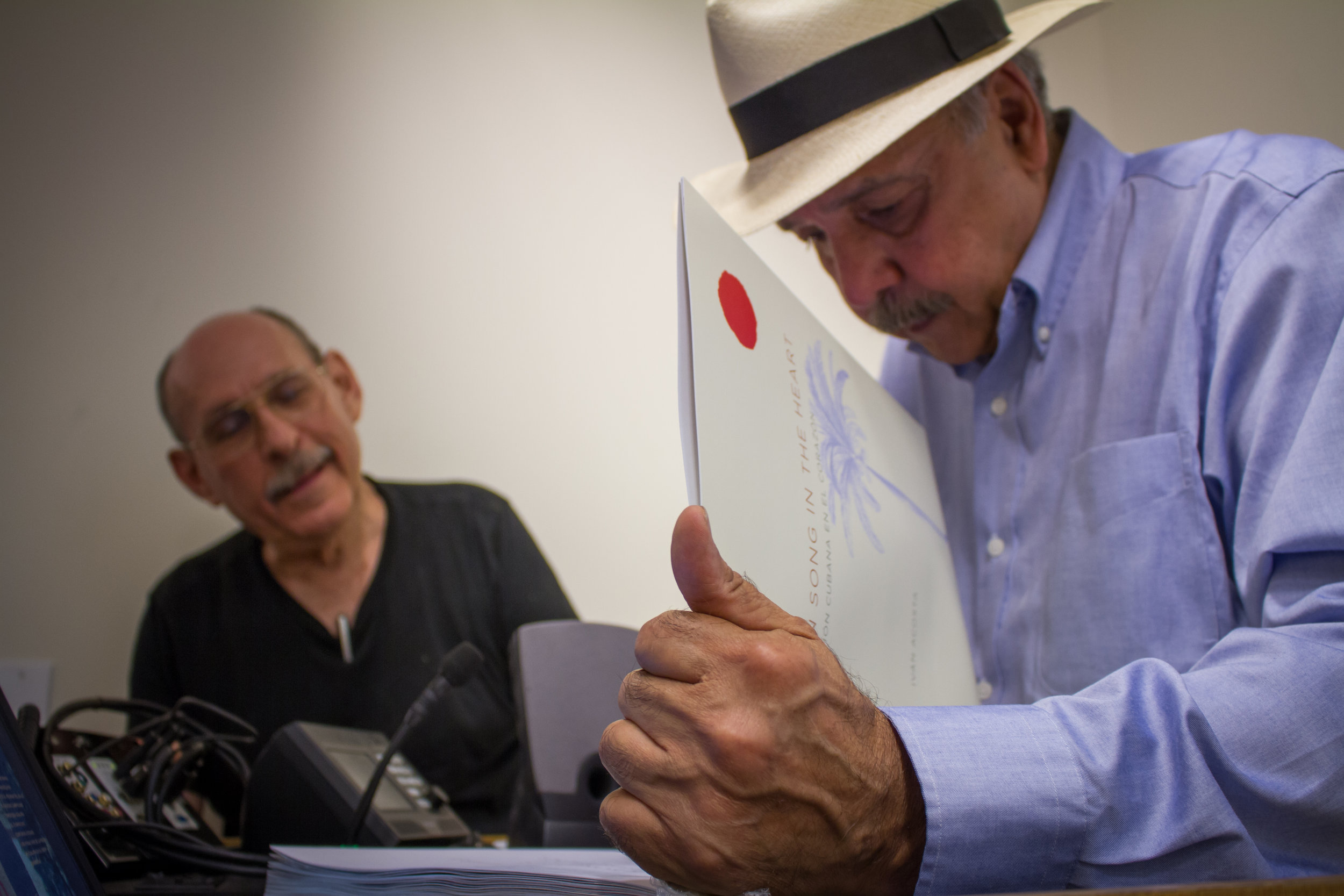
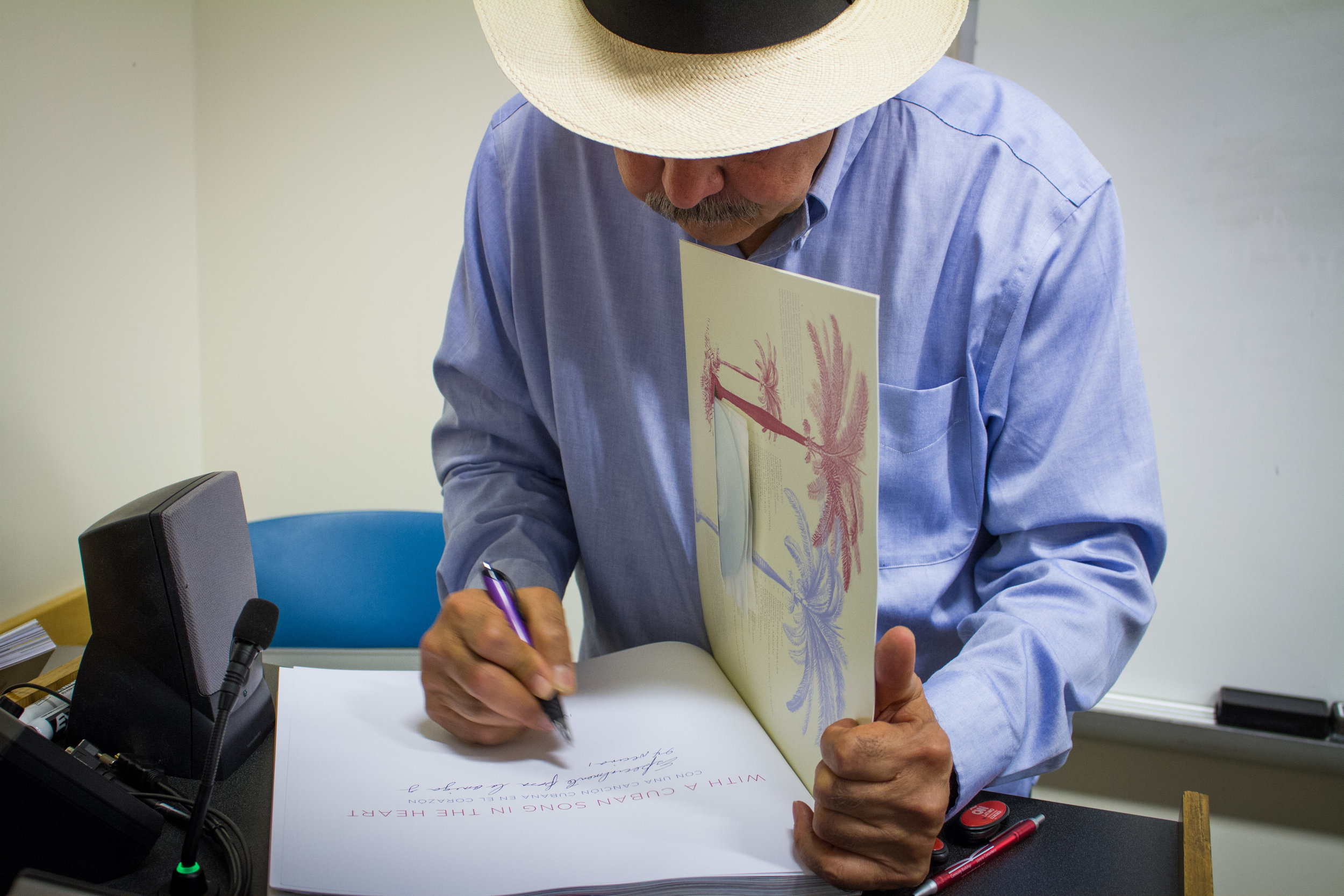
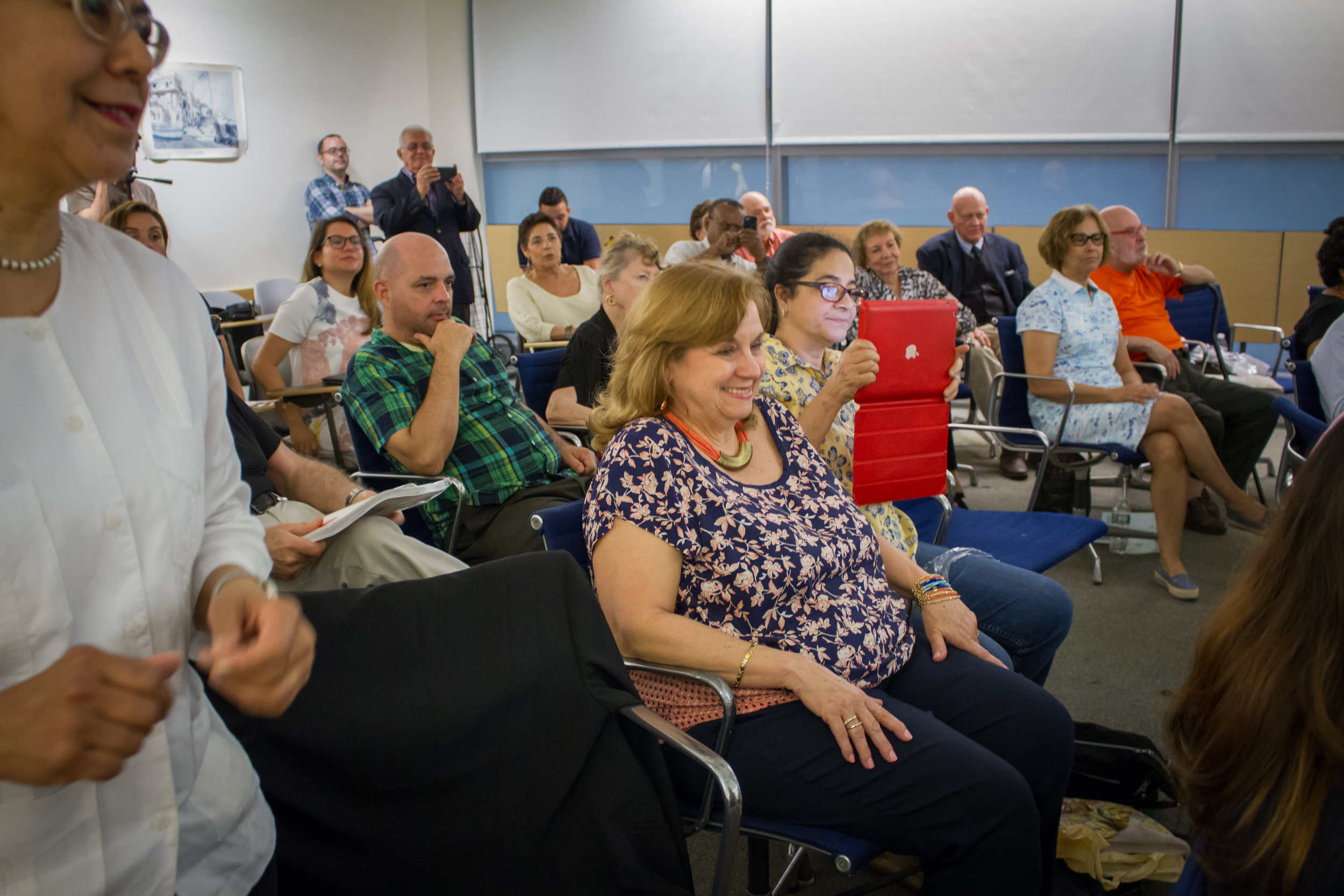

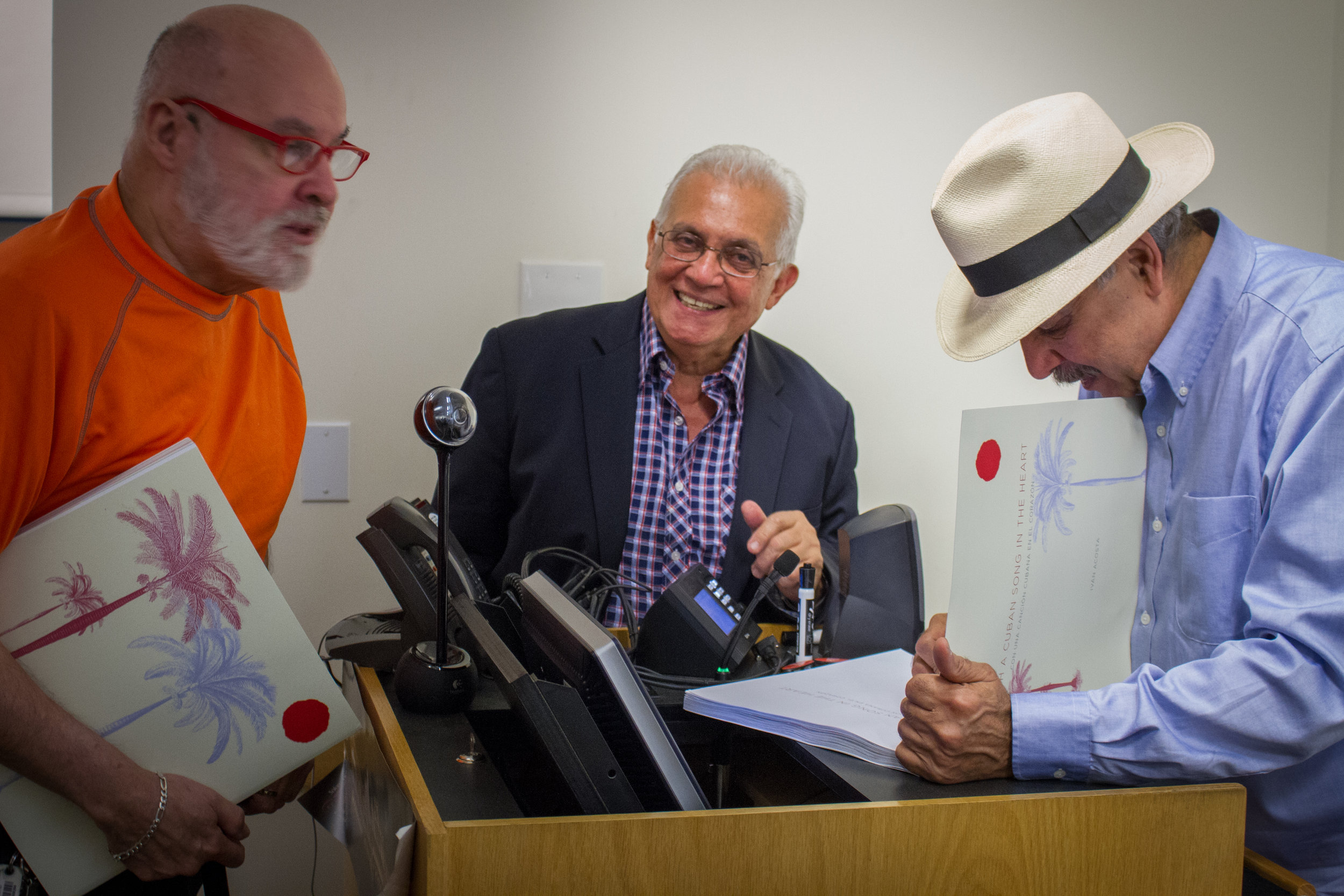
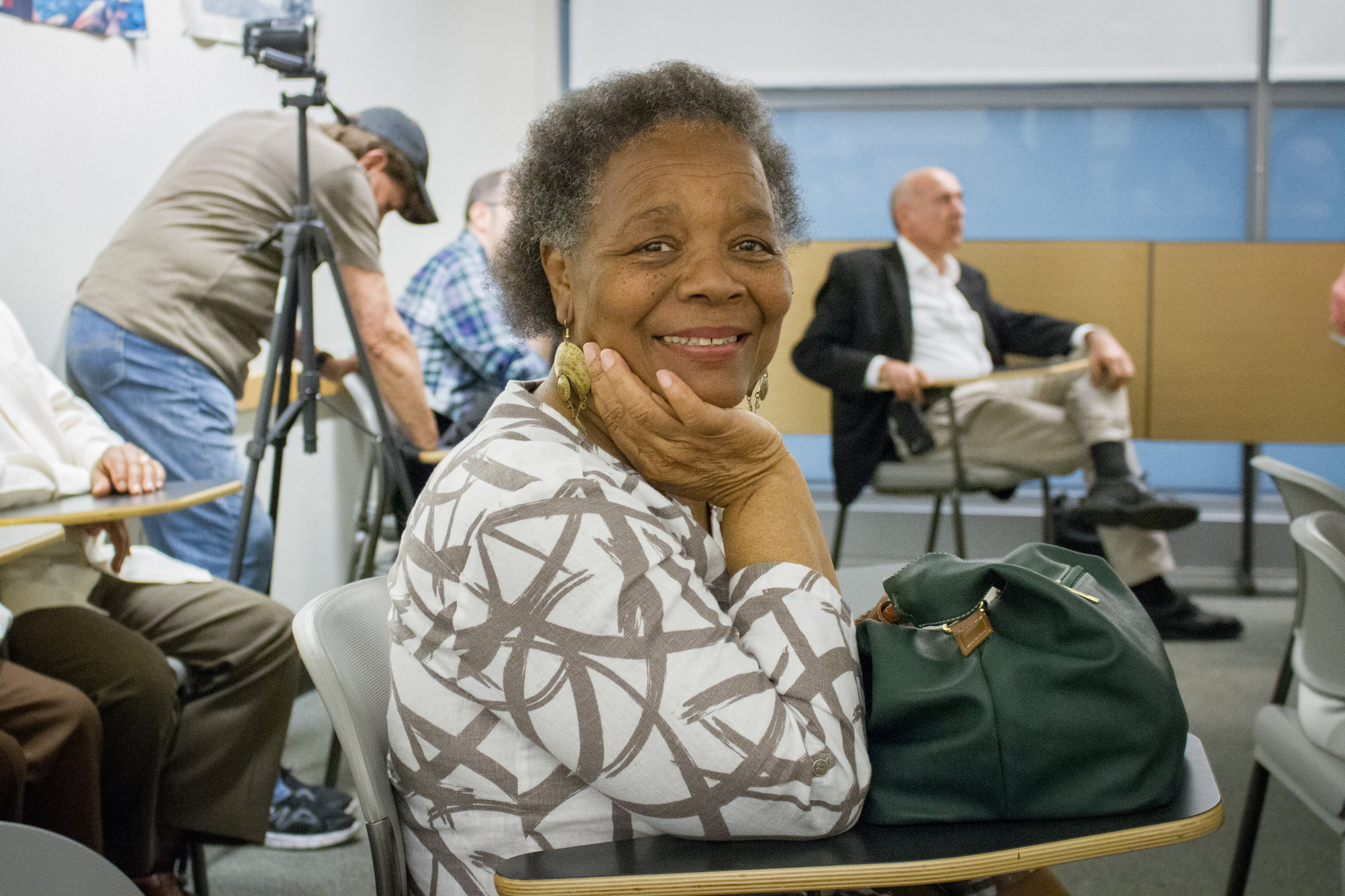
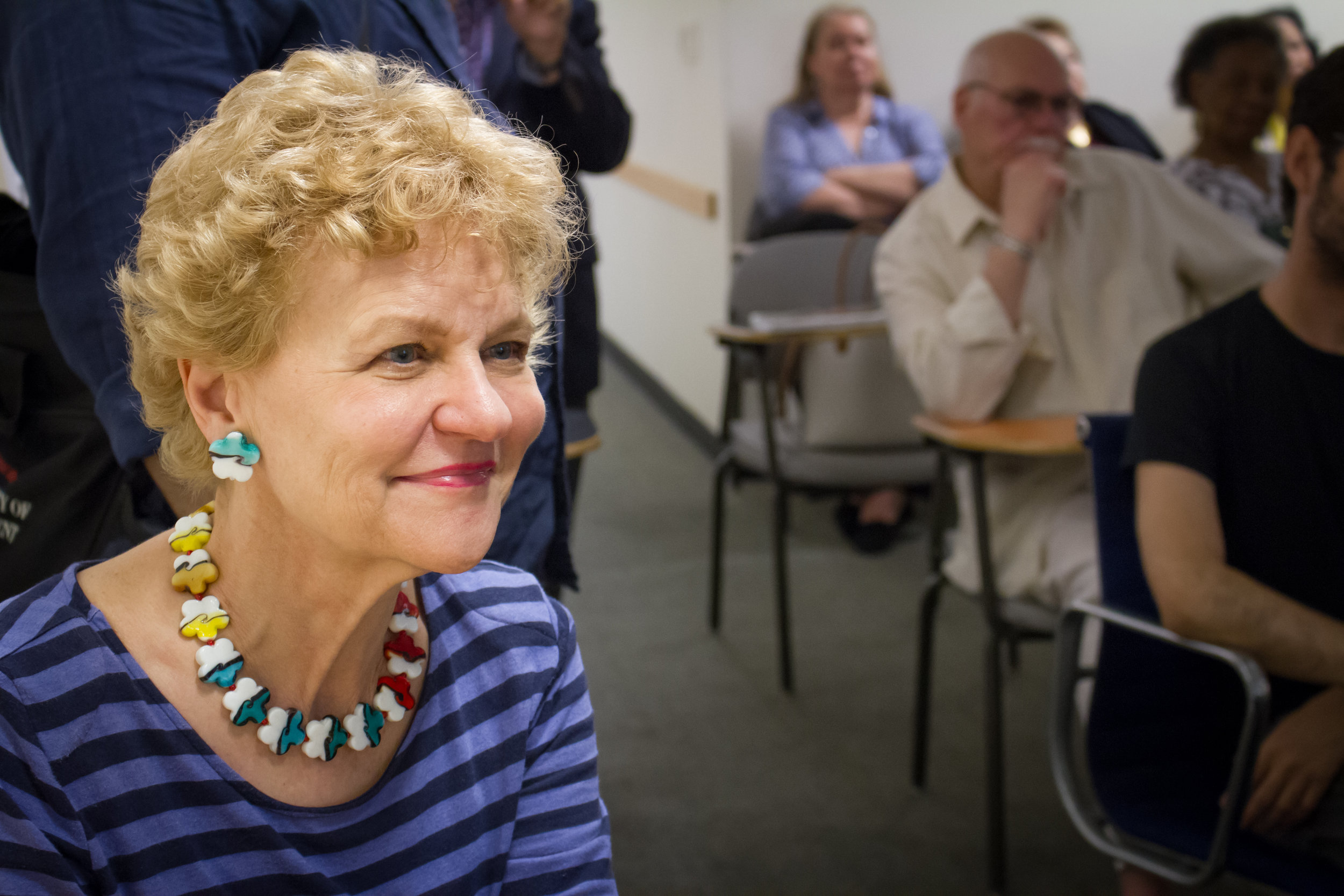
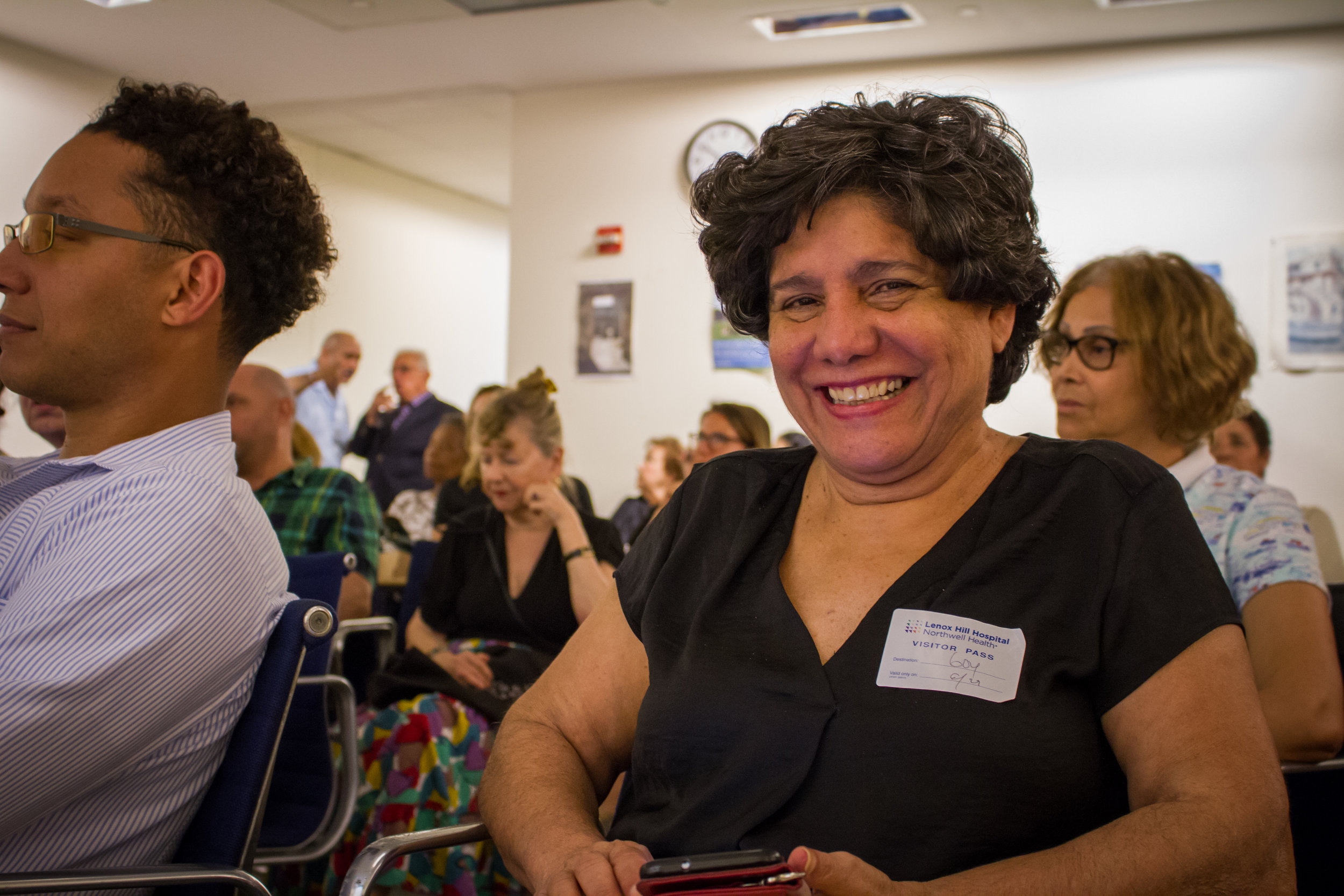
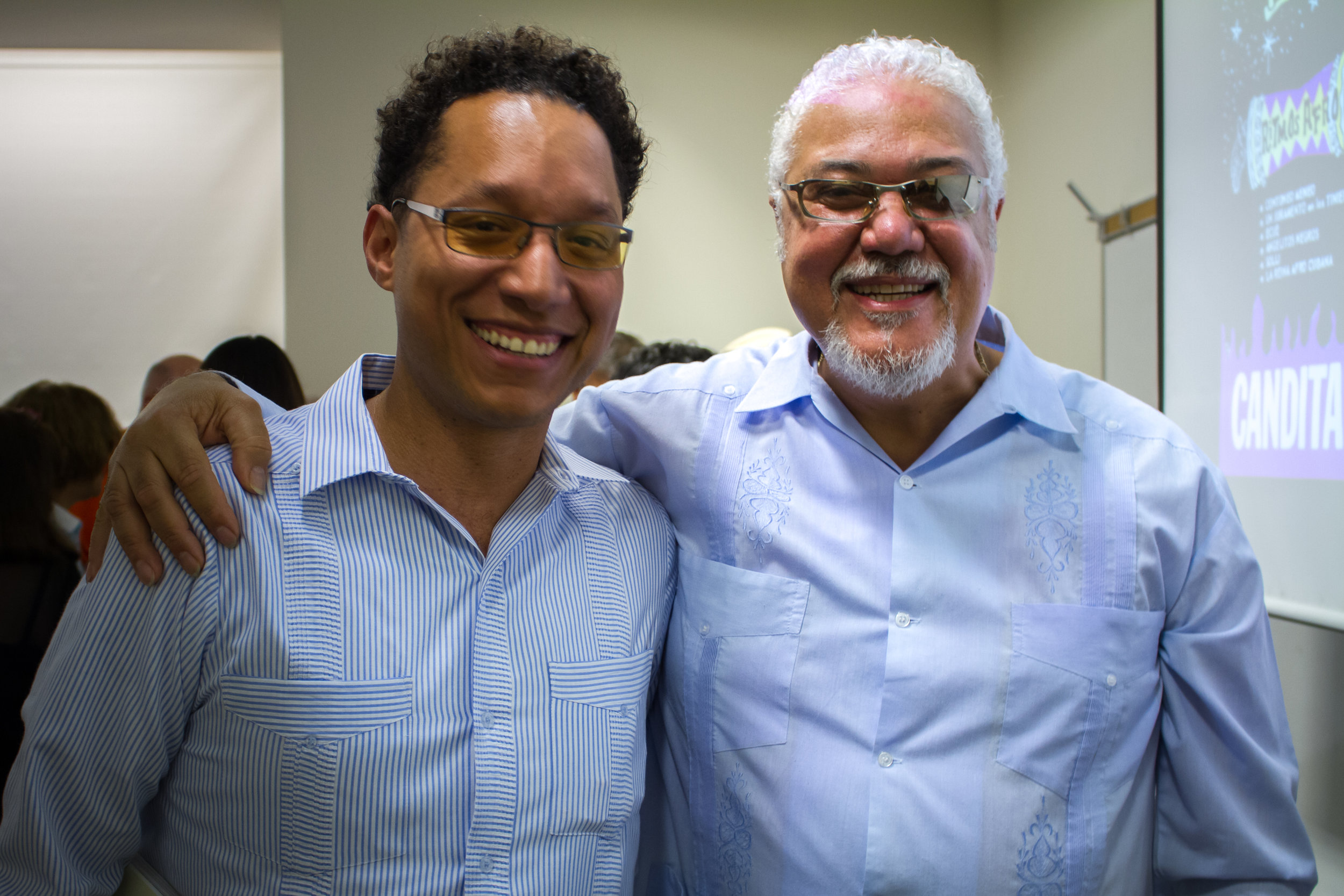
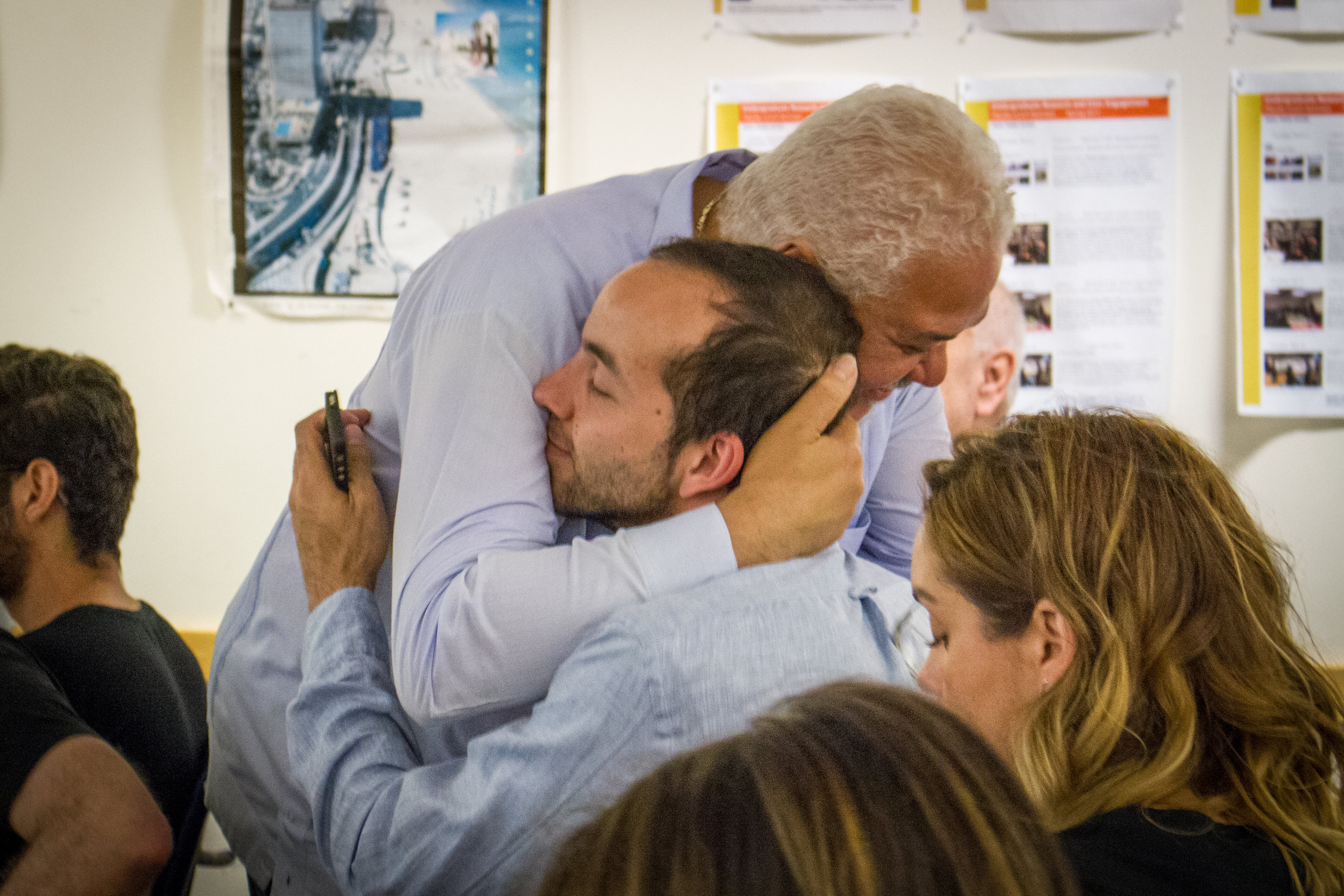
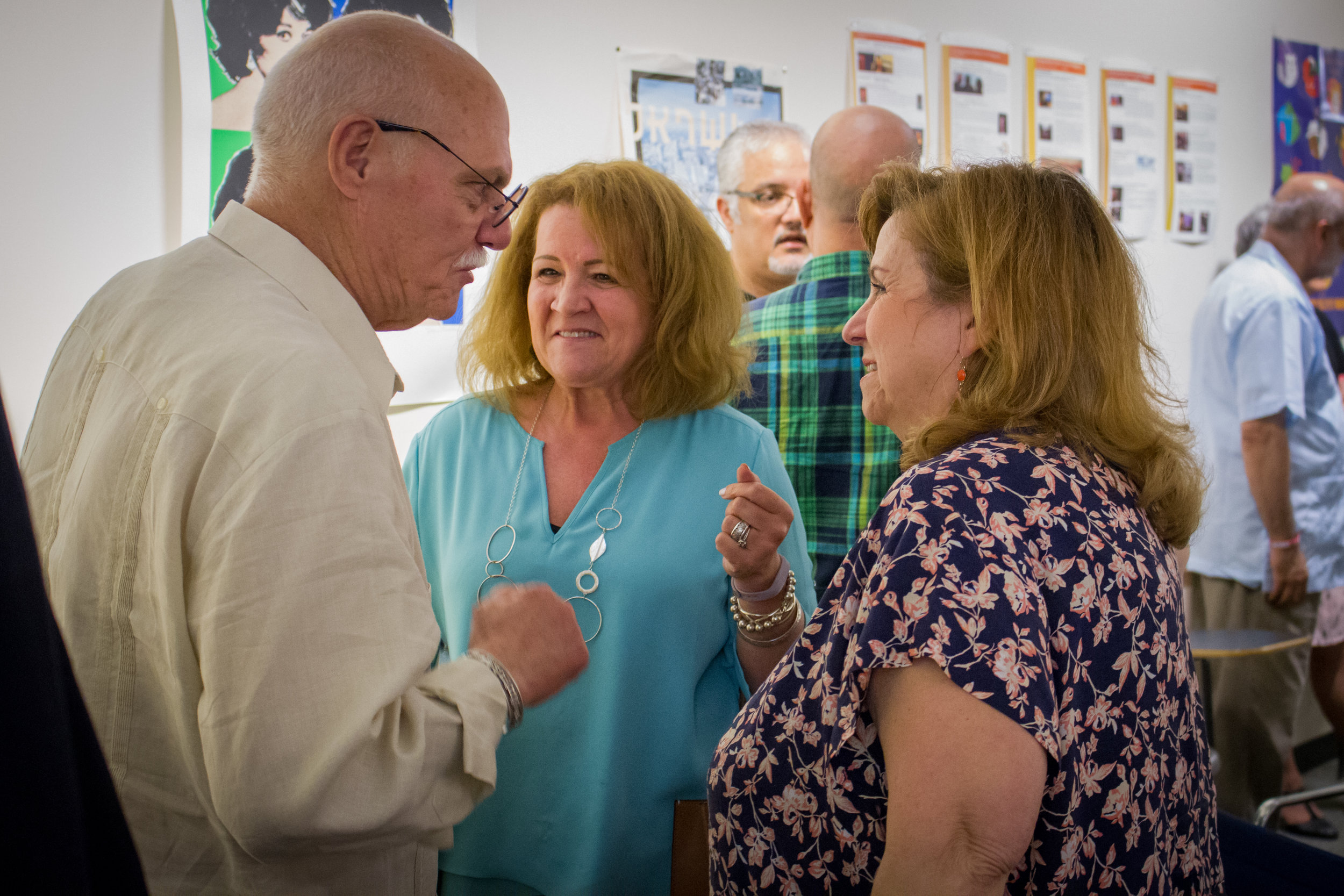
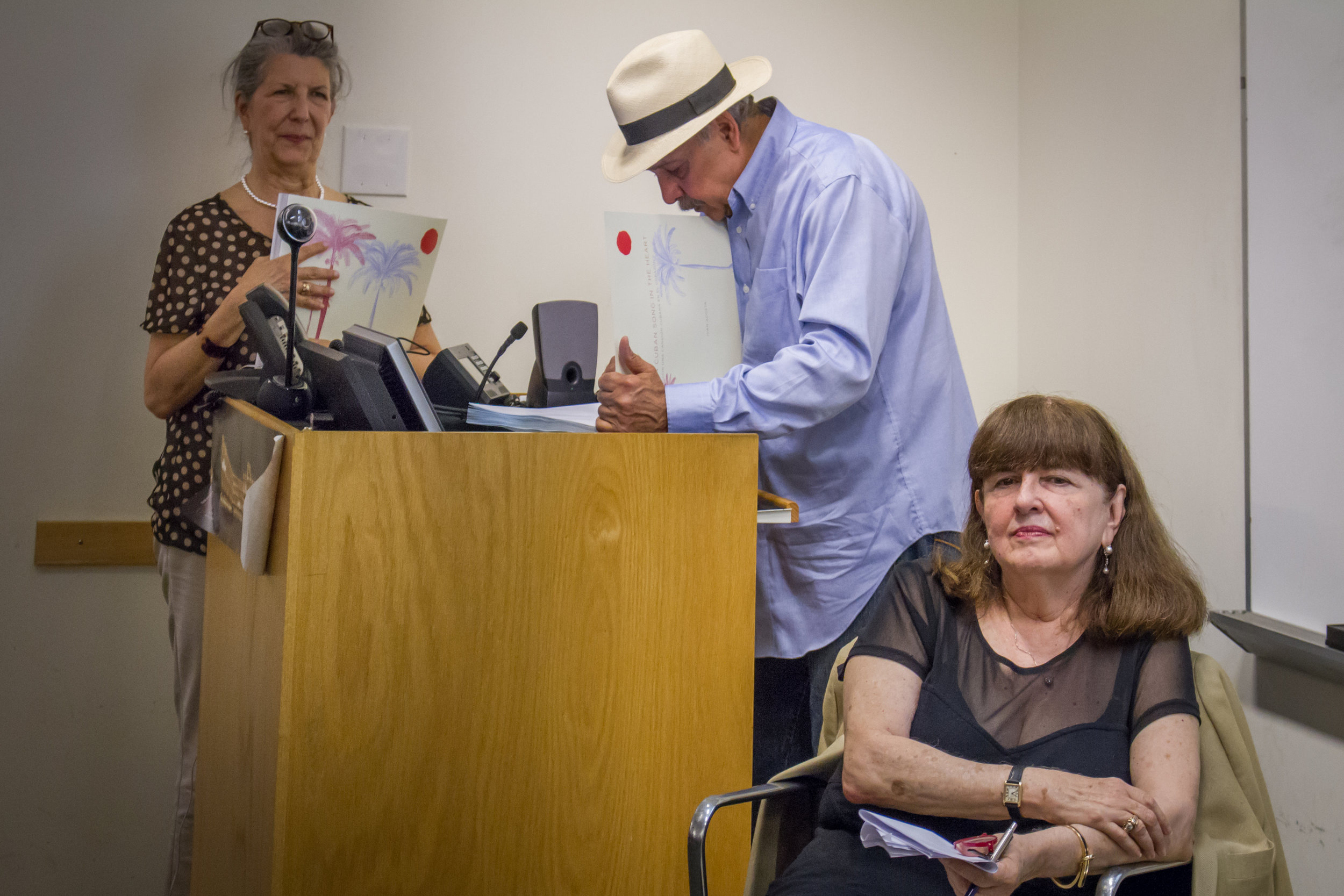

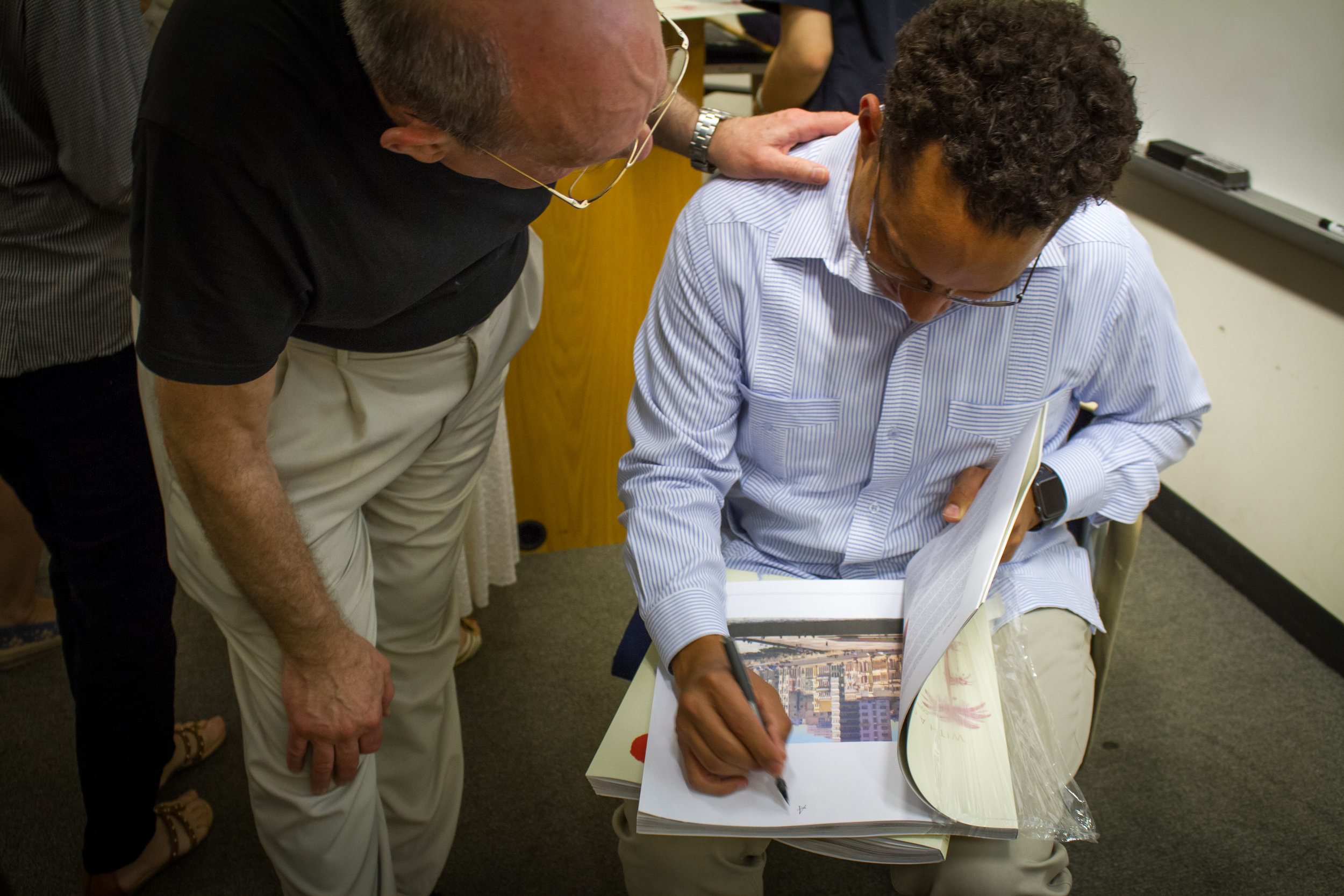
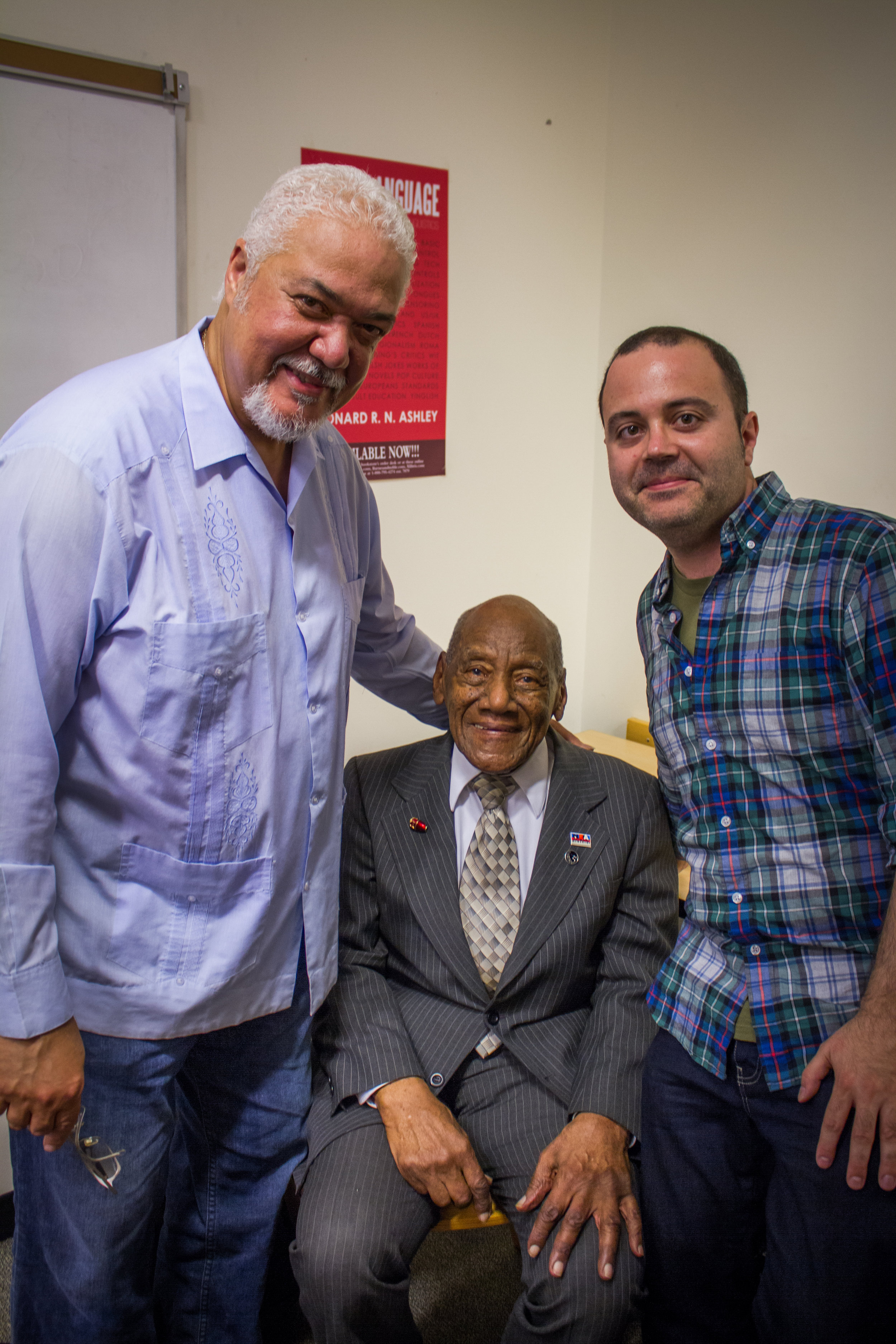
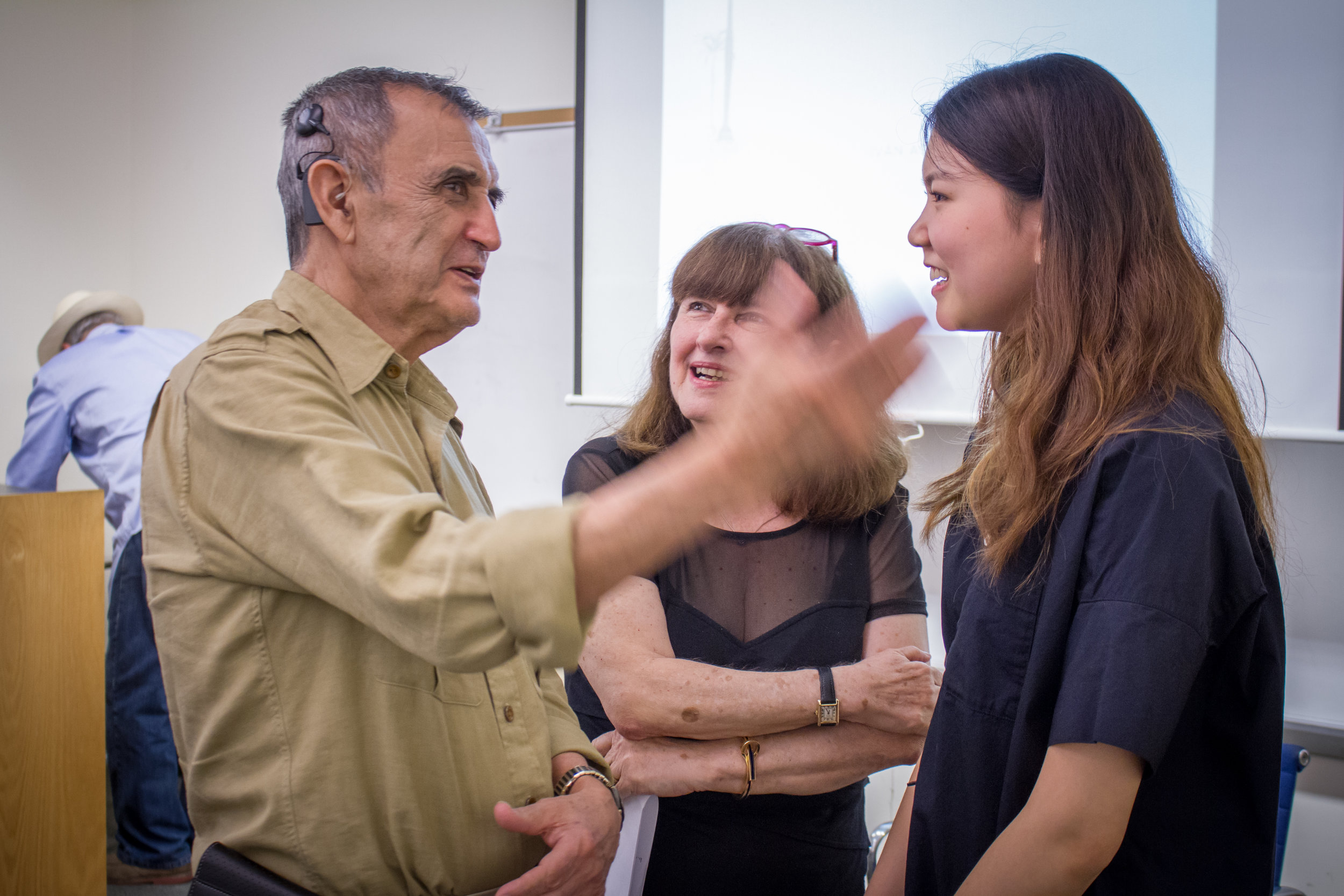
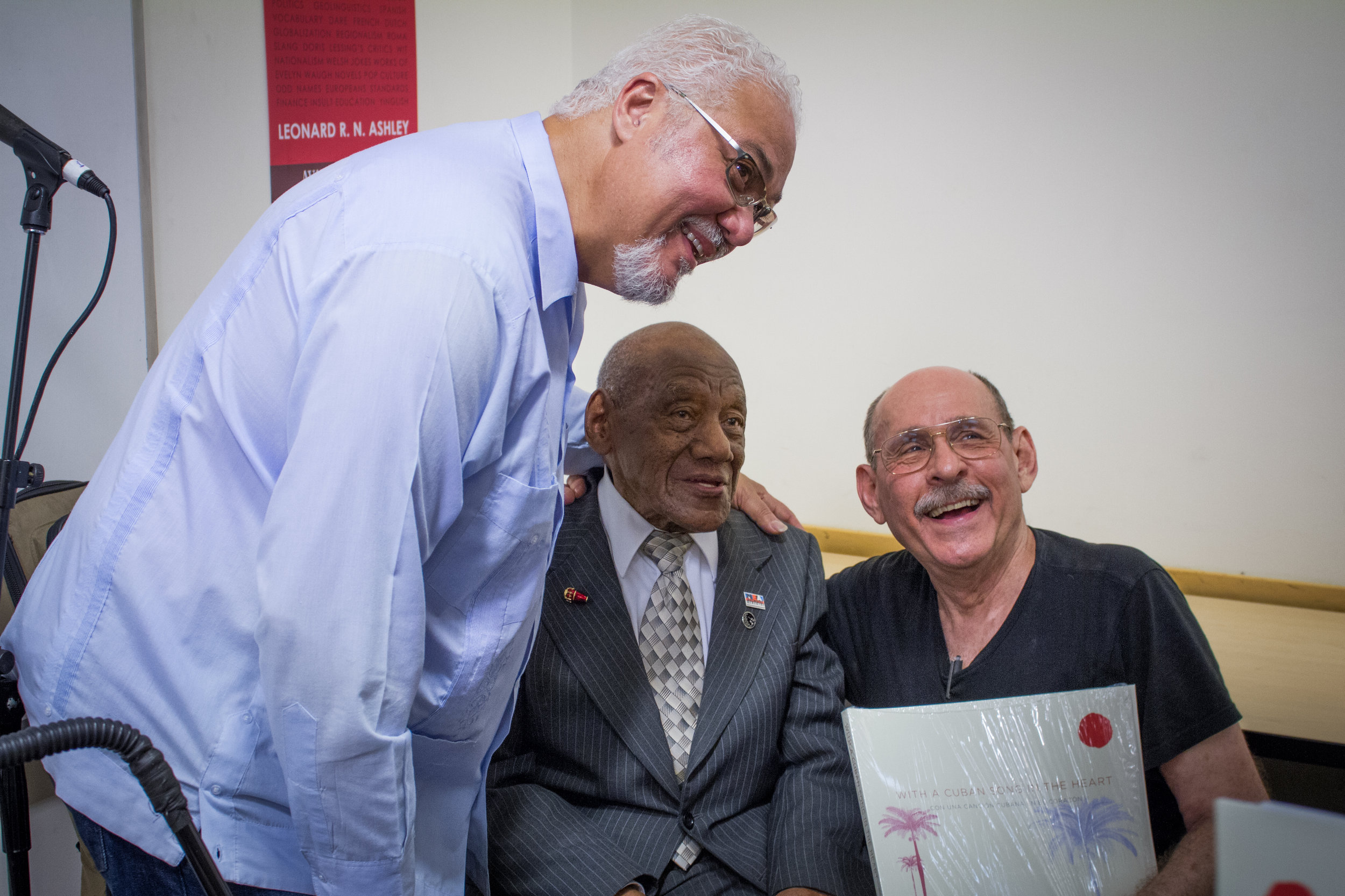
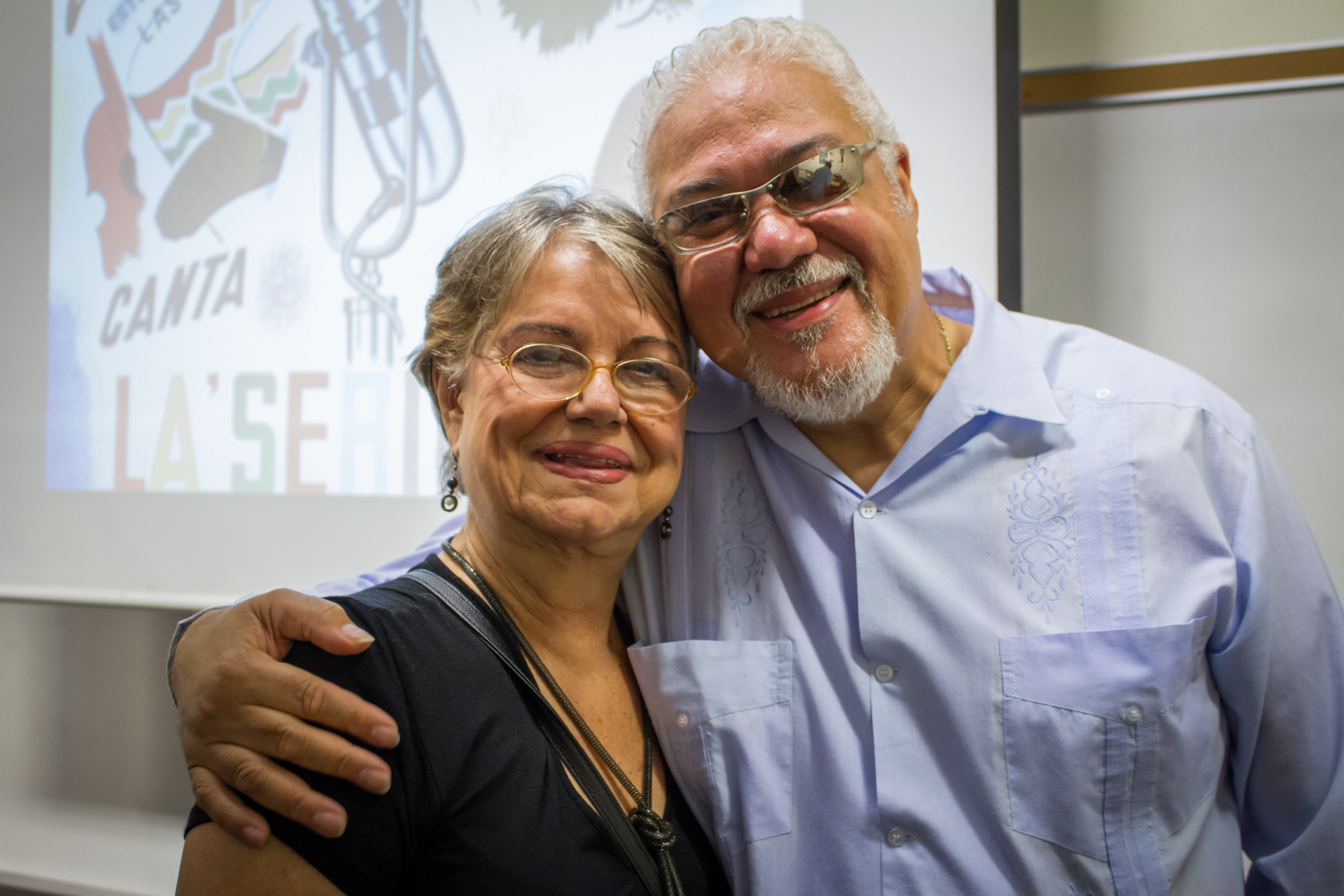

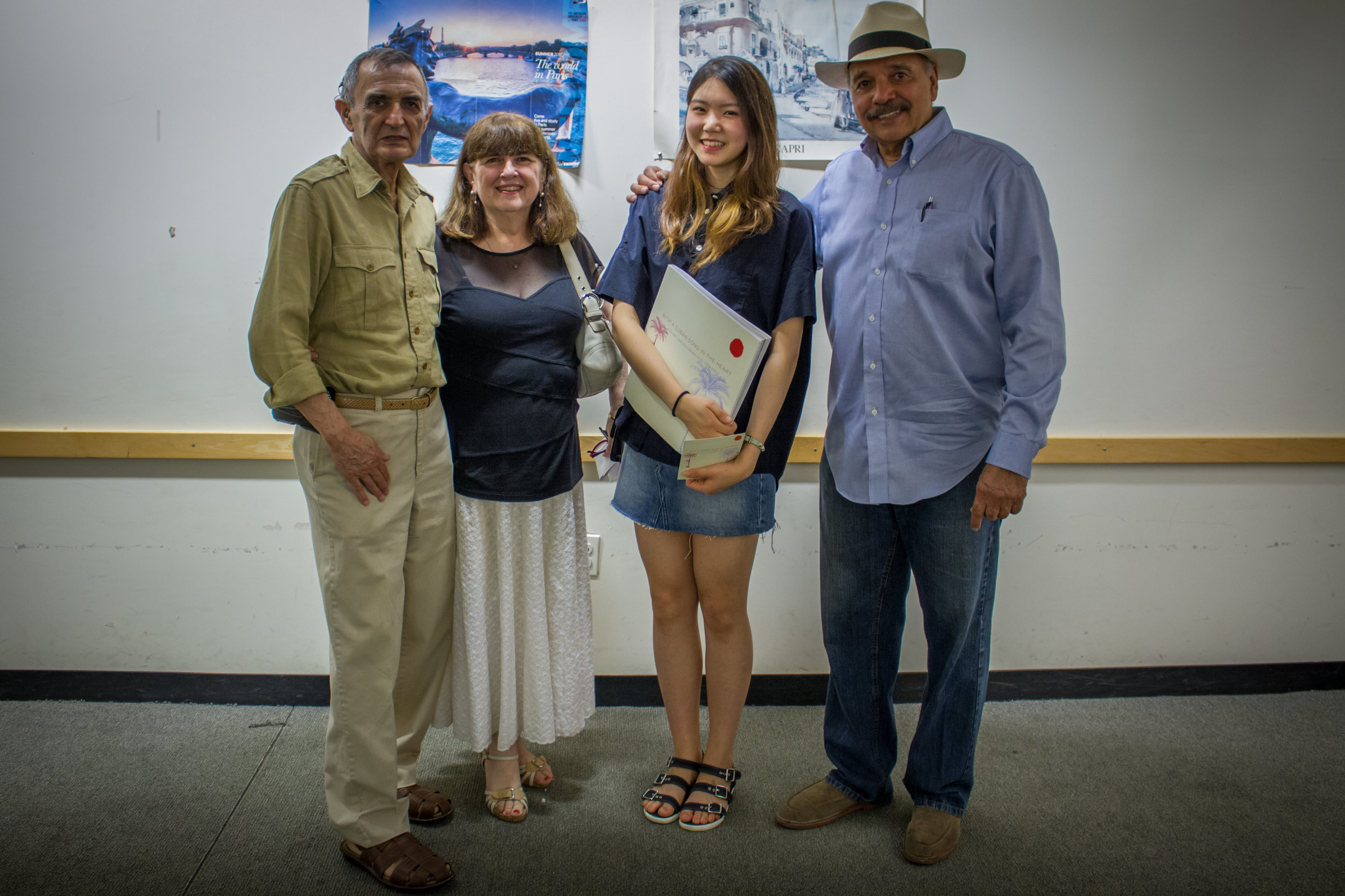
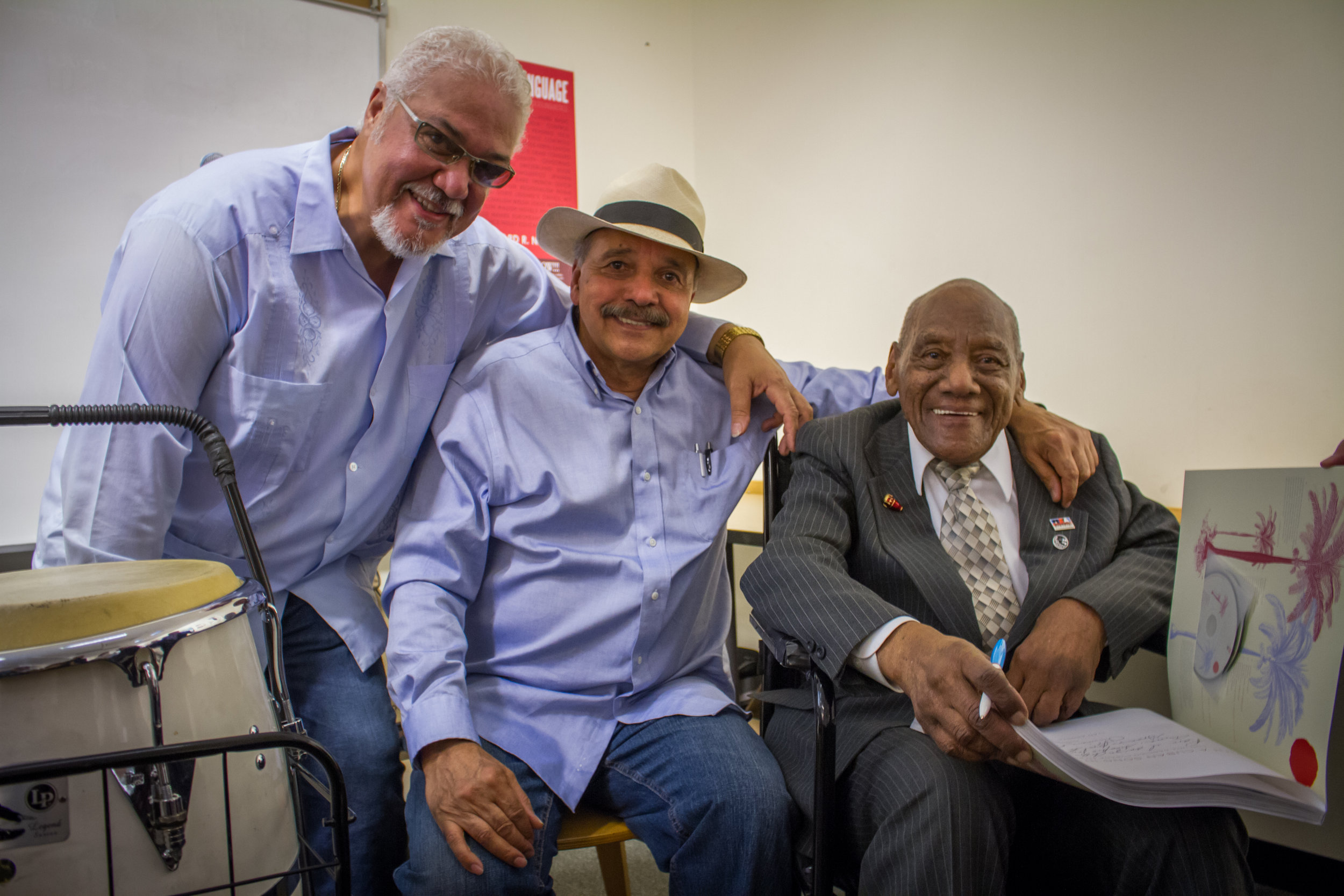
CON UNA CANCIÓN CUBANA EN EL CORAZÓN @ CENTRO CULTURAL CUBANO DE NUEVA YORK, Baruch College with author Iván Acosta; and many special guests, including musicians David Oquendo, Cándido Camero and Amaury Acosta. Photographs courtesy of Ilaria D'Alessandro.
Iván left Cuba with his family on a hot afternoon in August 1961 when he was sixteen years old. Thirty-one people jammed onto a ninety-two-foot boat, fully aware that they could be shot or spend the next twenty years in prison if caught. Or they could drown if their boat drifted into the raging tropical storm sweeping across the Caribbean at the very moment of their departure.
To escape one’s country in the face of such danger takes enormous courage. Most people do not abandon what they know well, even when oppressed. The risks are too great. But let’s assume your parents made such a decision and told you there were only minutes to gather your things. What would you grab to remind you of the life you left behind? A doll? A toy? A ring?
Iván reached for two 12-inch long-playing records, one by Luis Bravo and the other by Ramón Veloz. To take records is both an amazing and fabulous choice. It’s a simultaneous act of remembrance and revenge. “You forced me to leave, so I’m taking a part of you, dear Cuba, that you will miss, songs that are yours, rhythms you invented, sounds you created—and there’s nothing you can do to stop me. How dare you make me leave you?”
— Marc Myers (from his Introduction)
Journalist, author, and music historian Marc Myers writes regularly for The Wall Street Journal and is author of the acclaimed best-seller Anatomy of a Song (Grove) and Why Jazz Happened. JazzWax, which he founded in 2007, is a two-time winner of the Jazz Journalists Association's best blog award.


